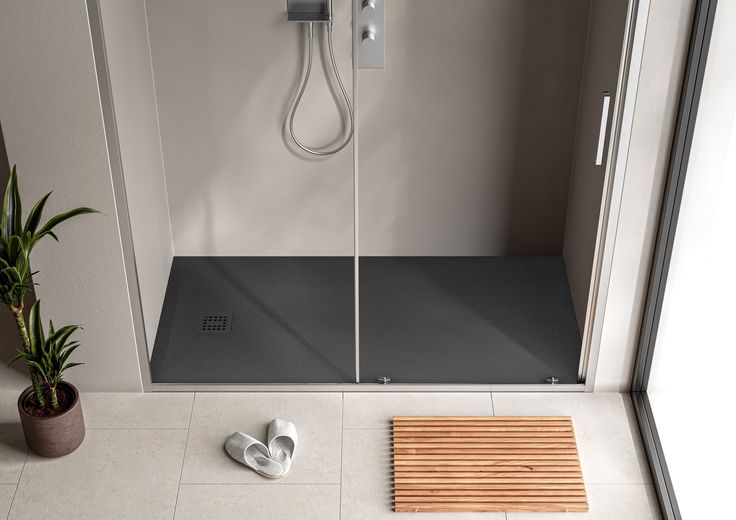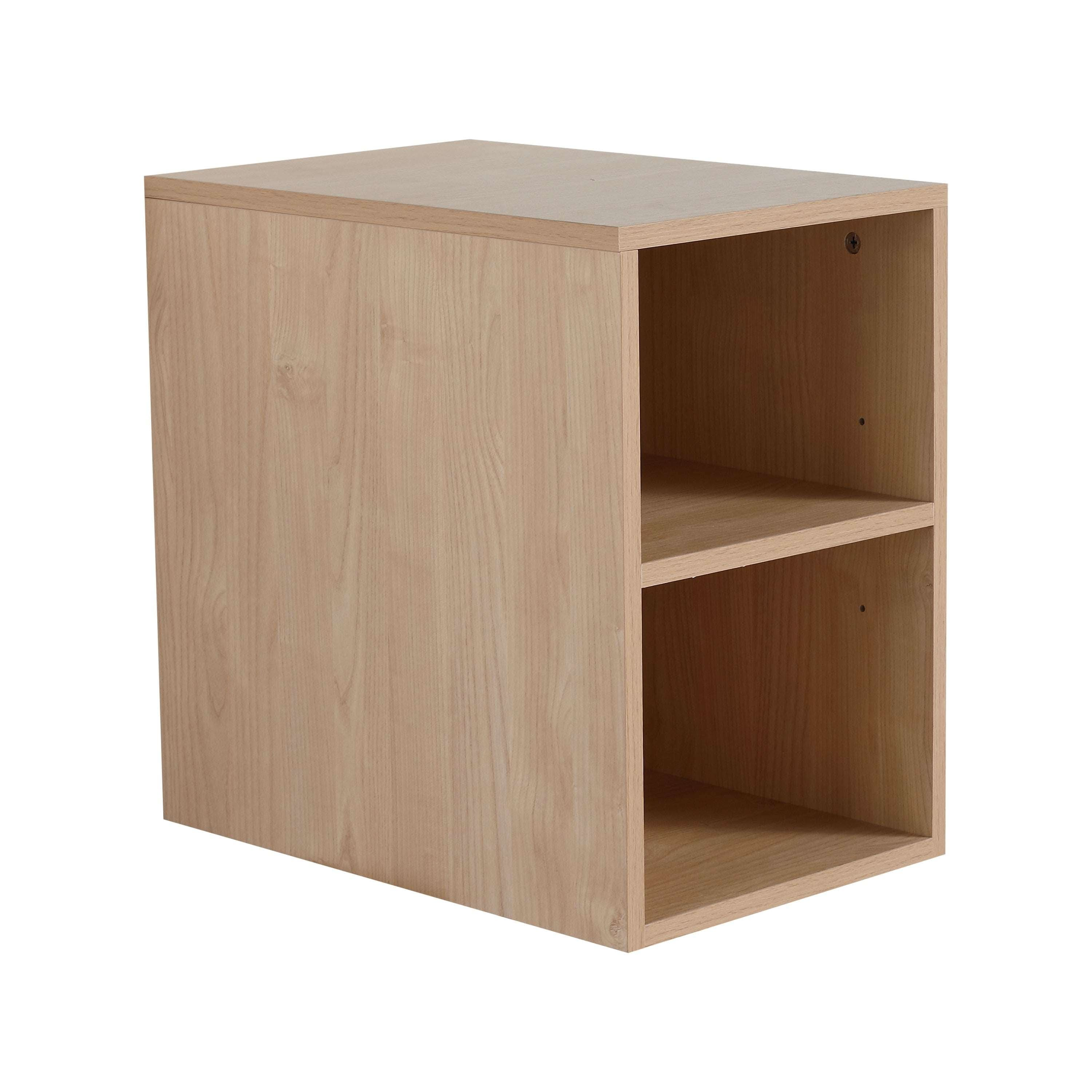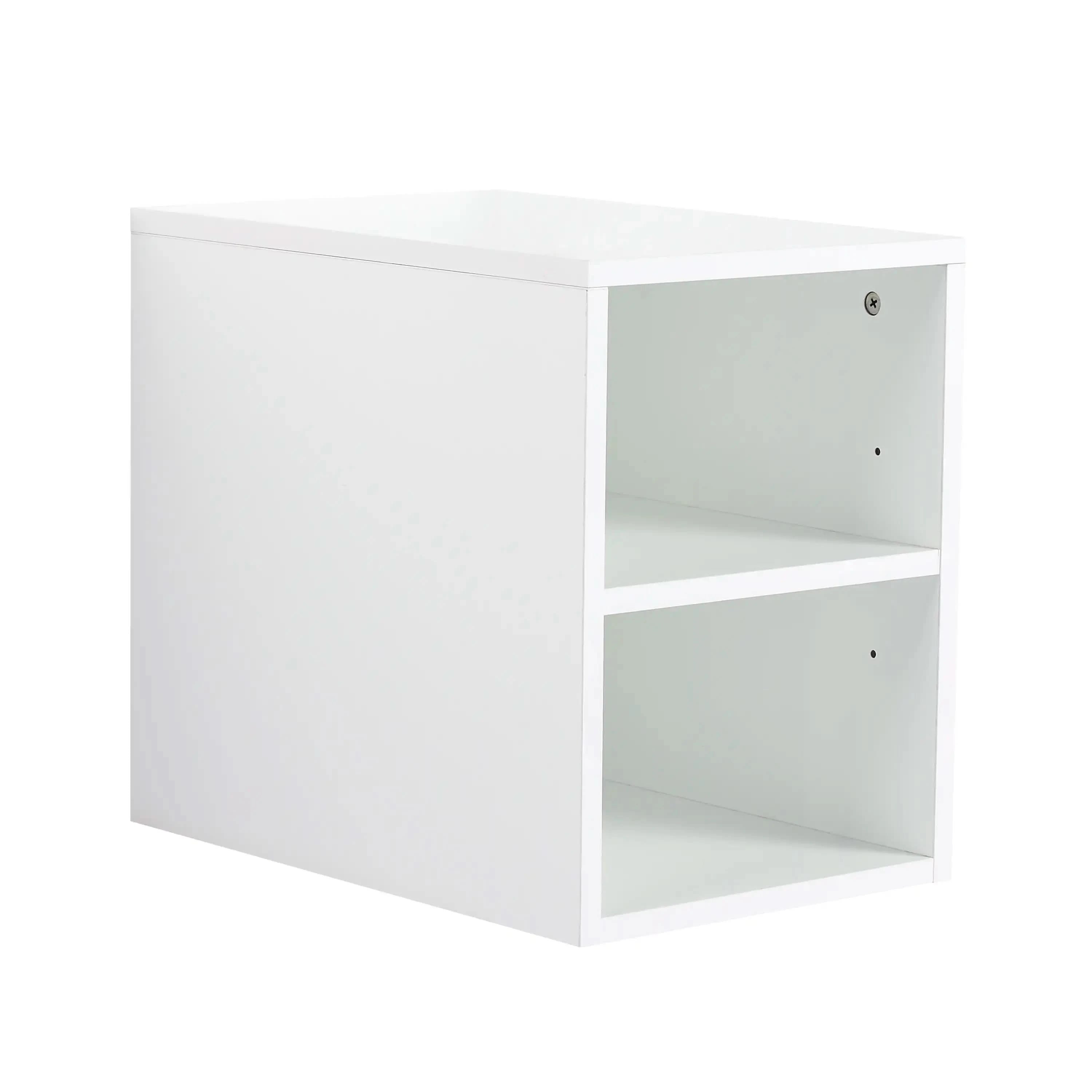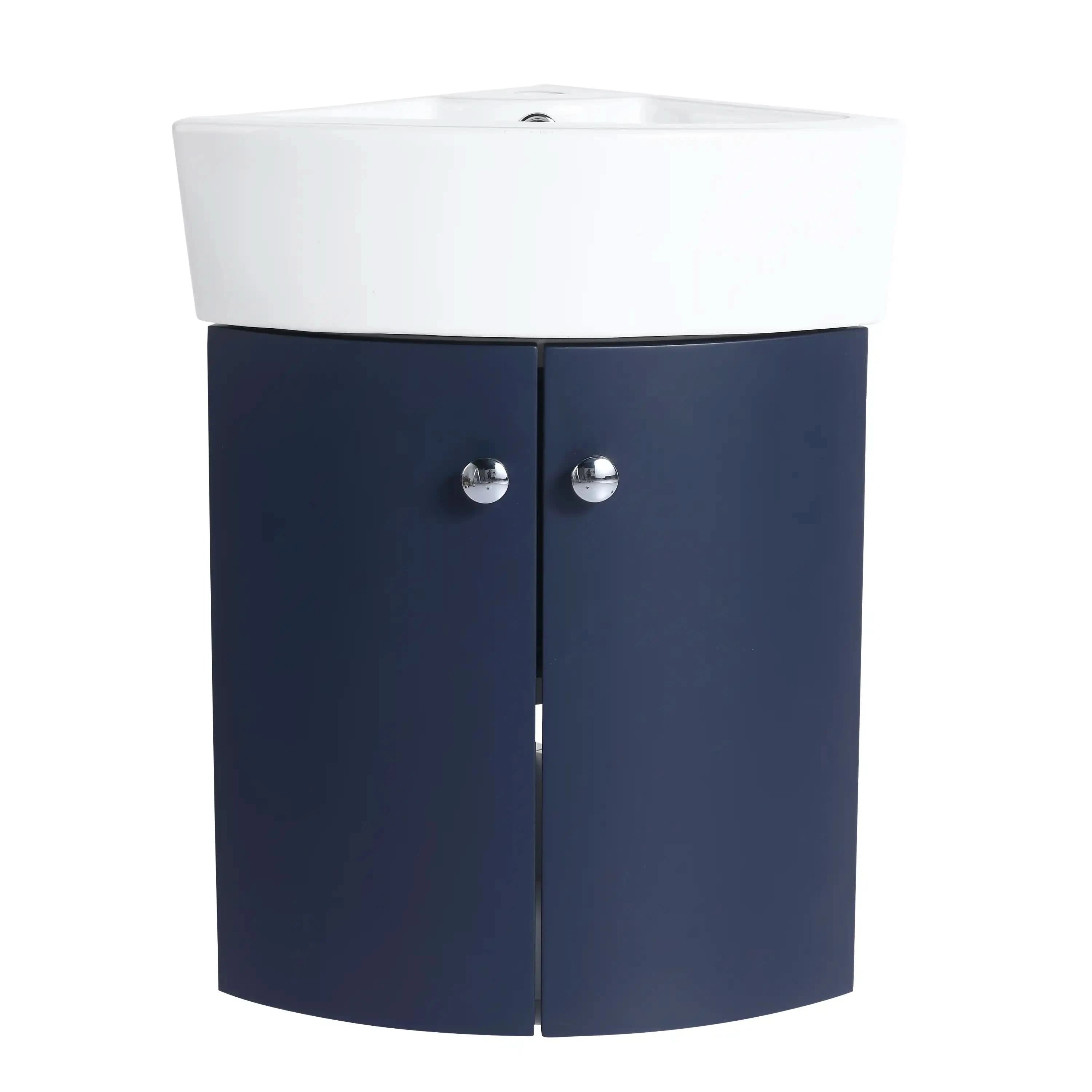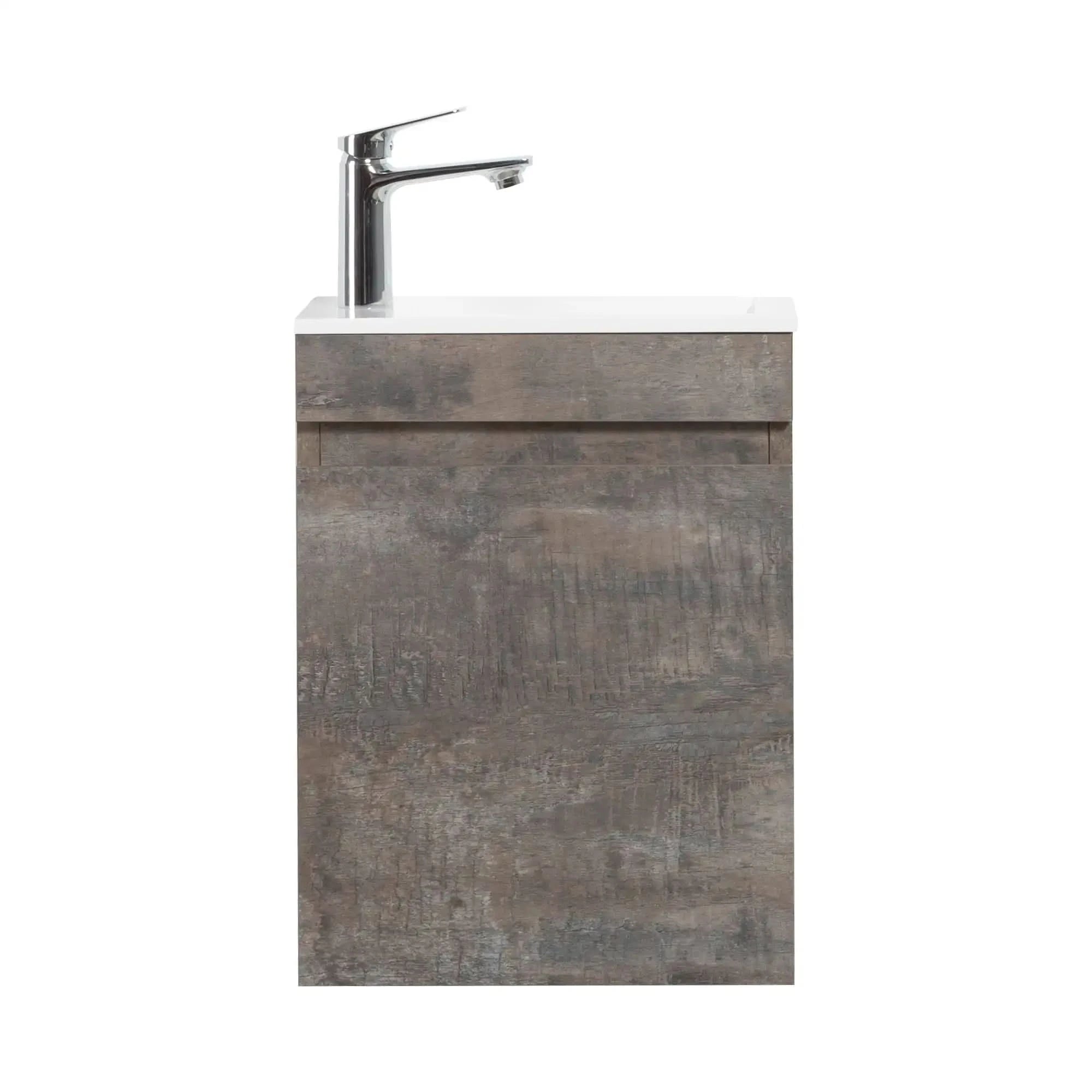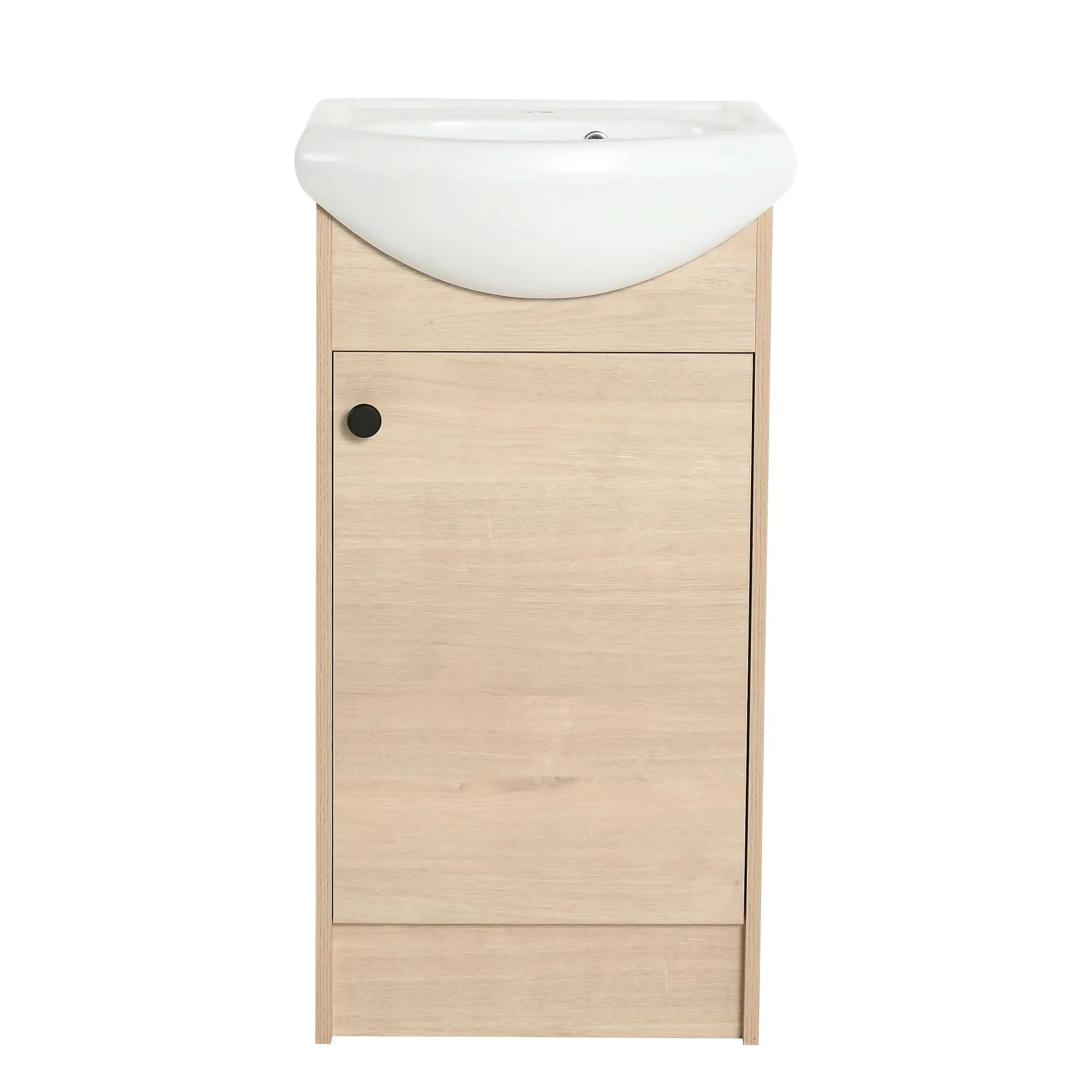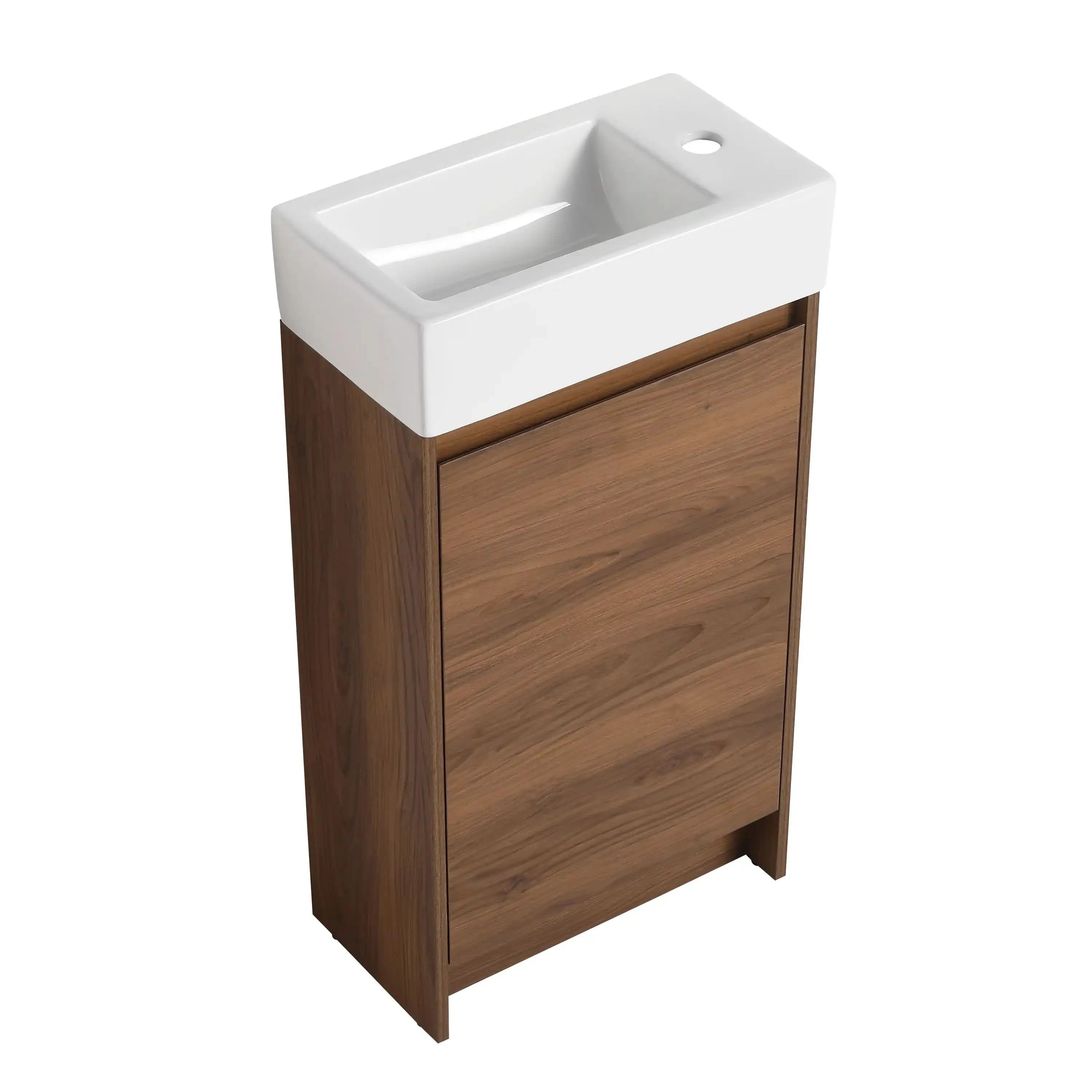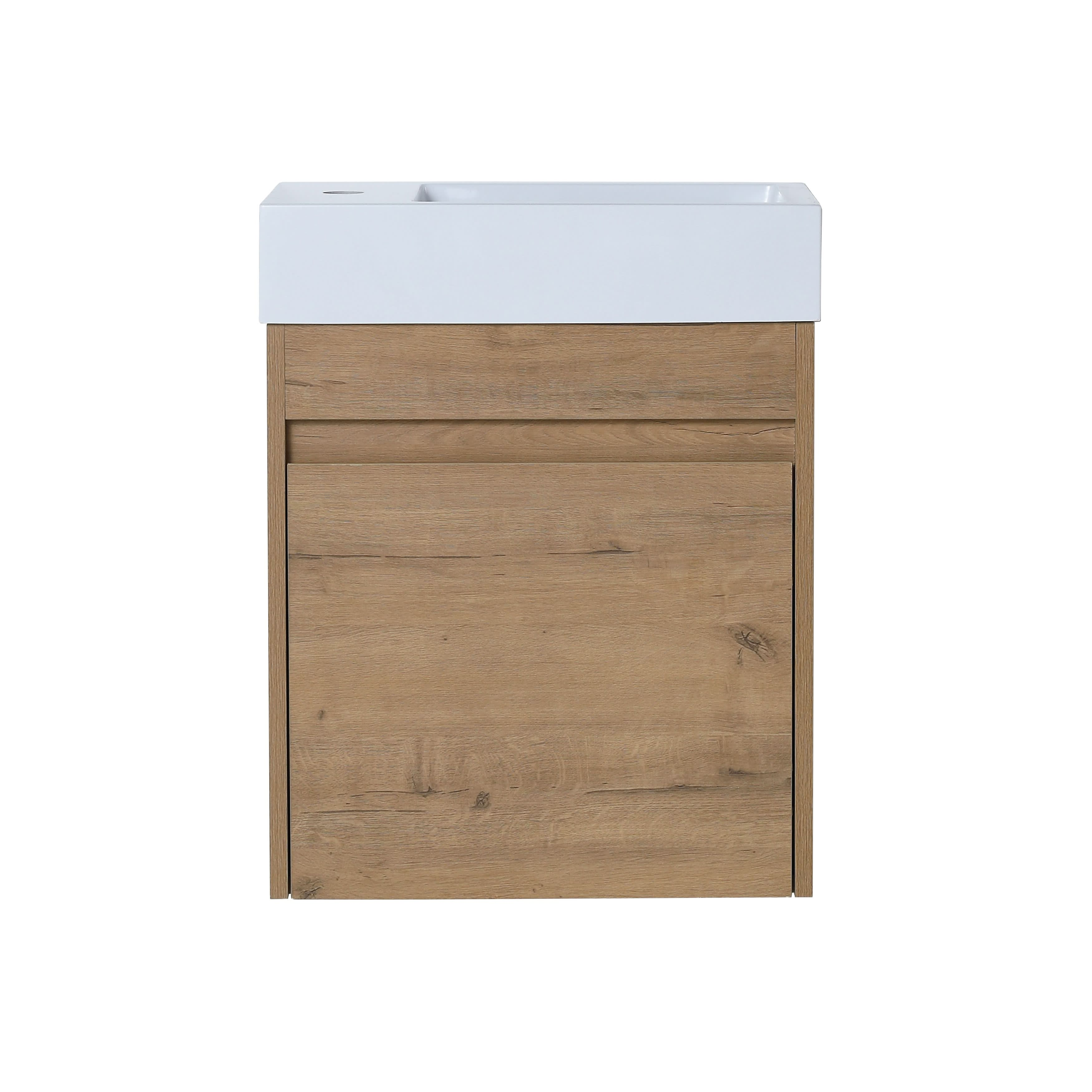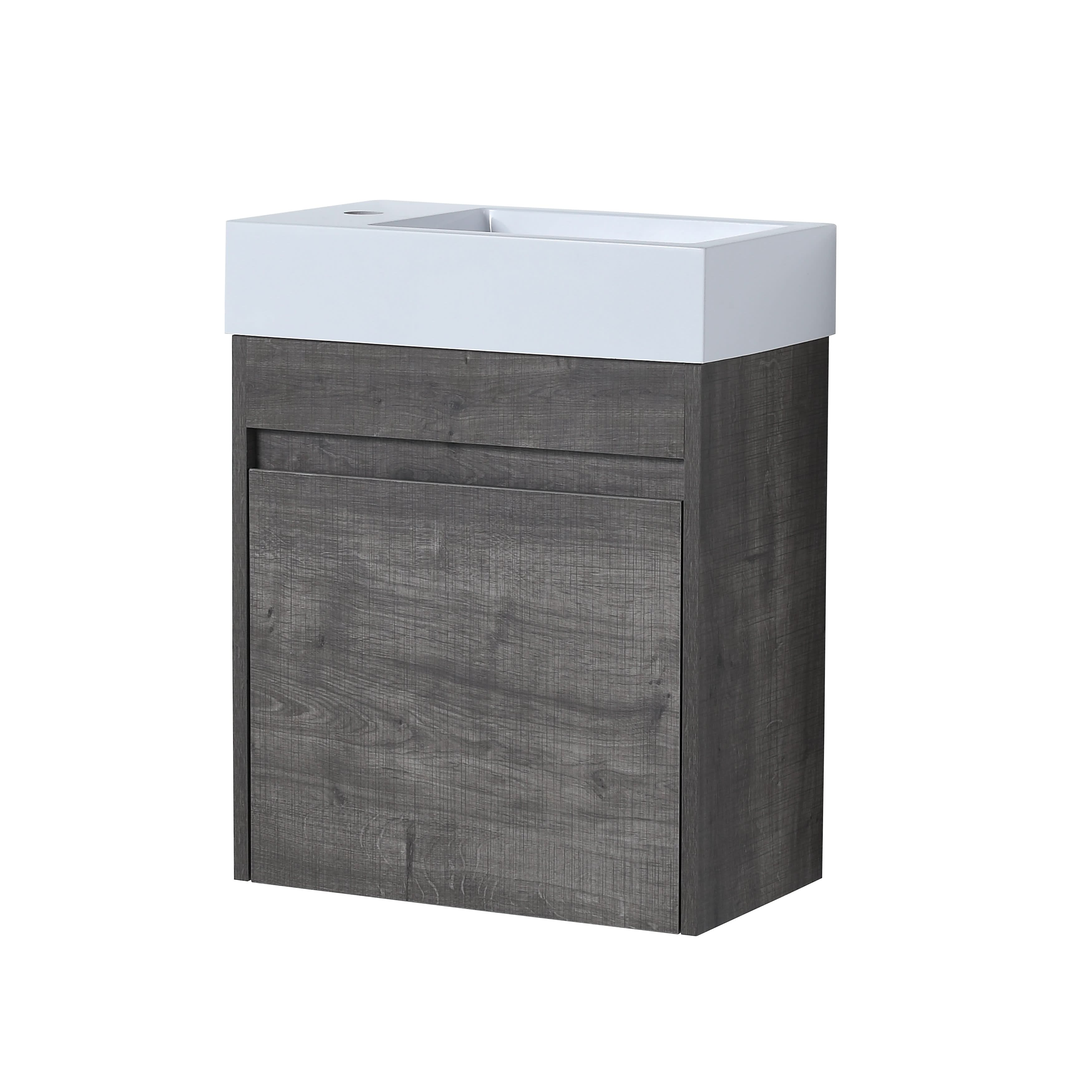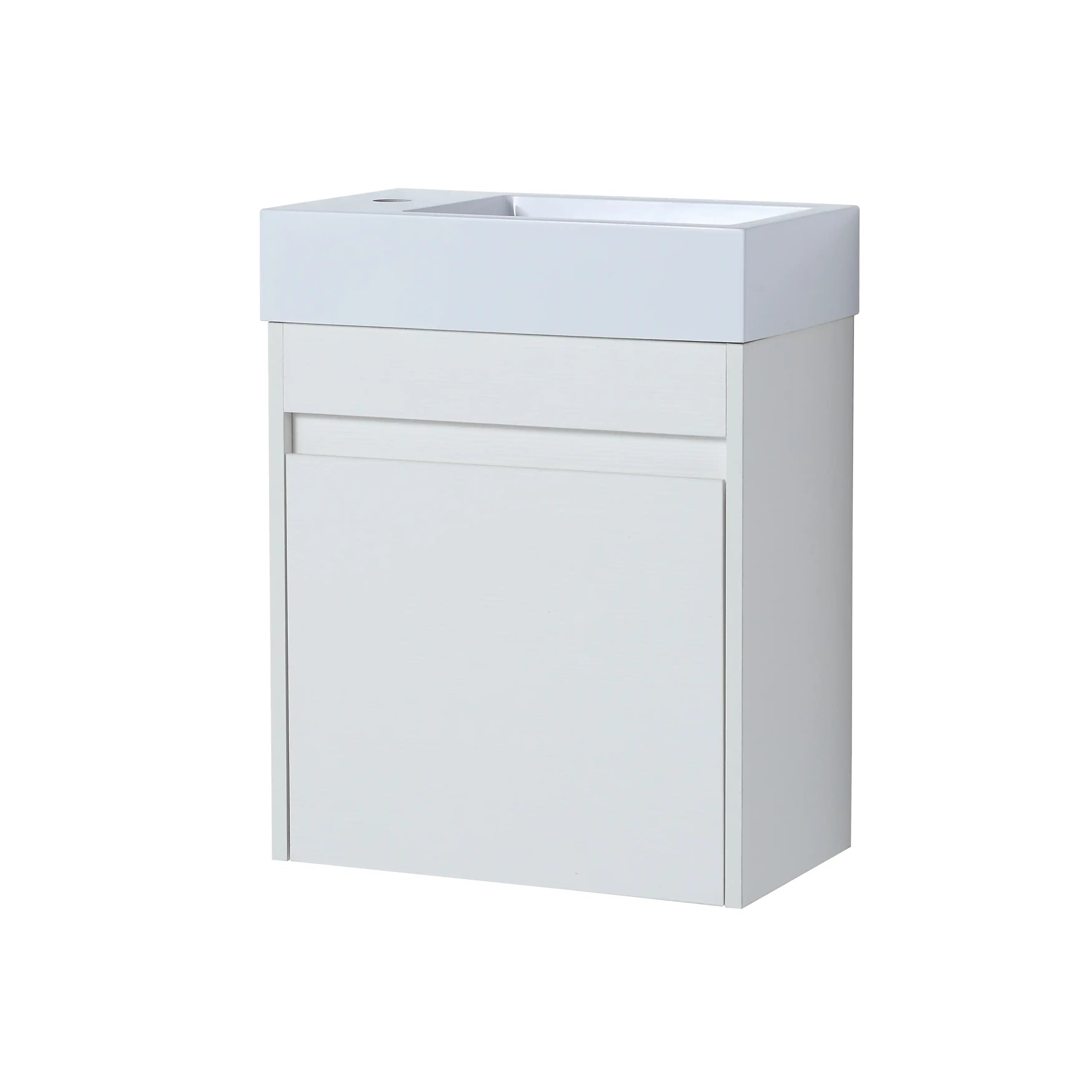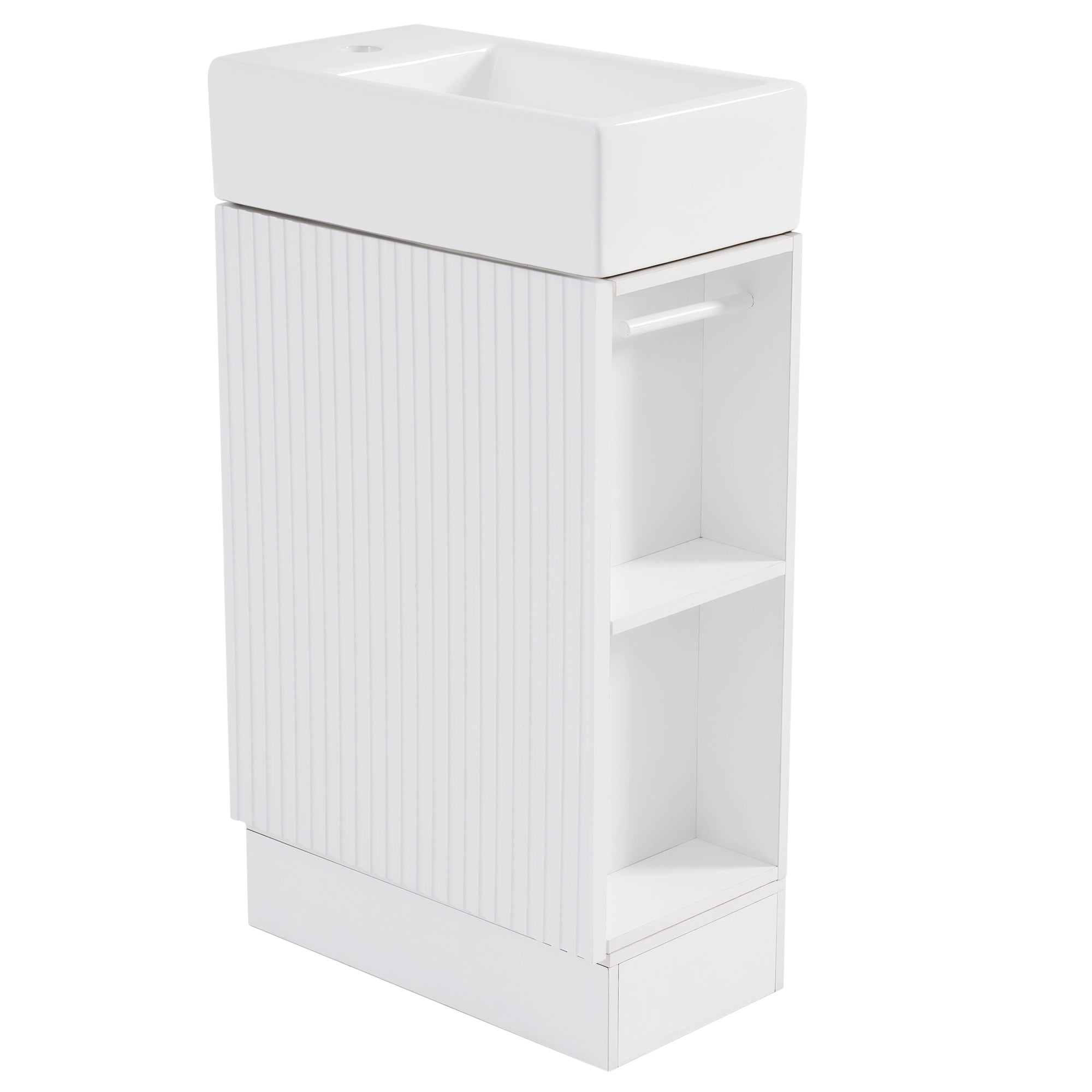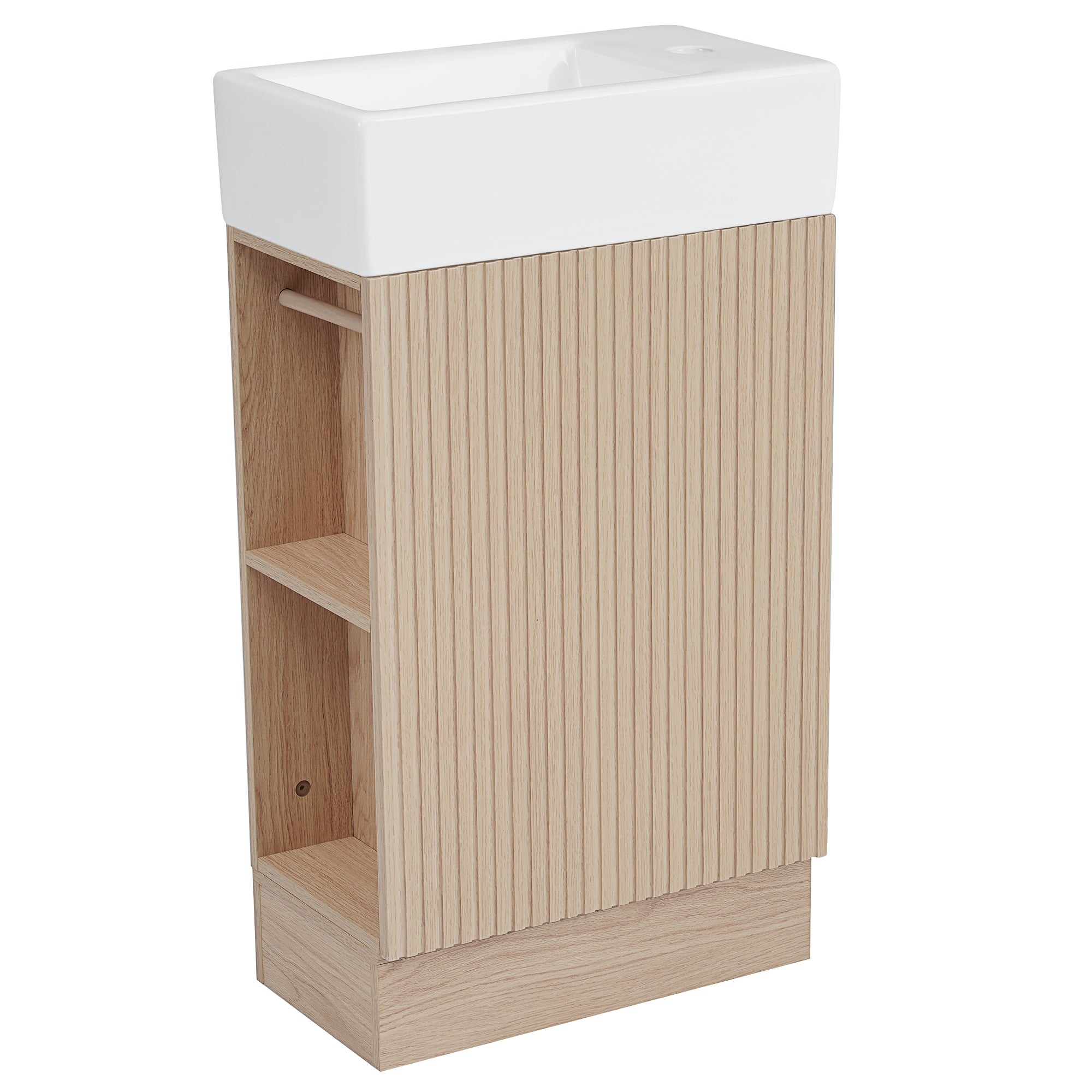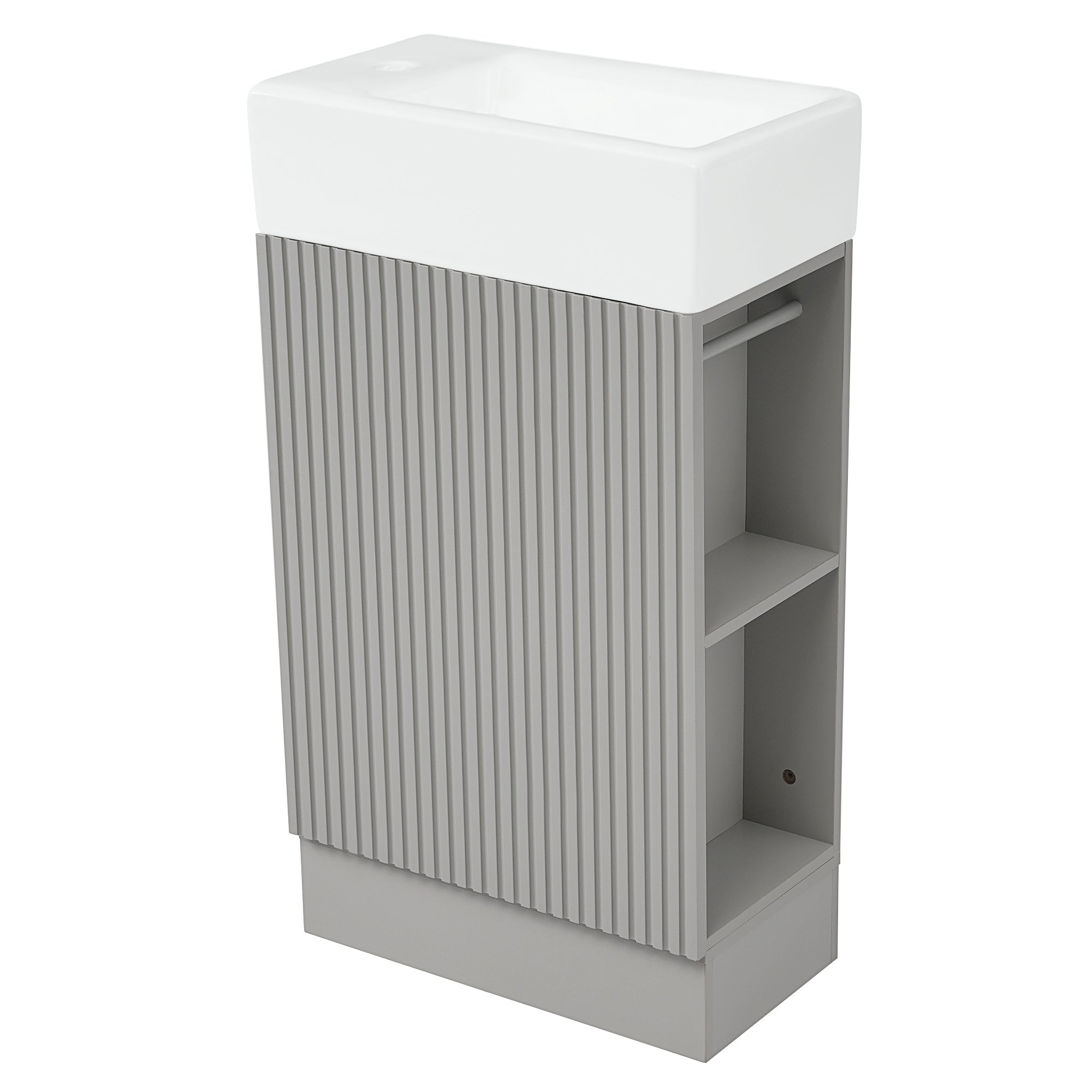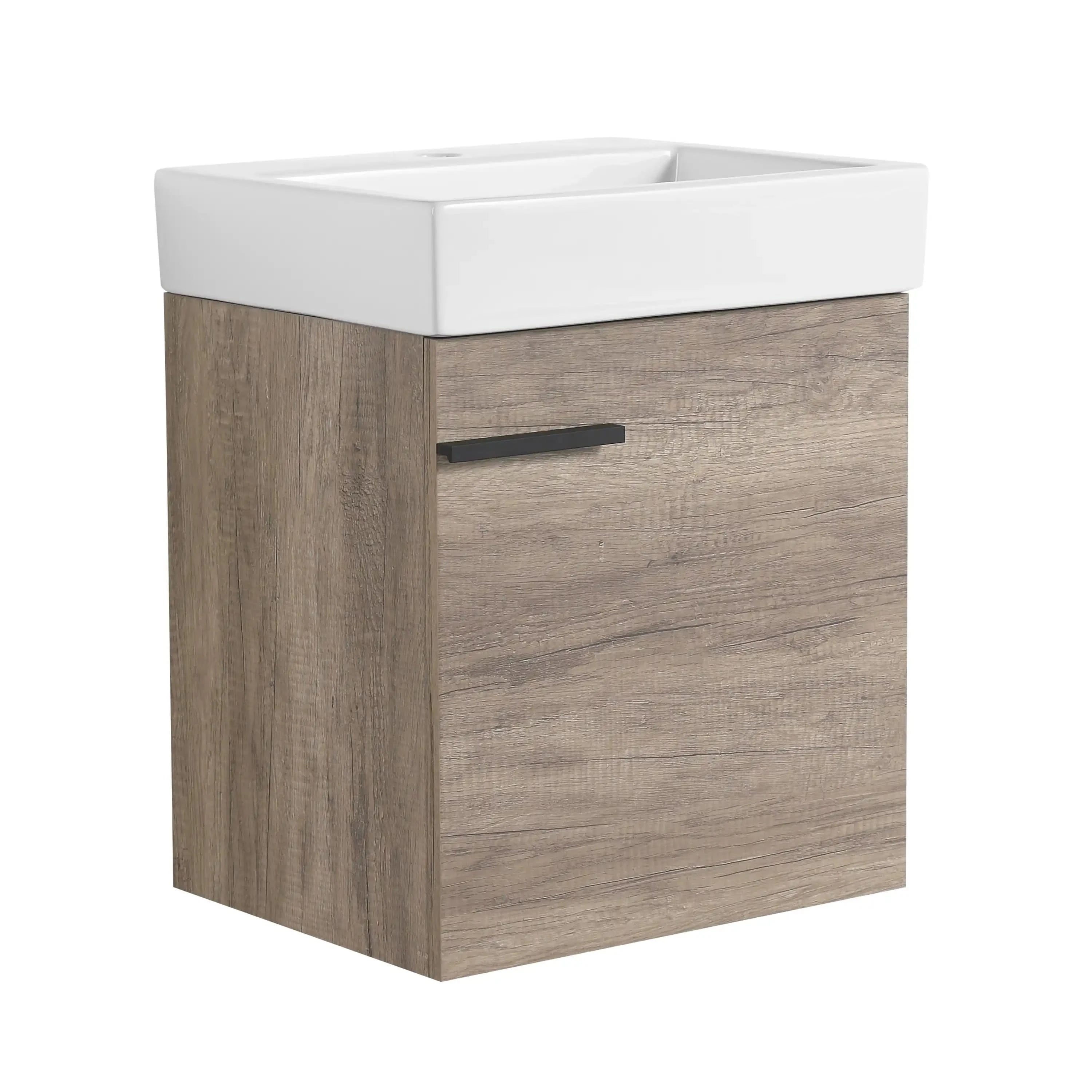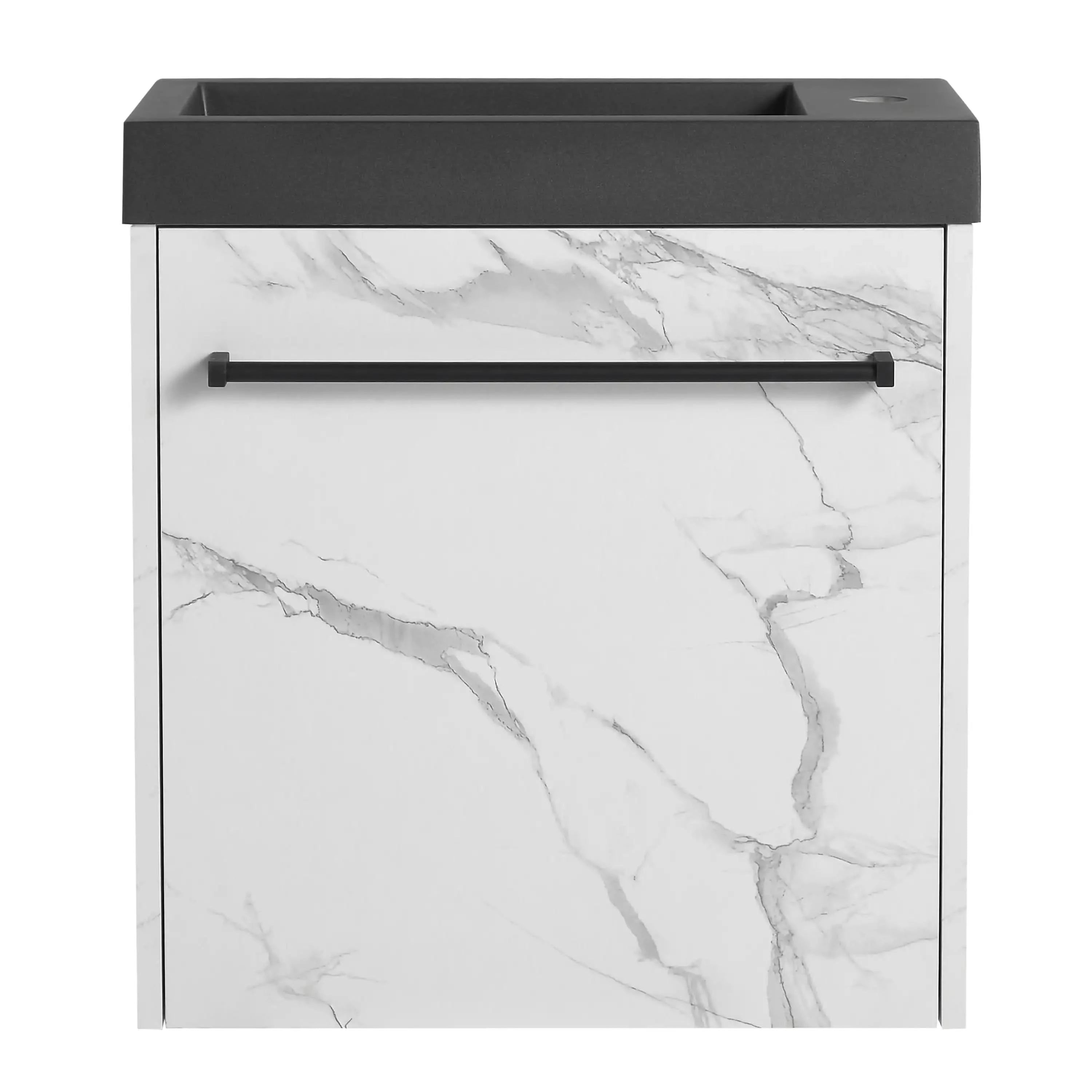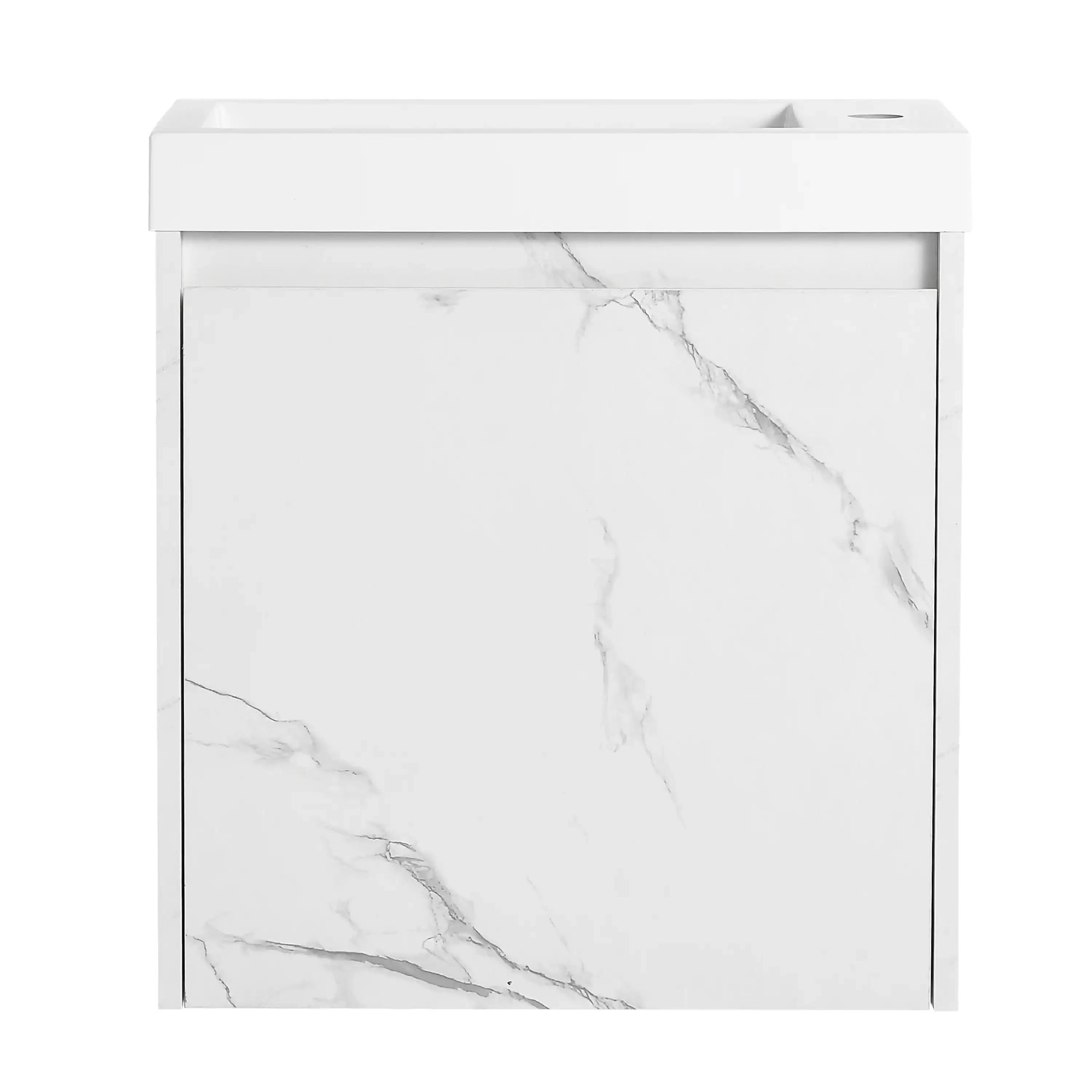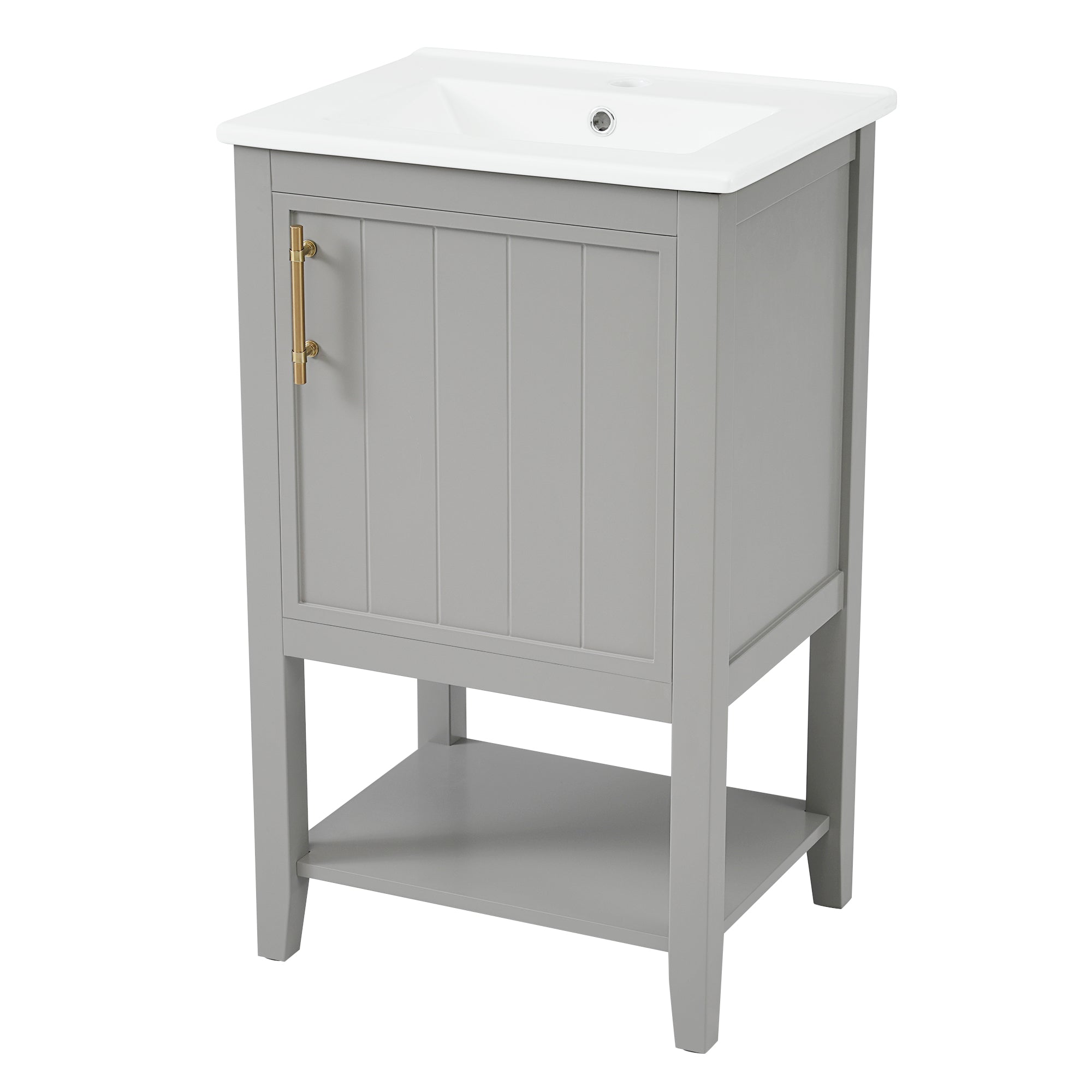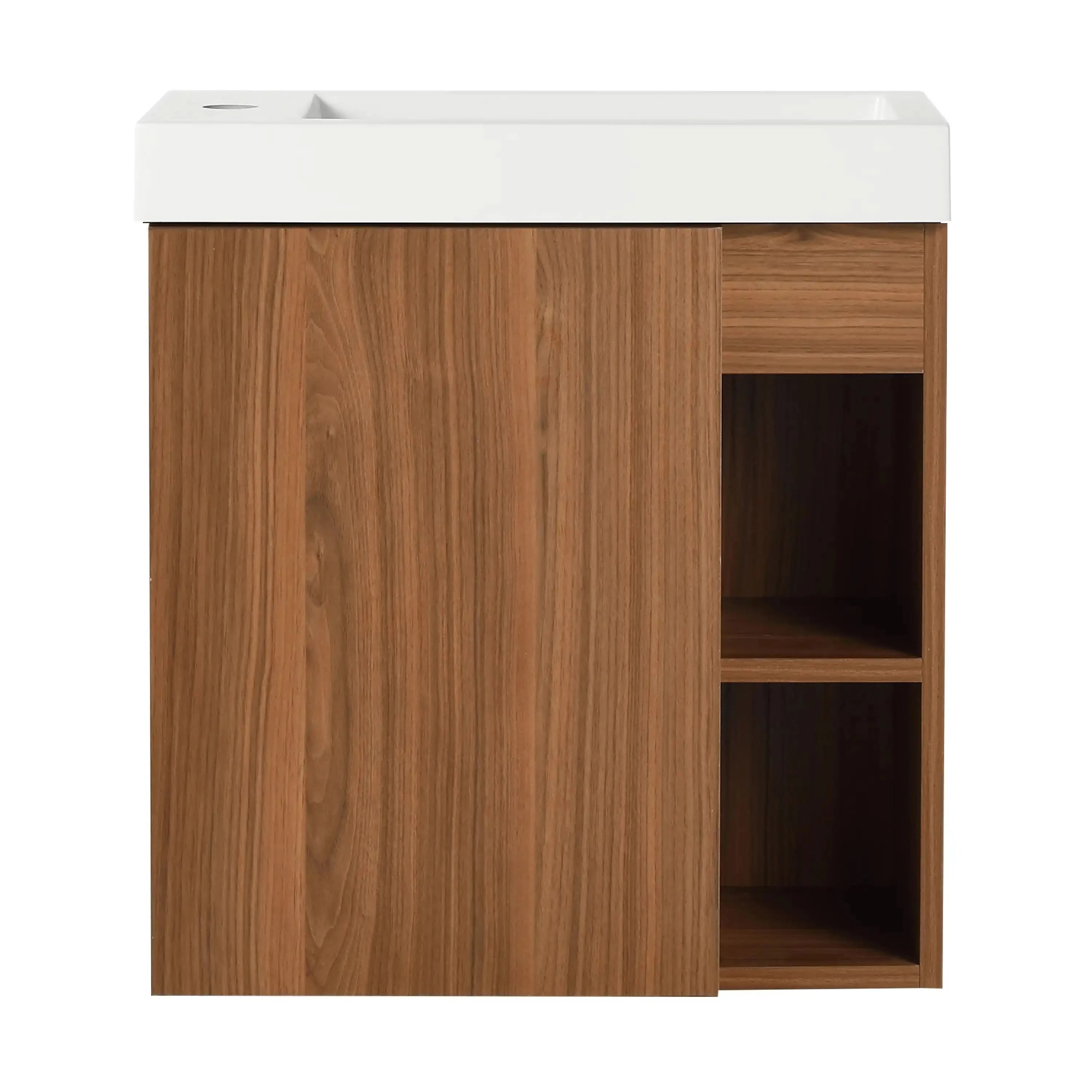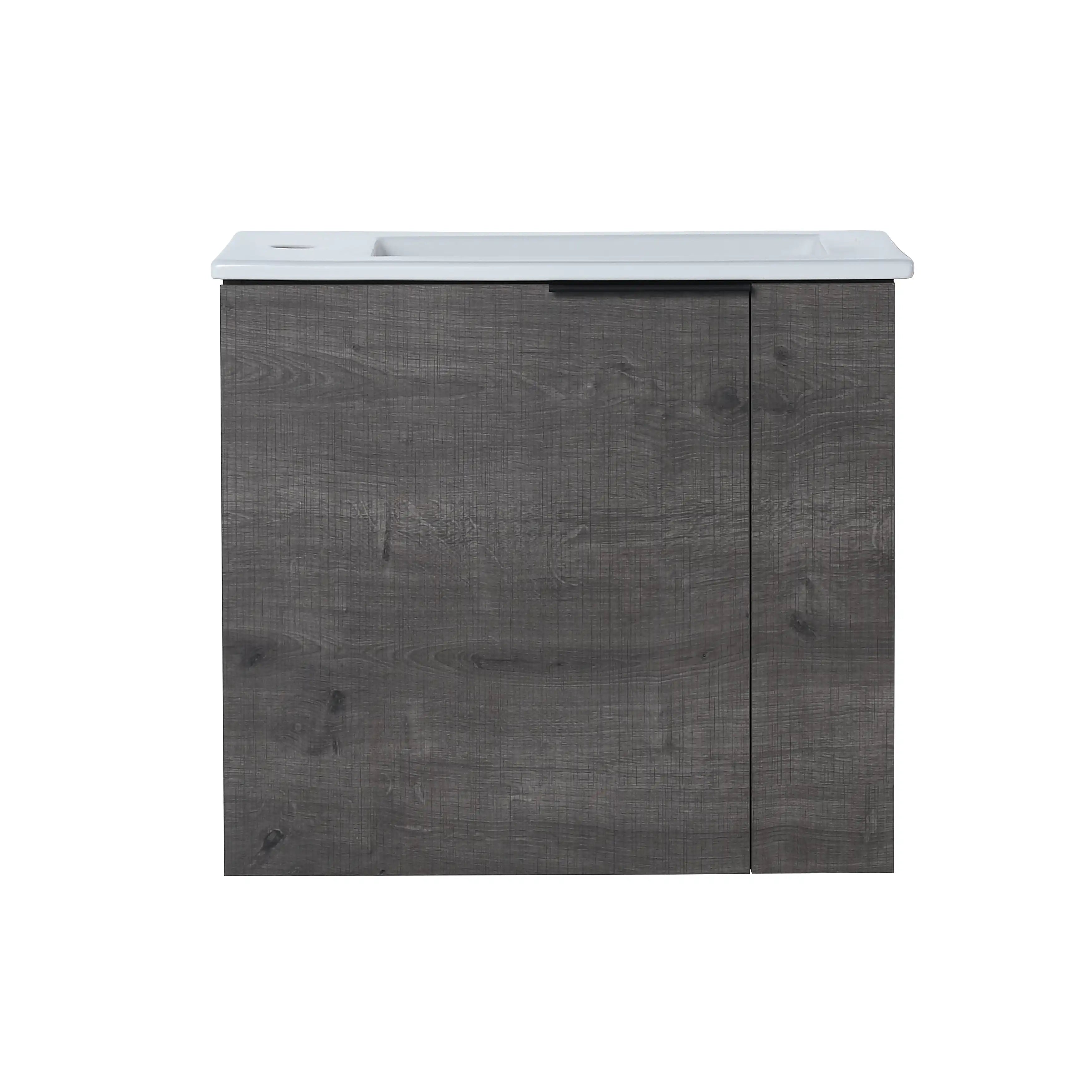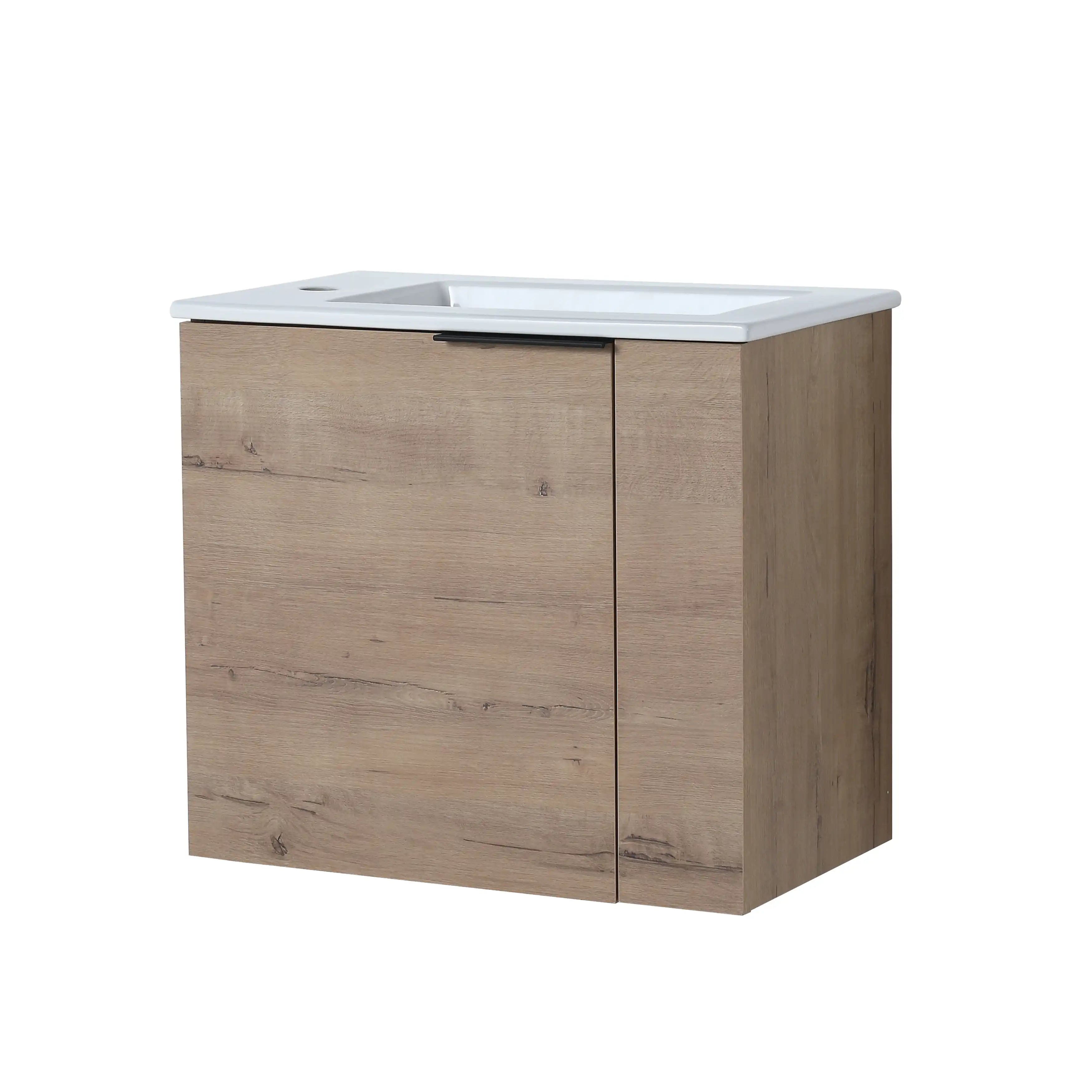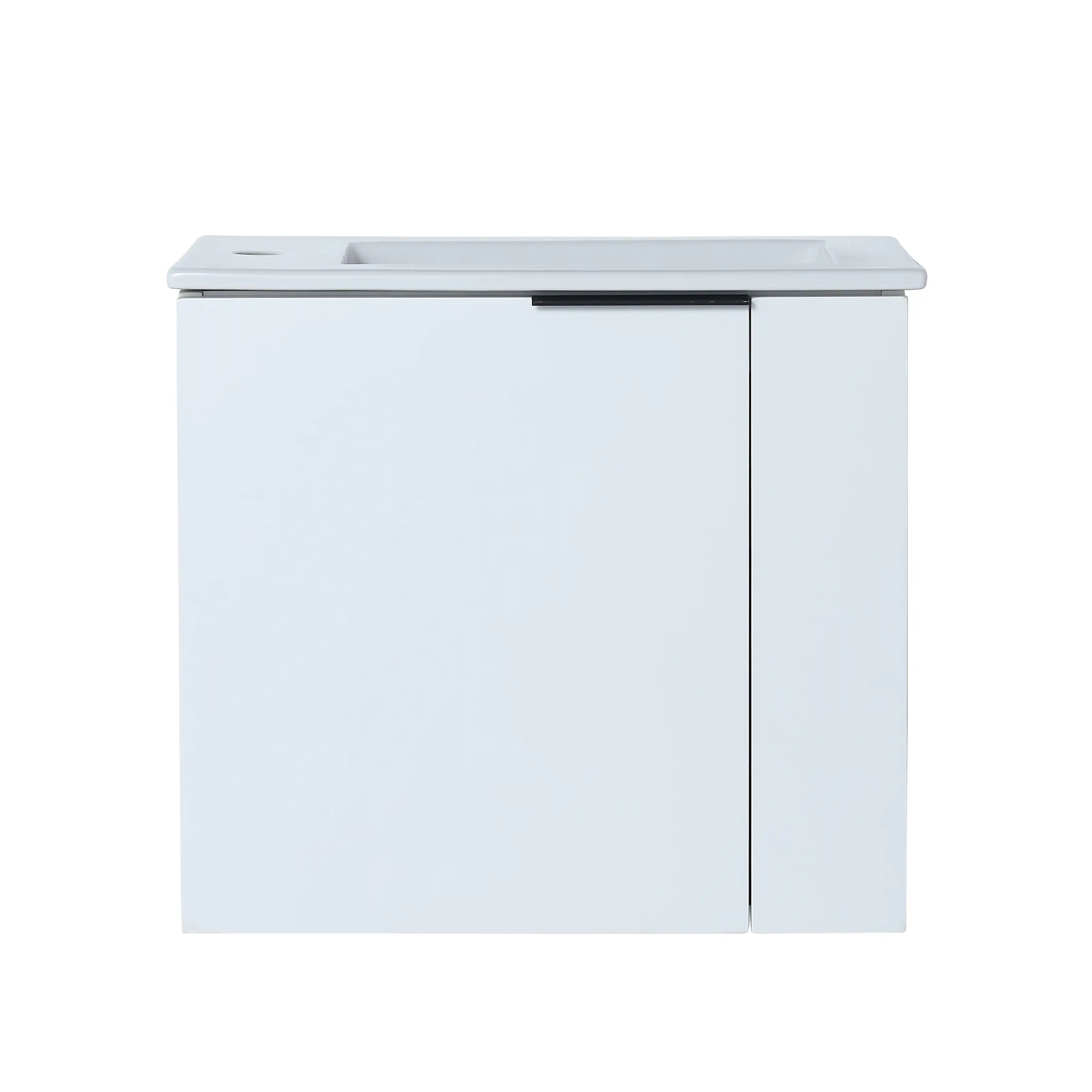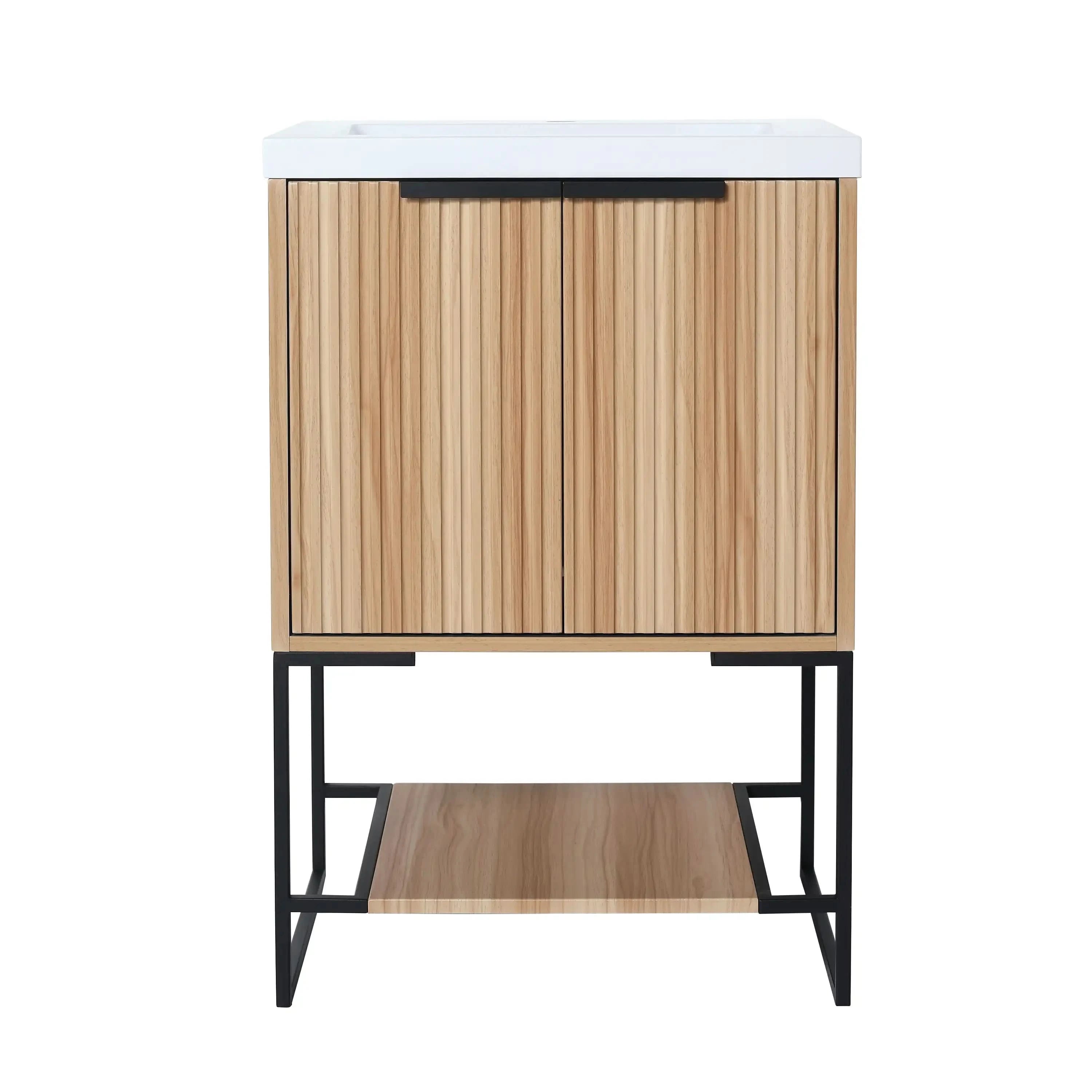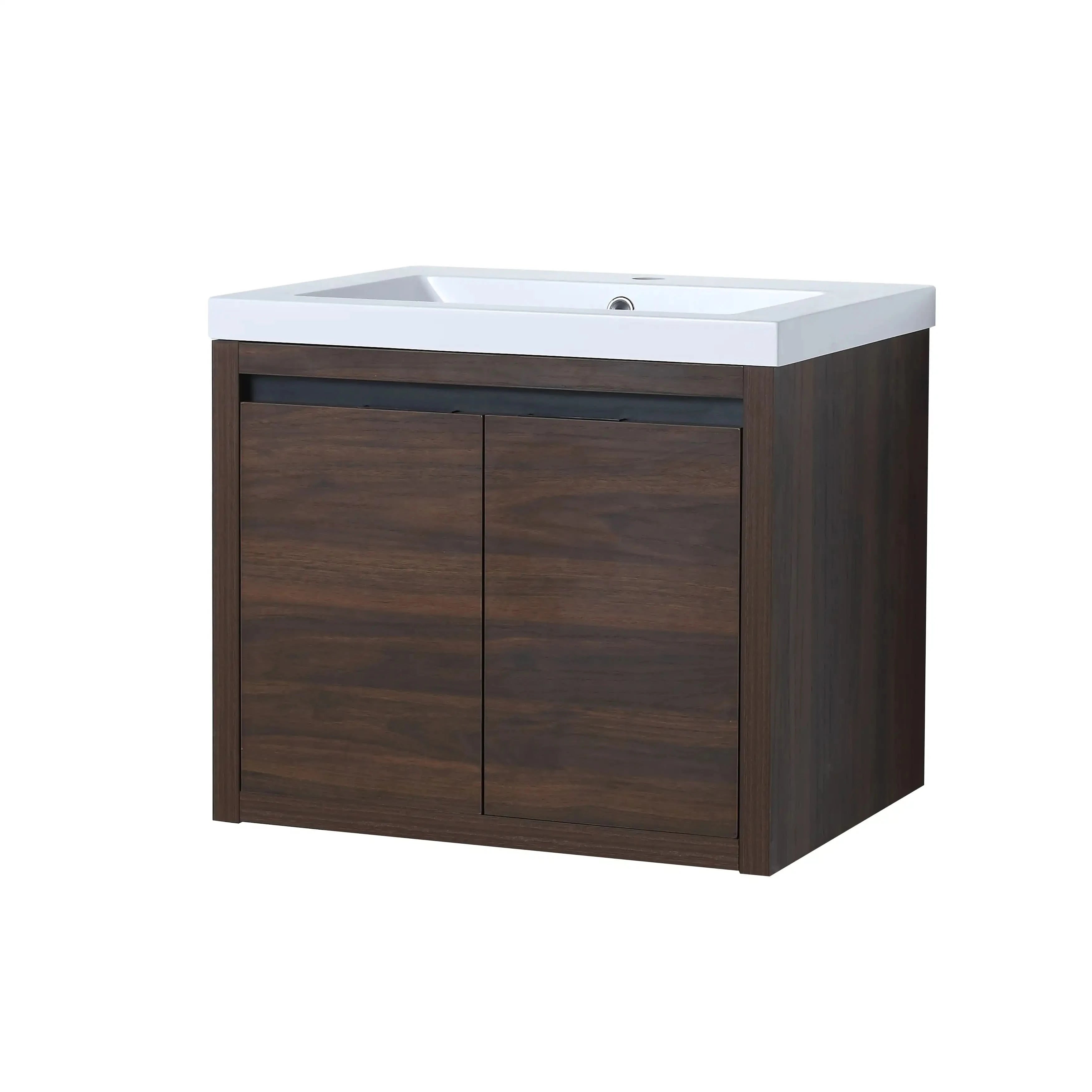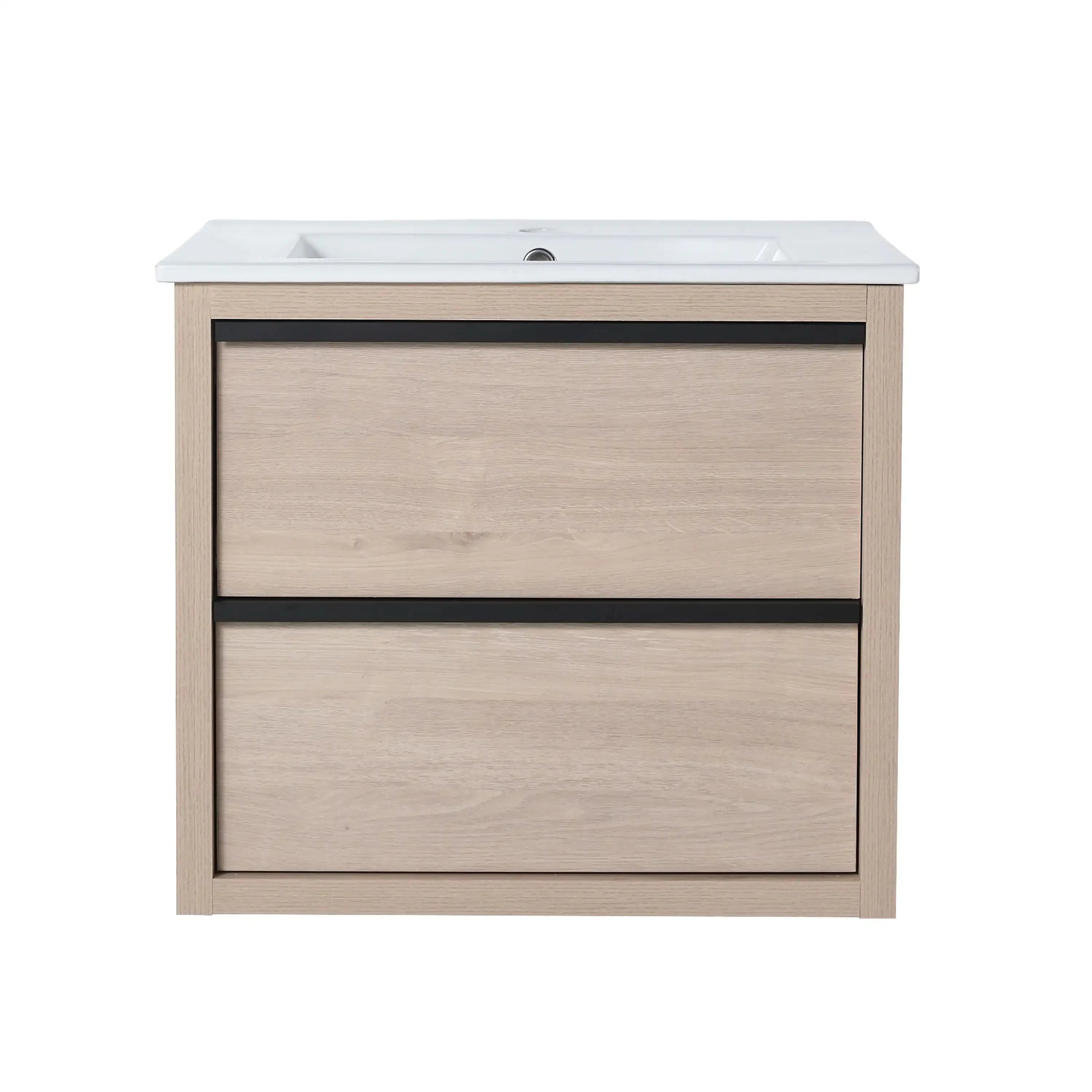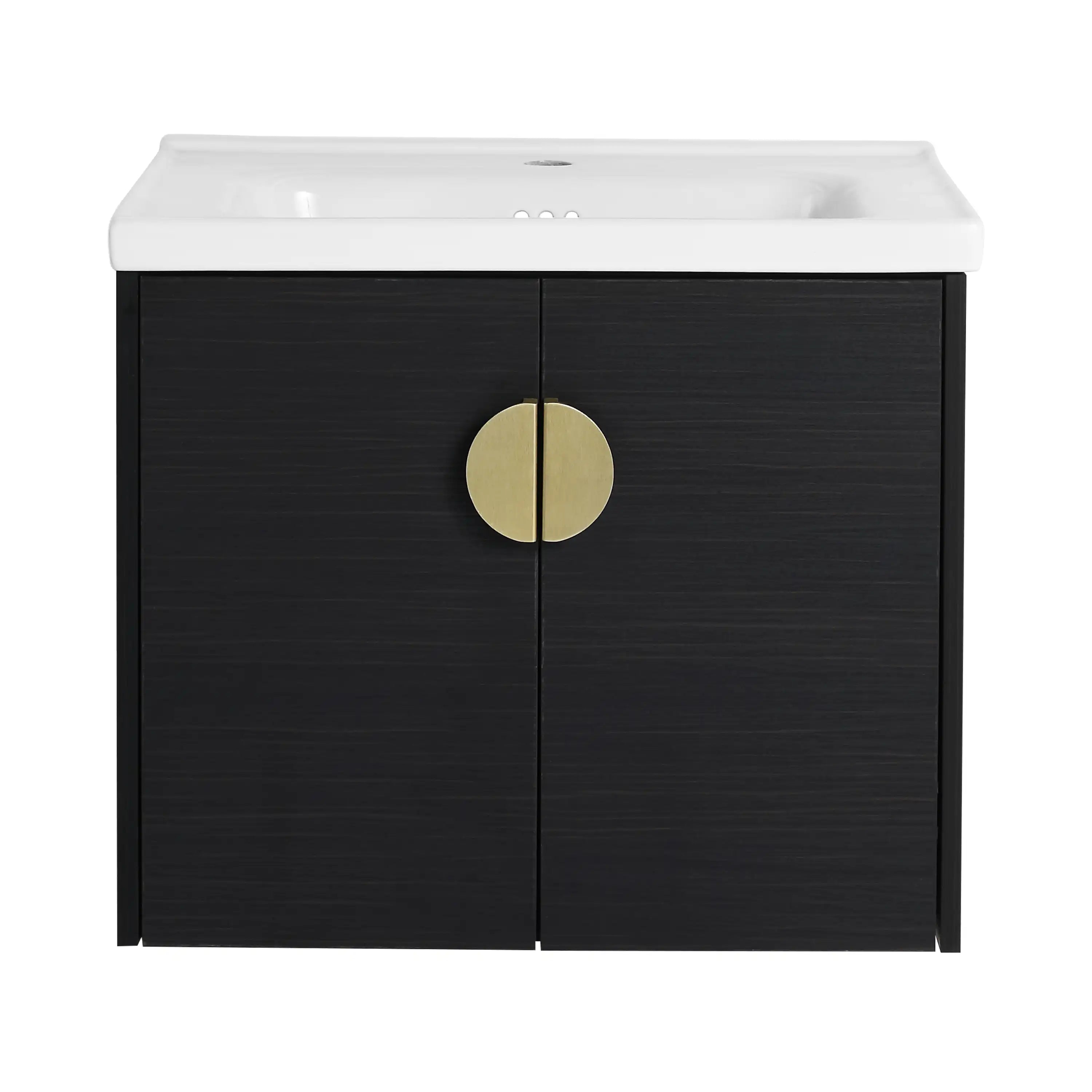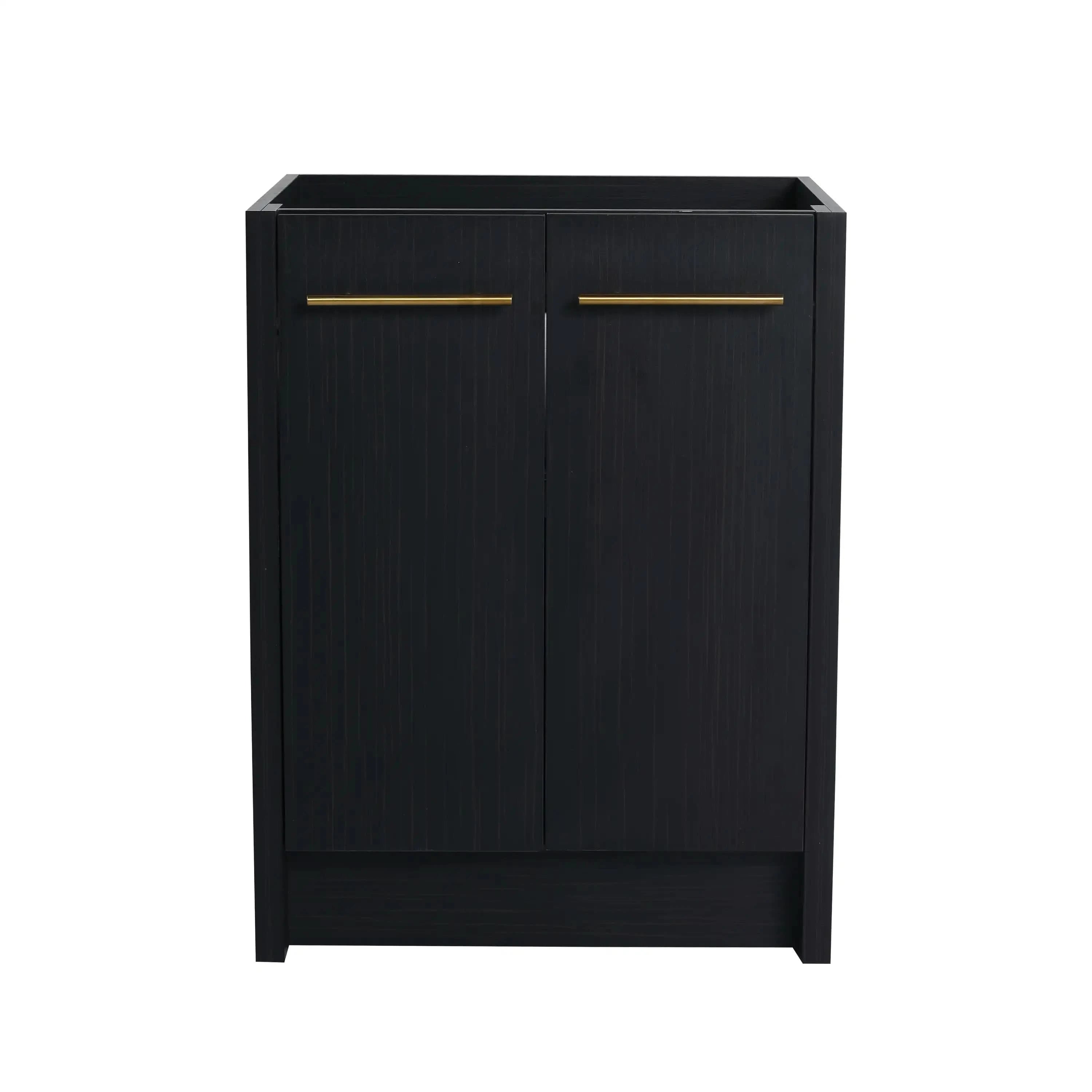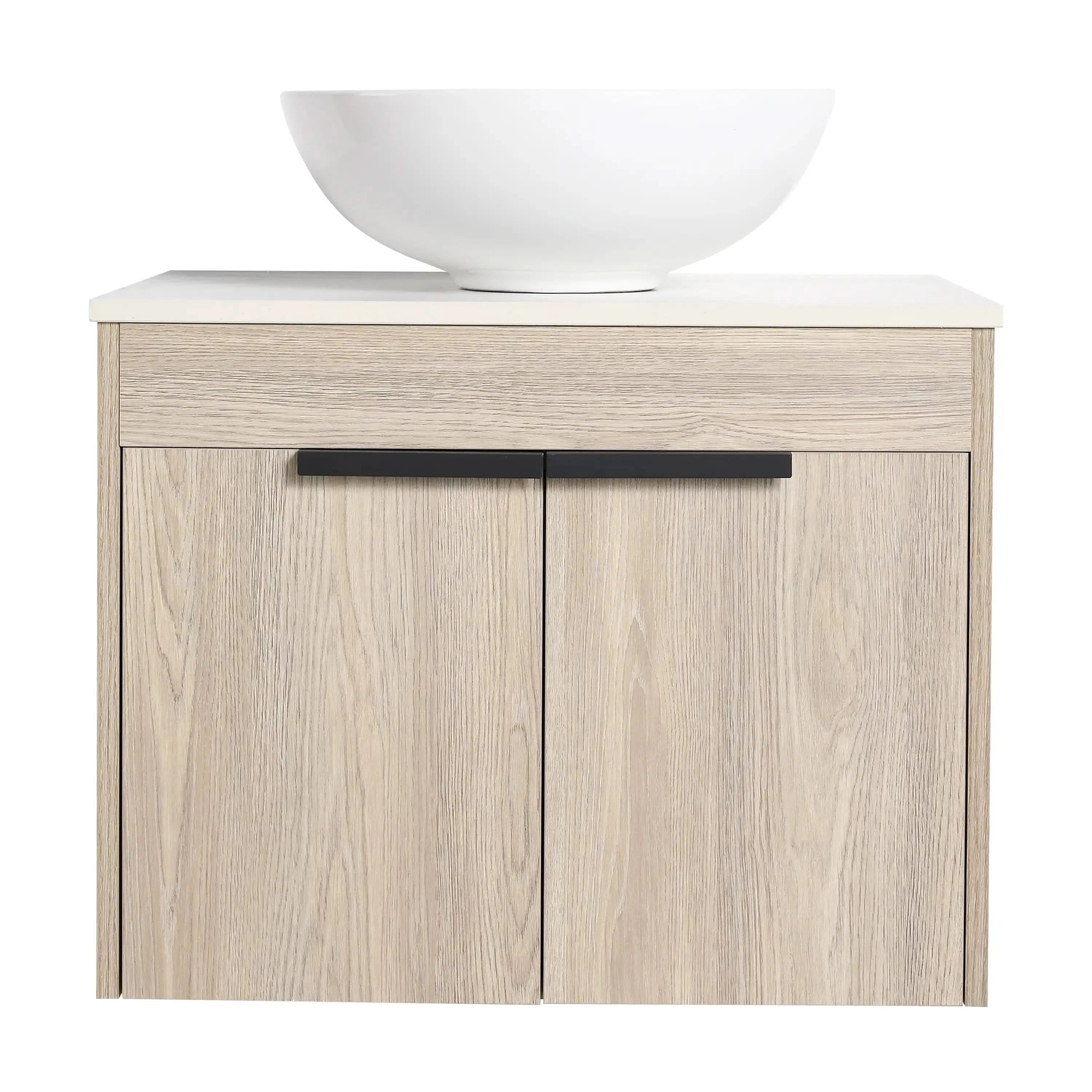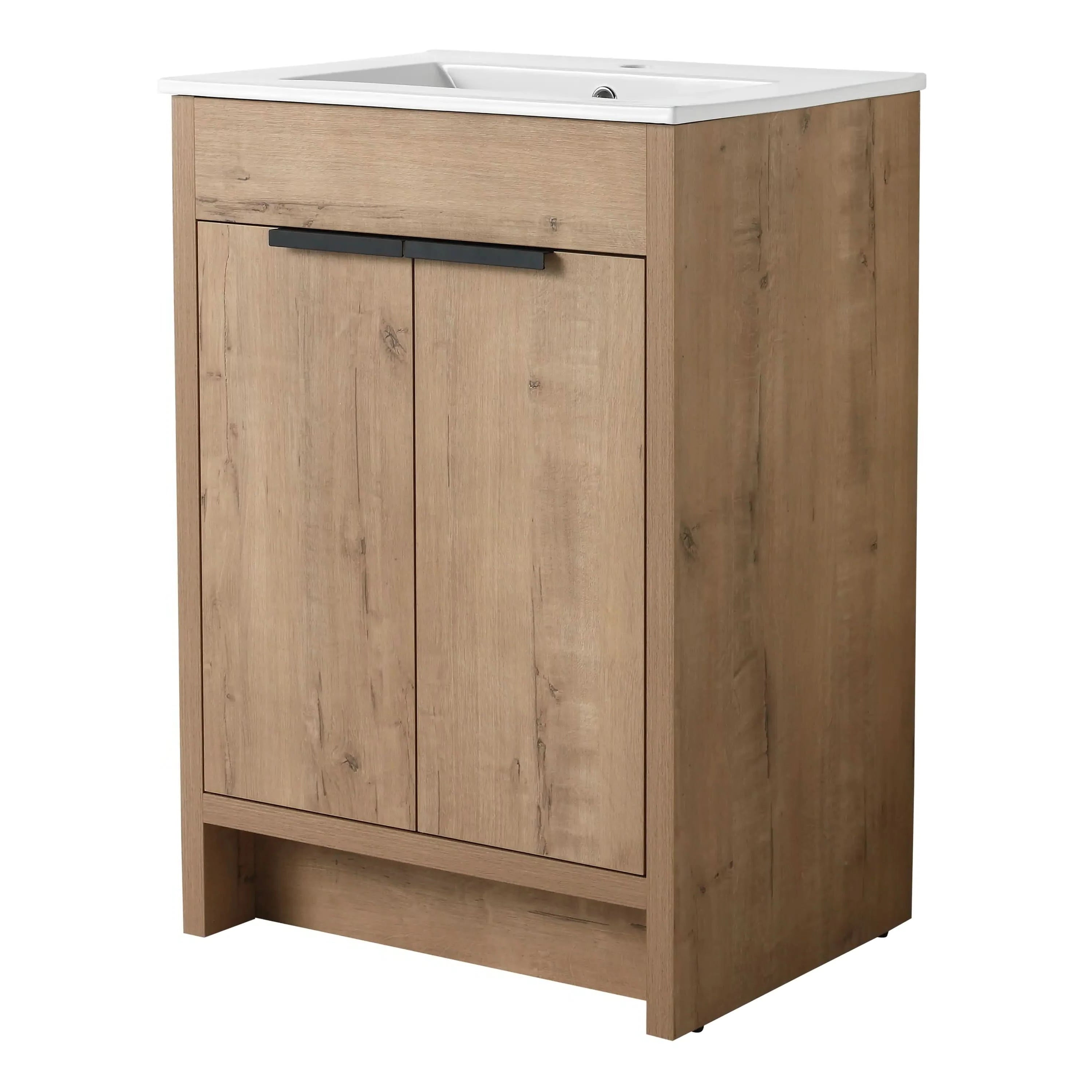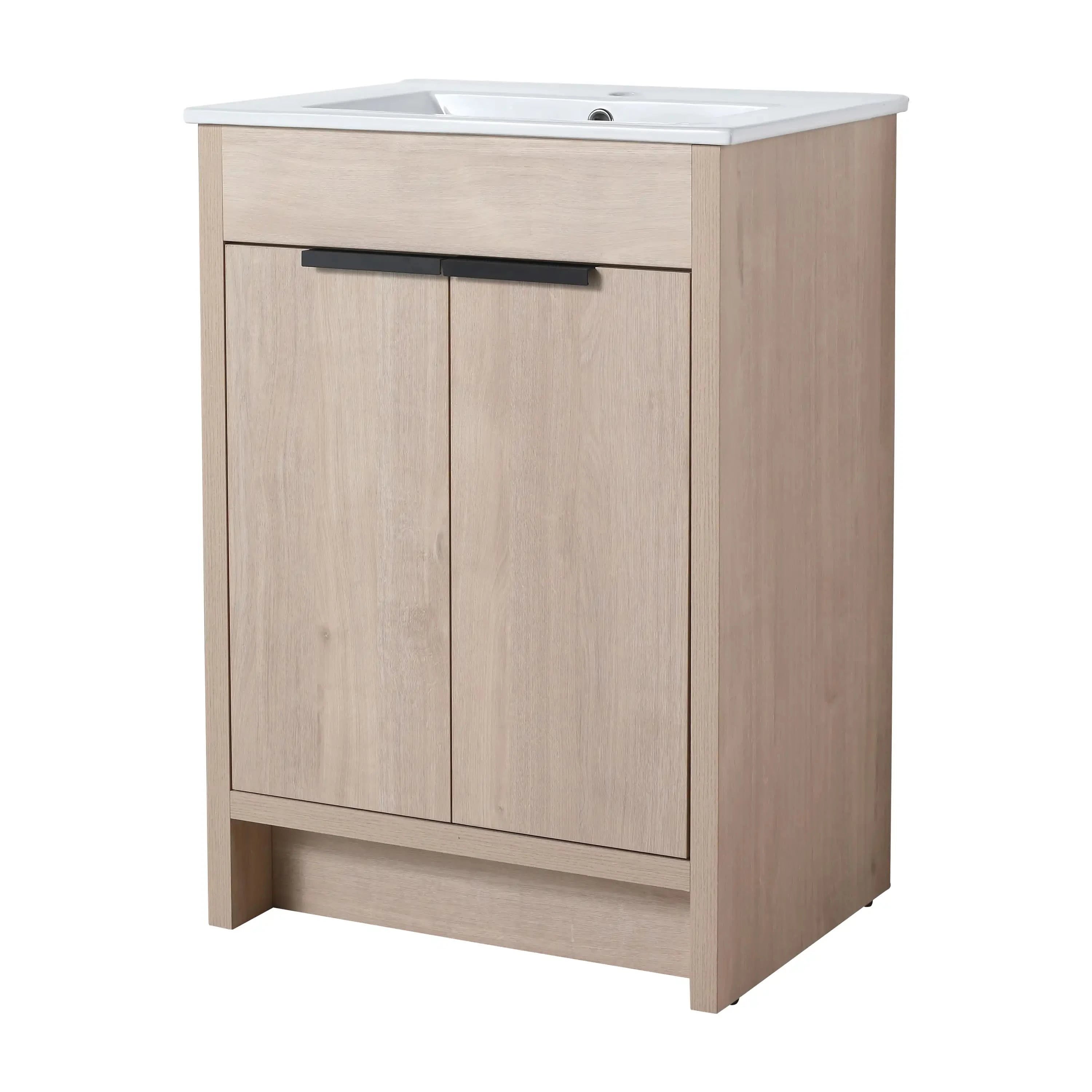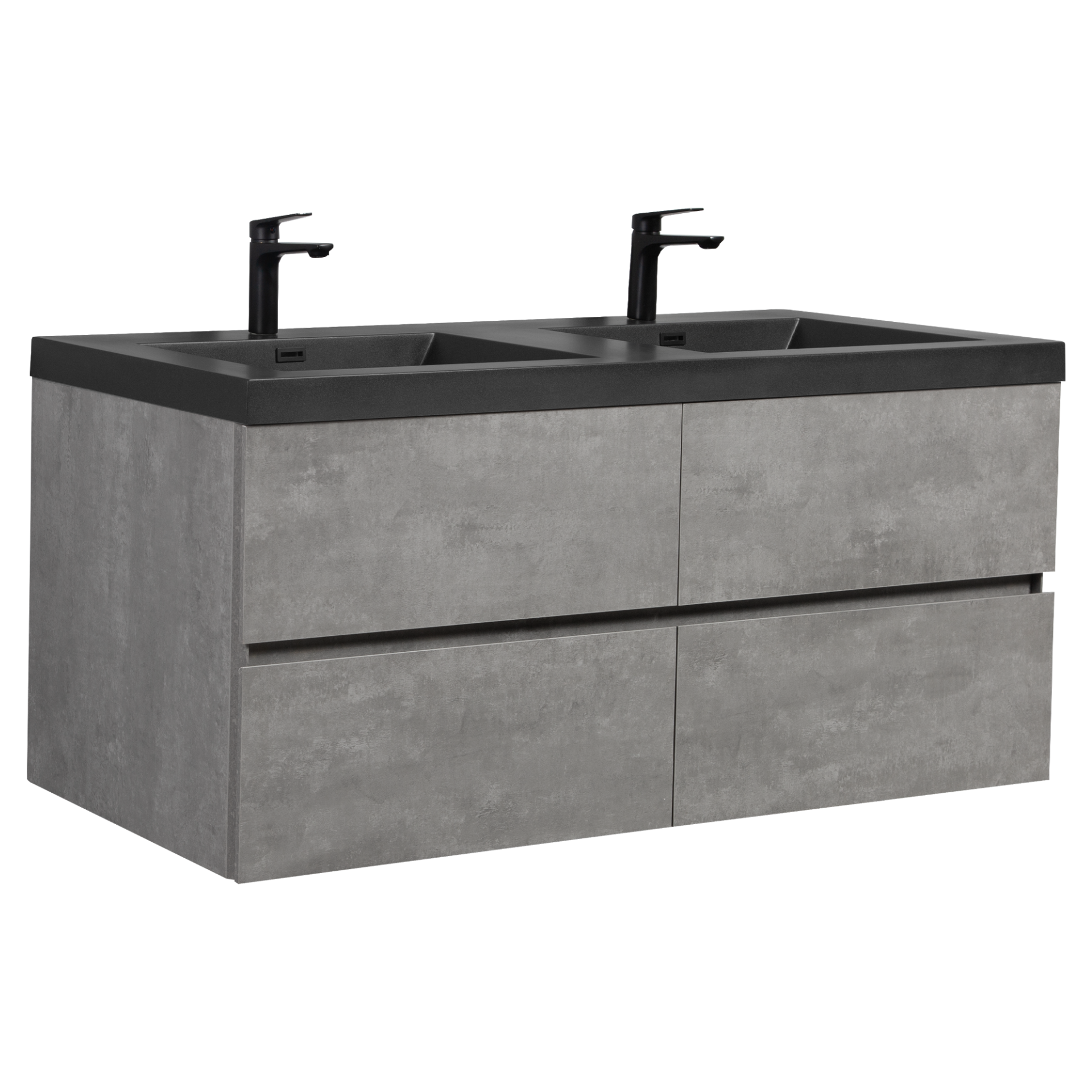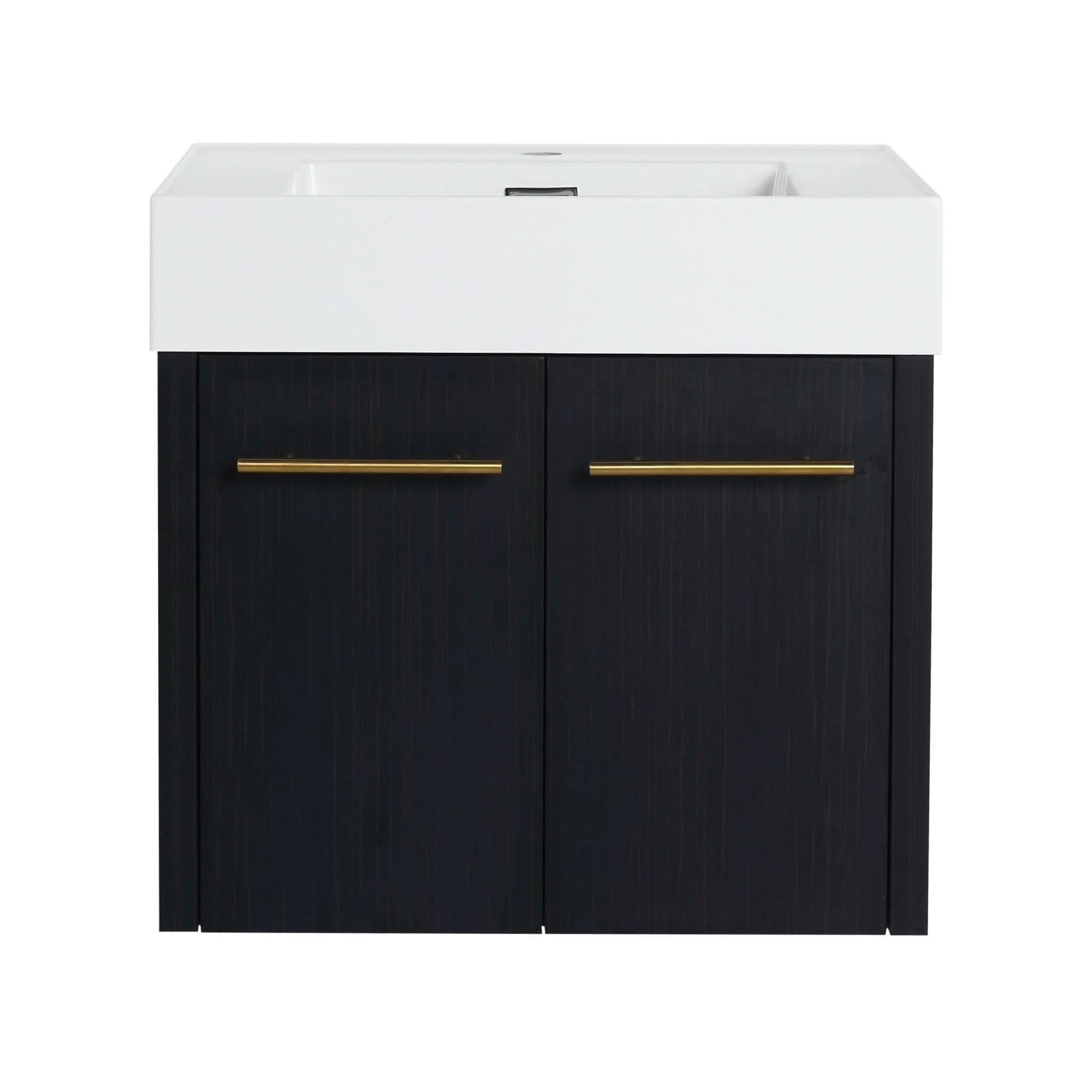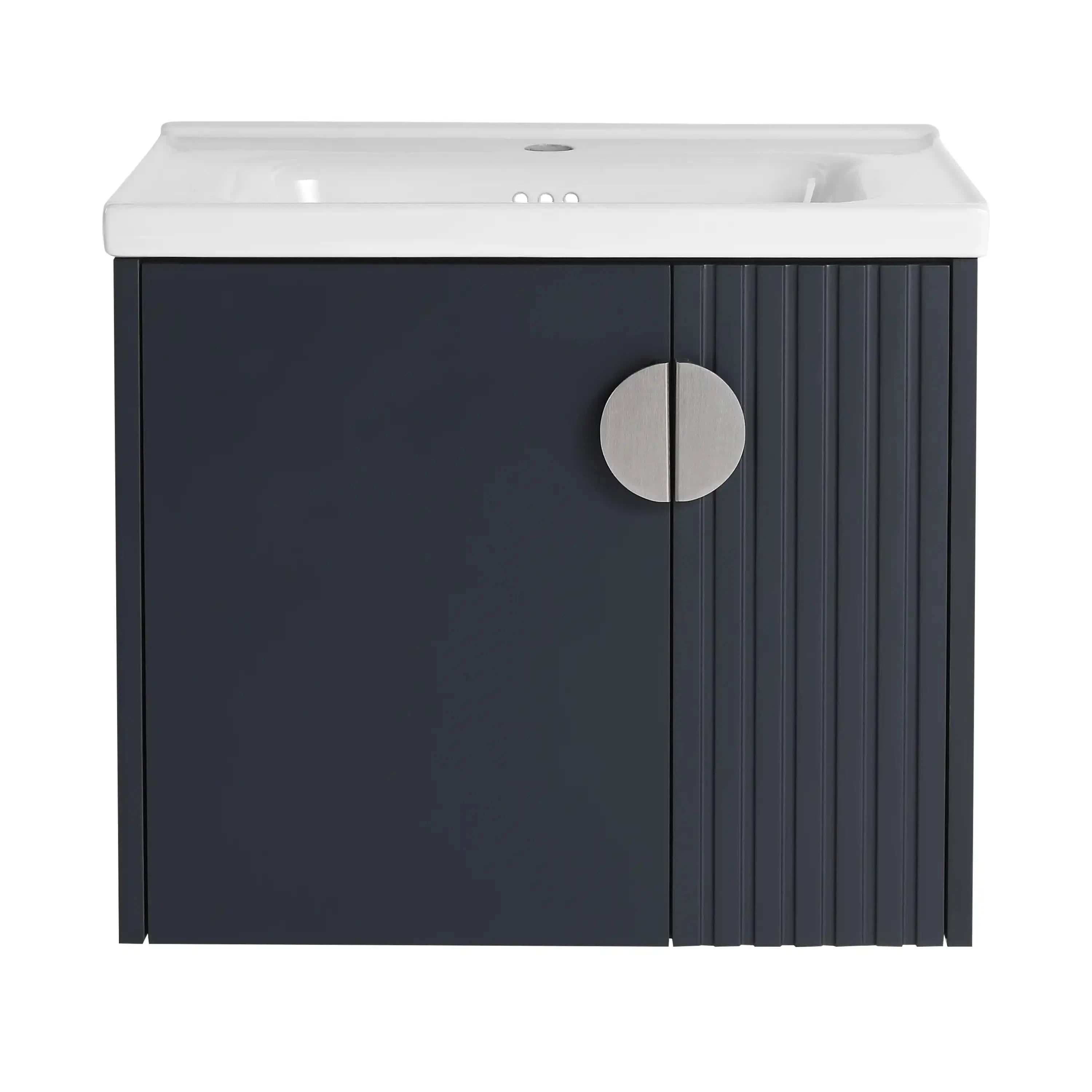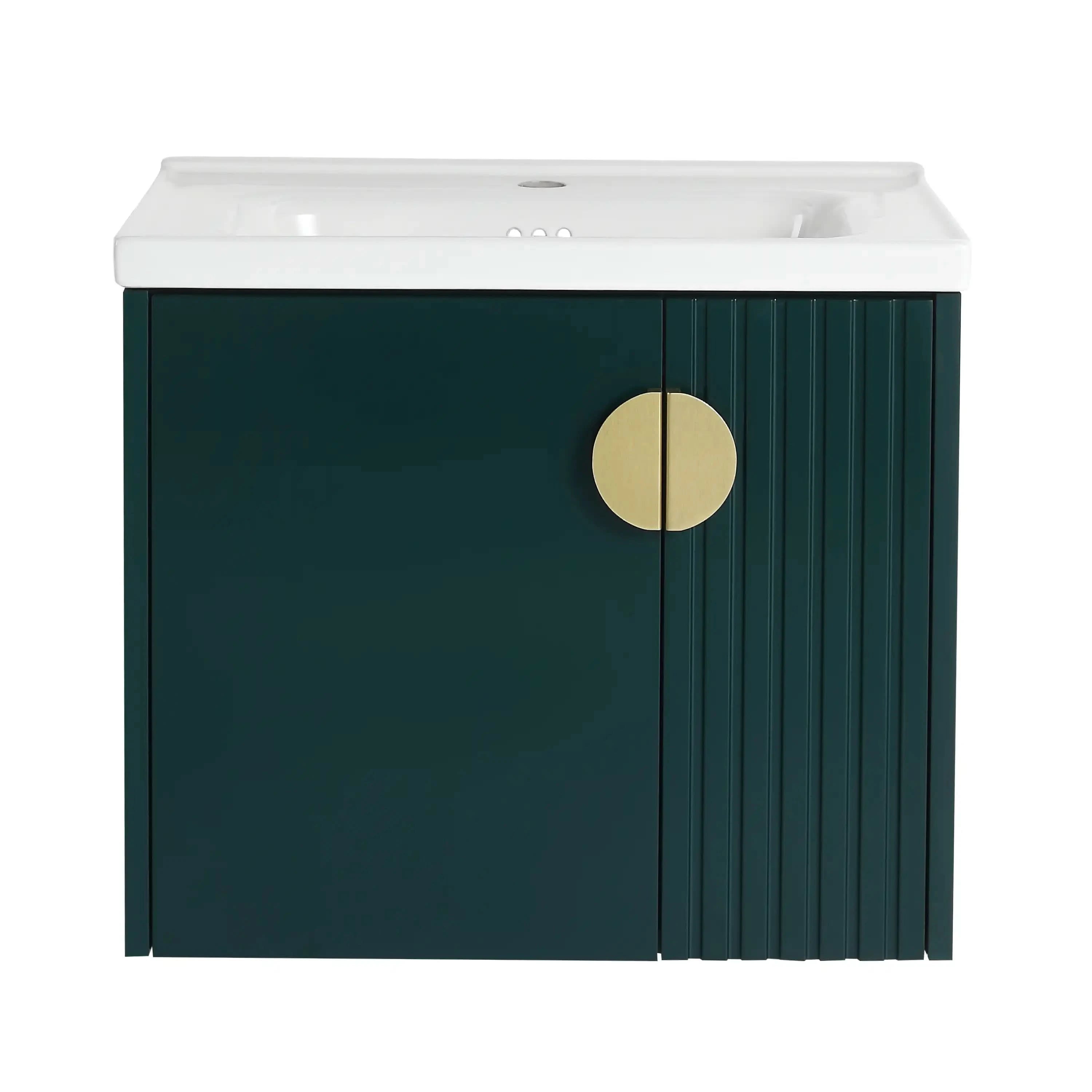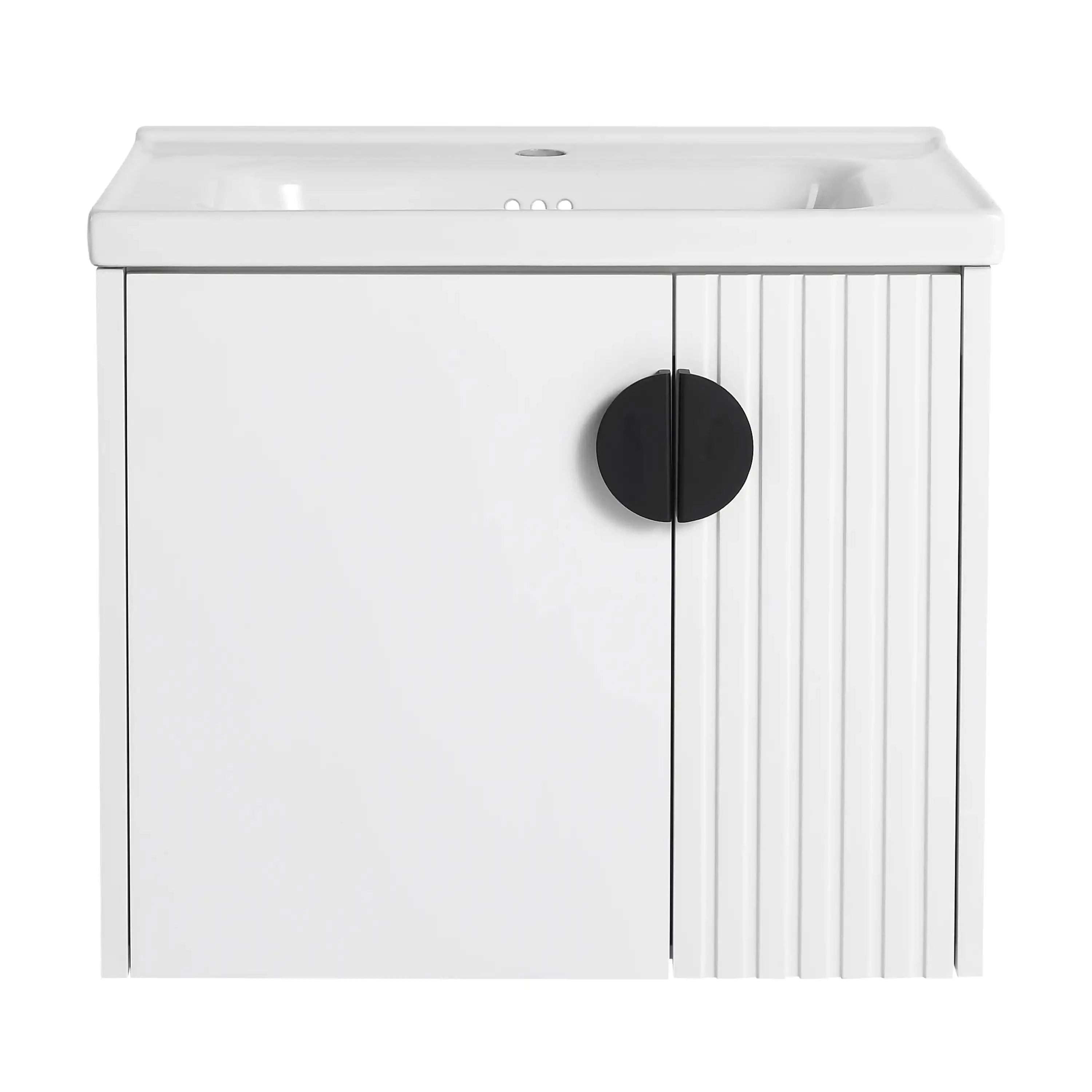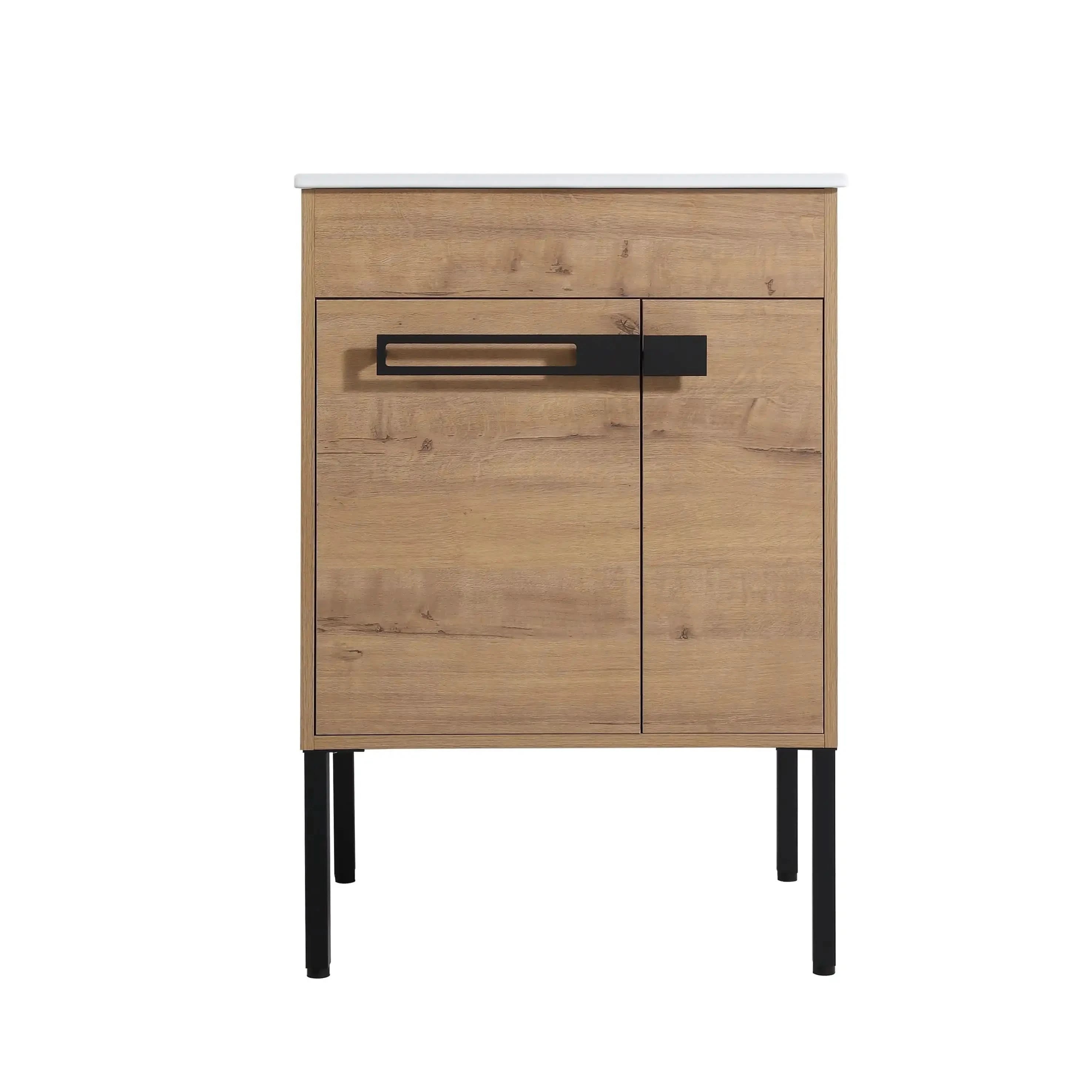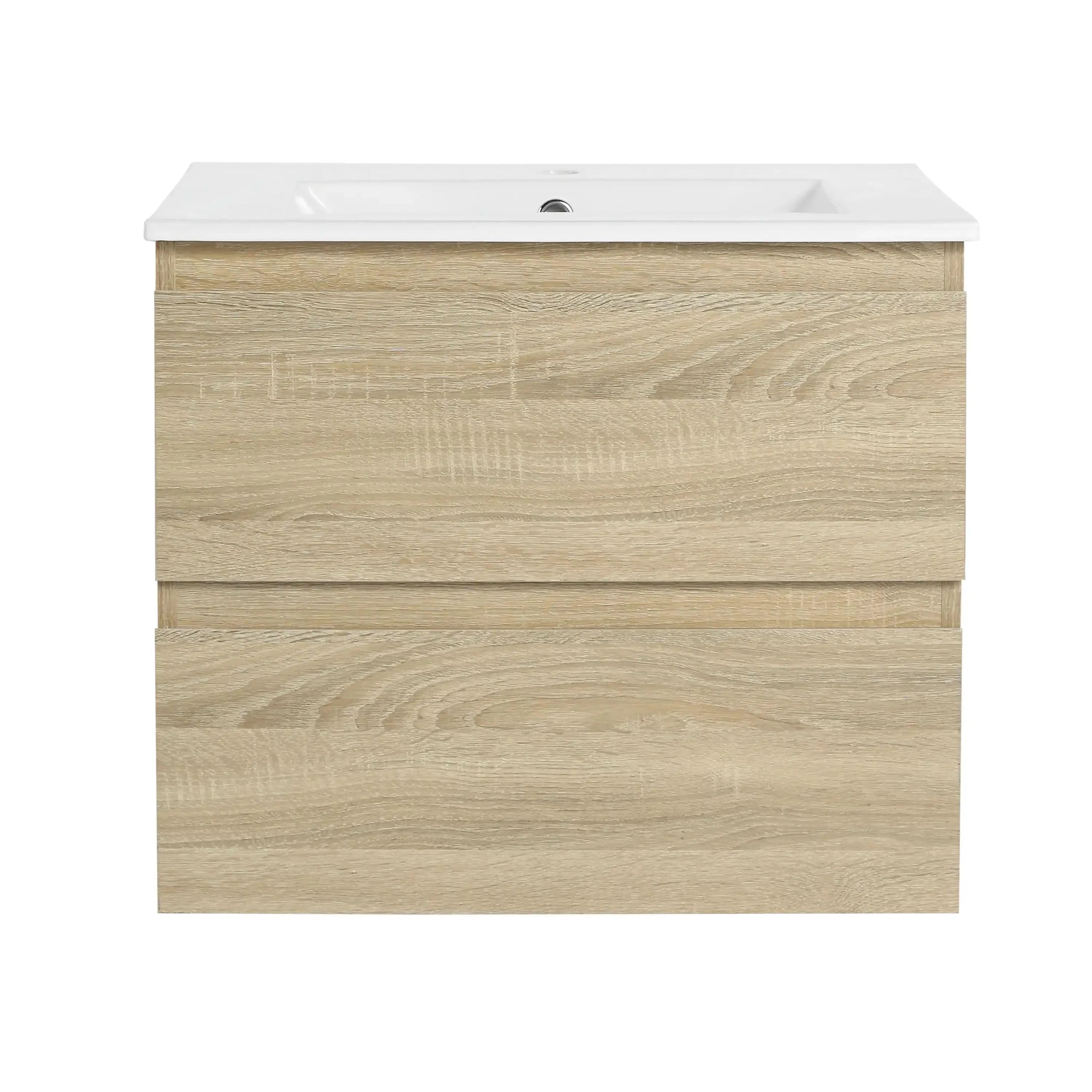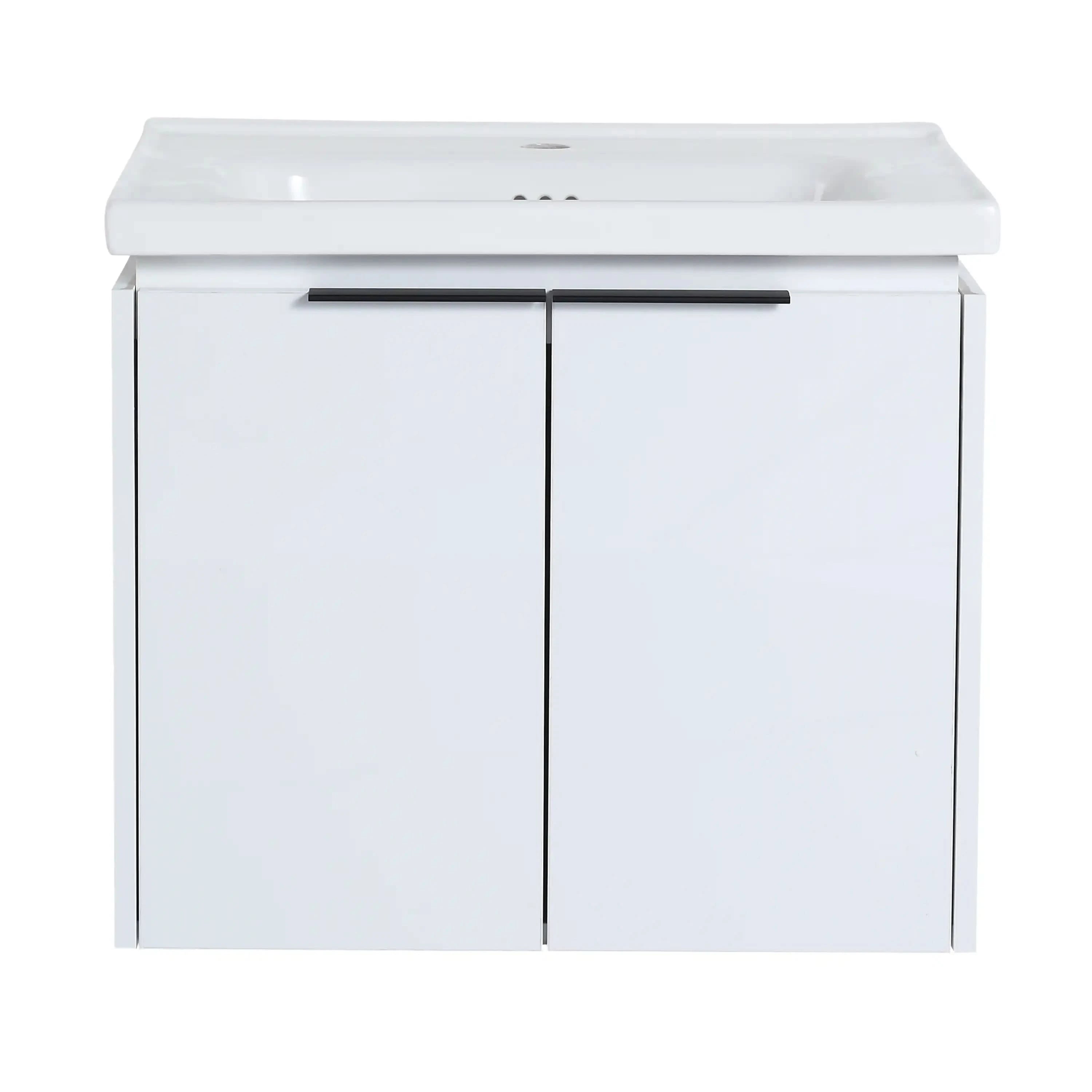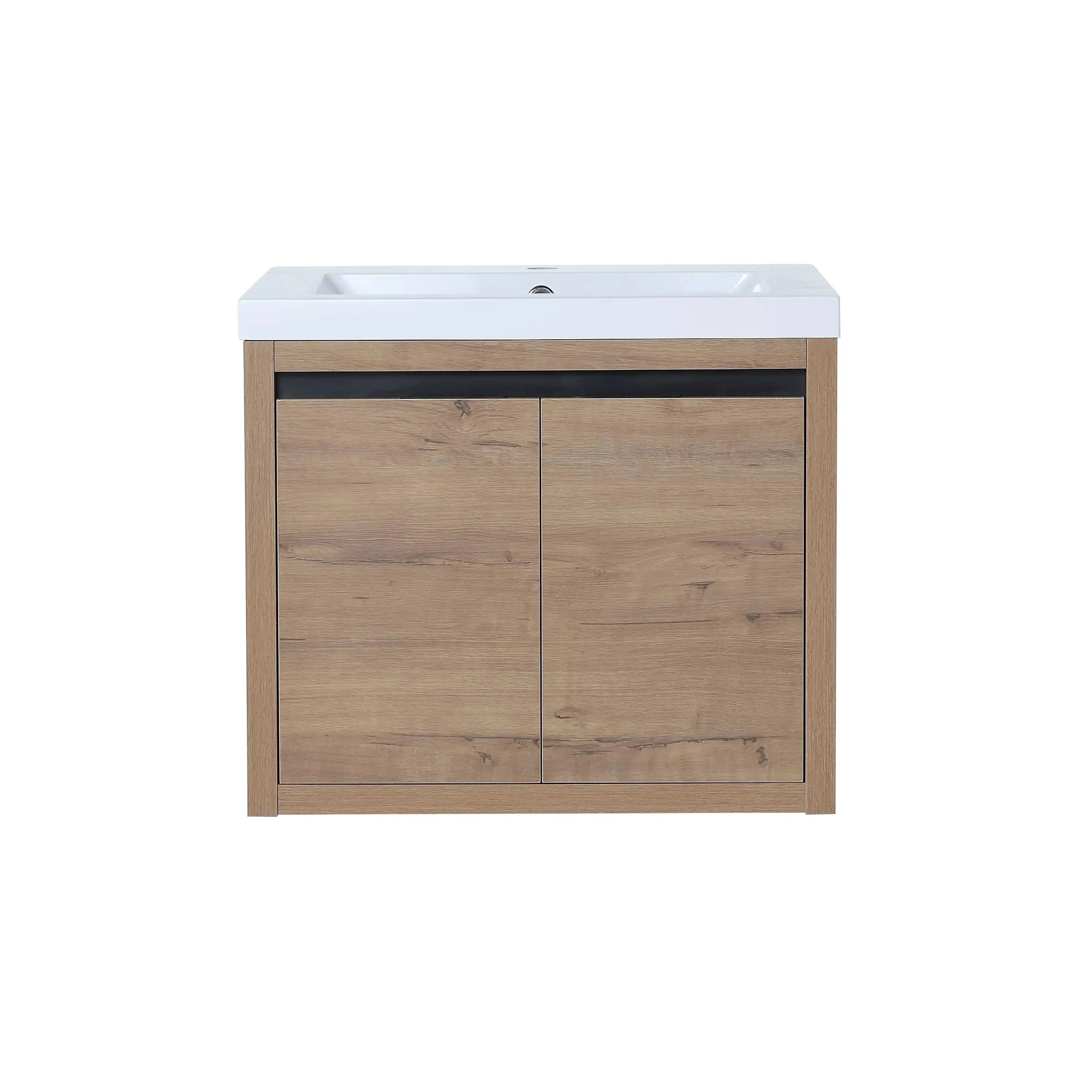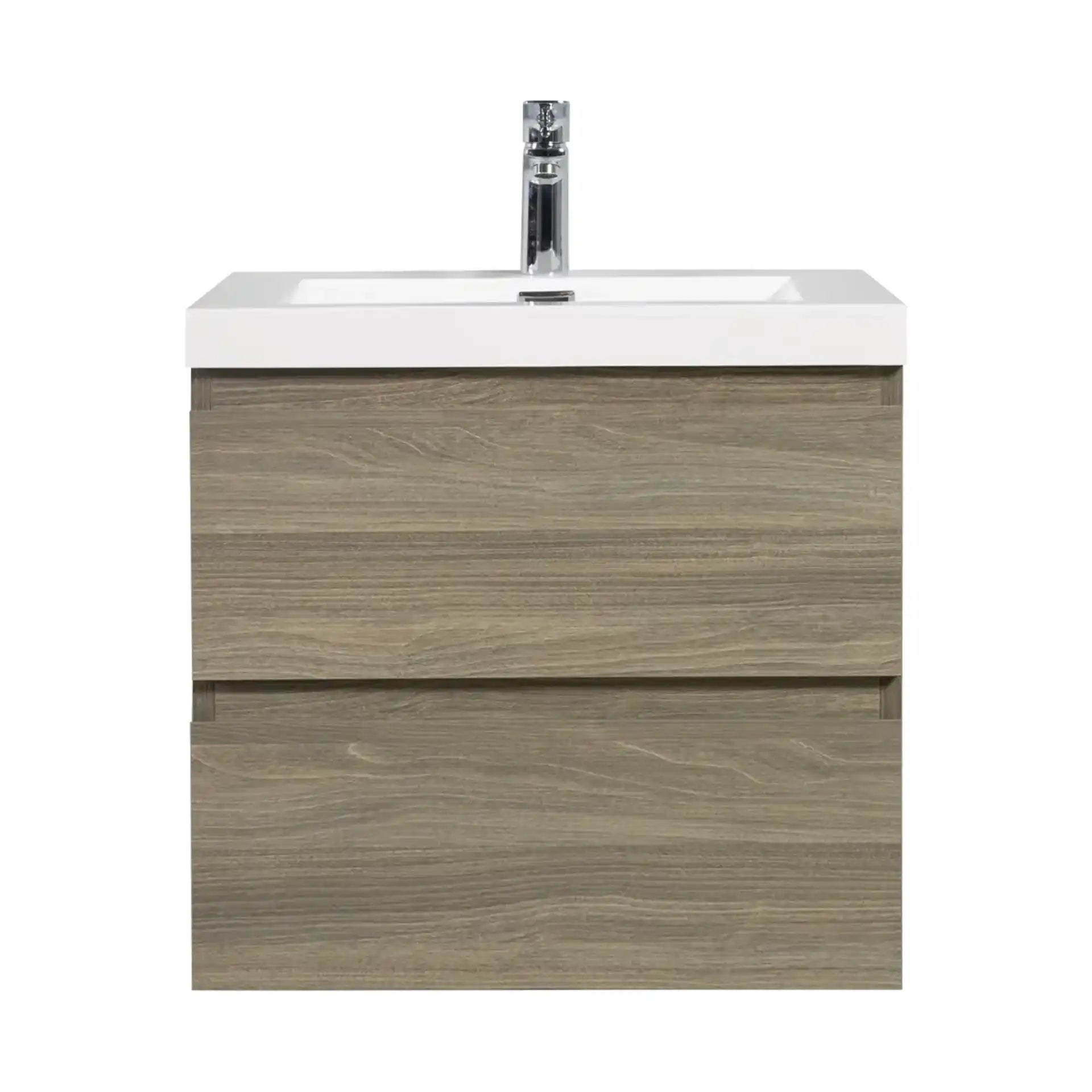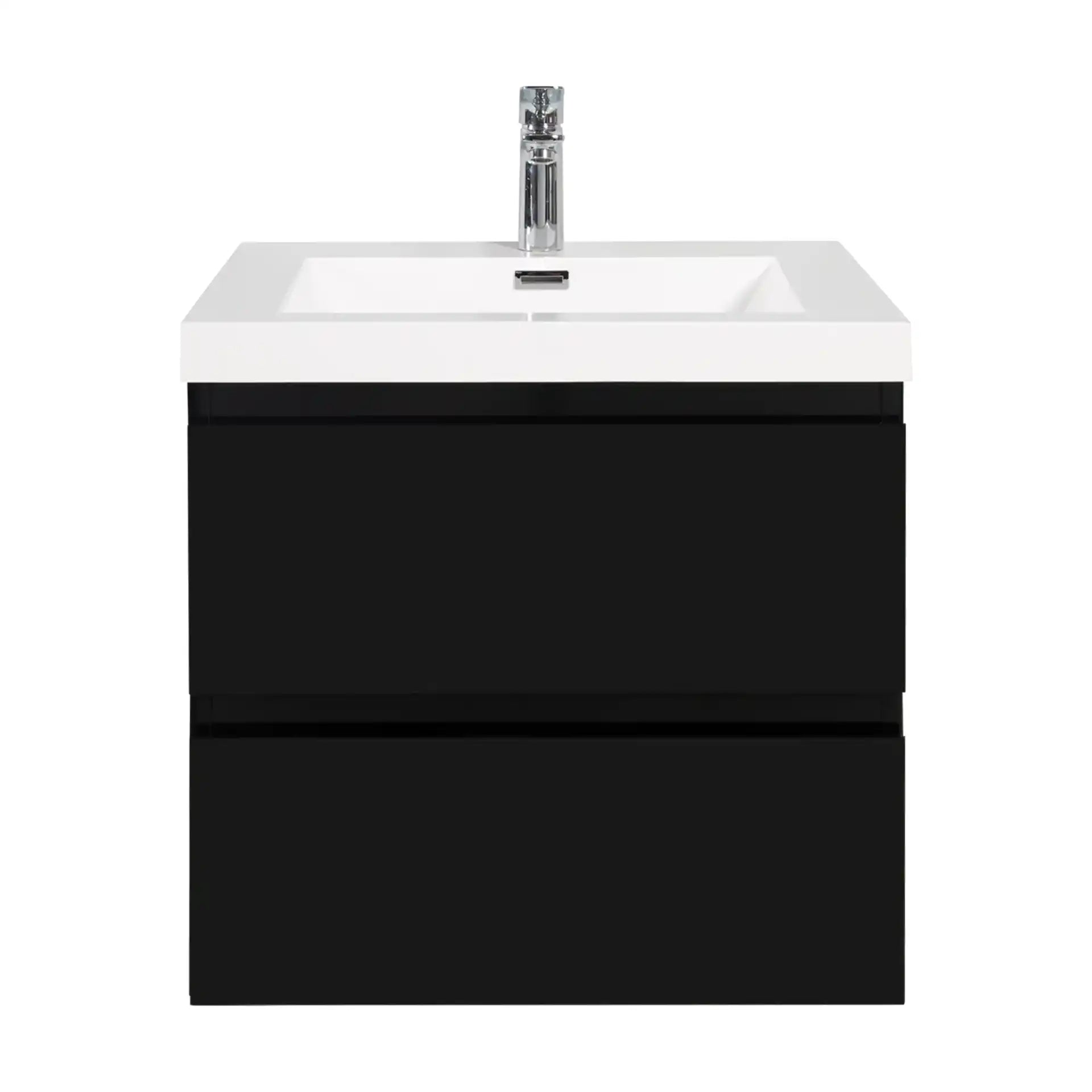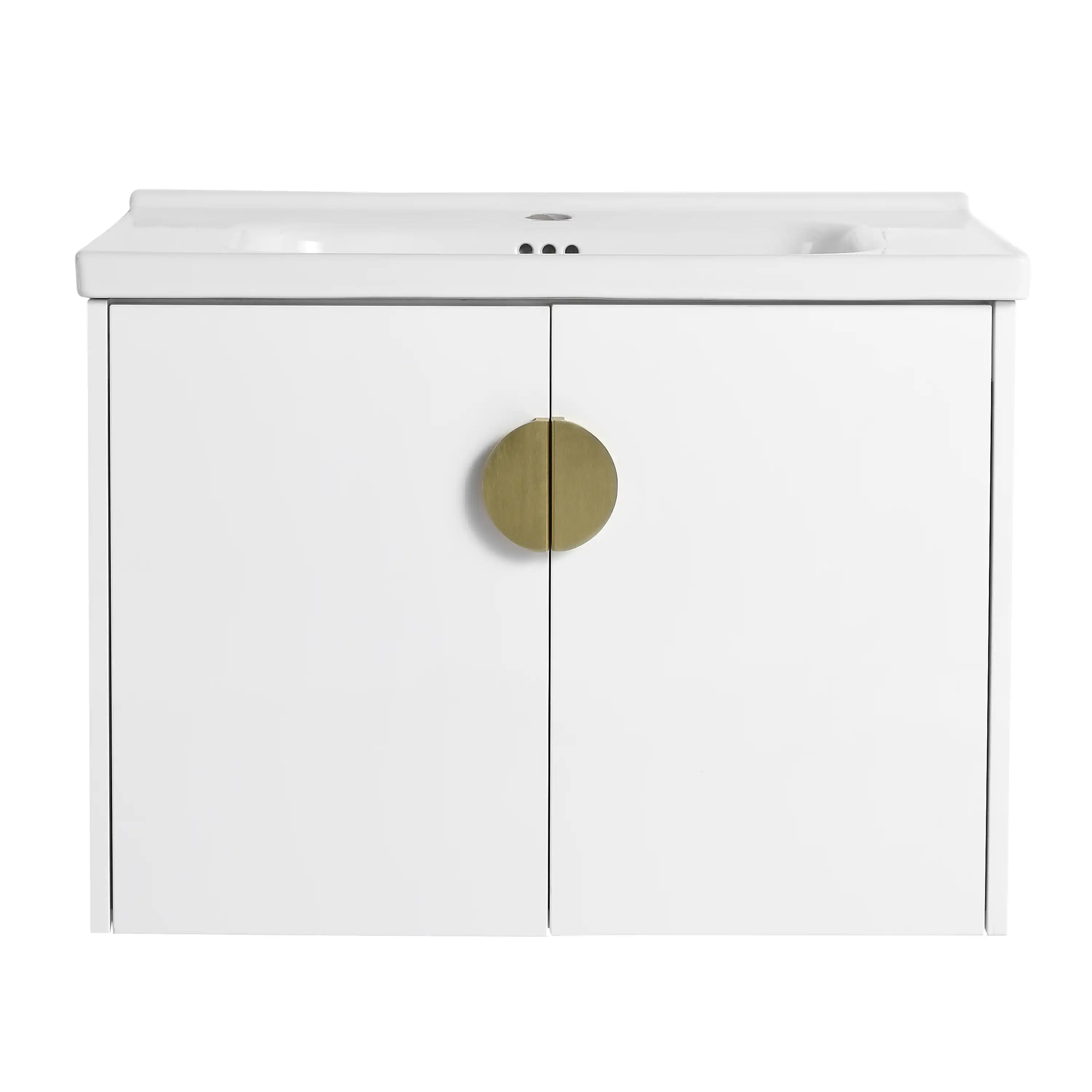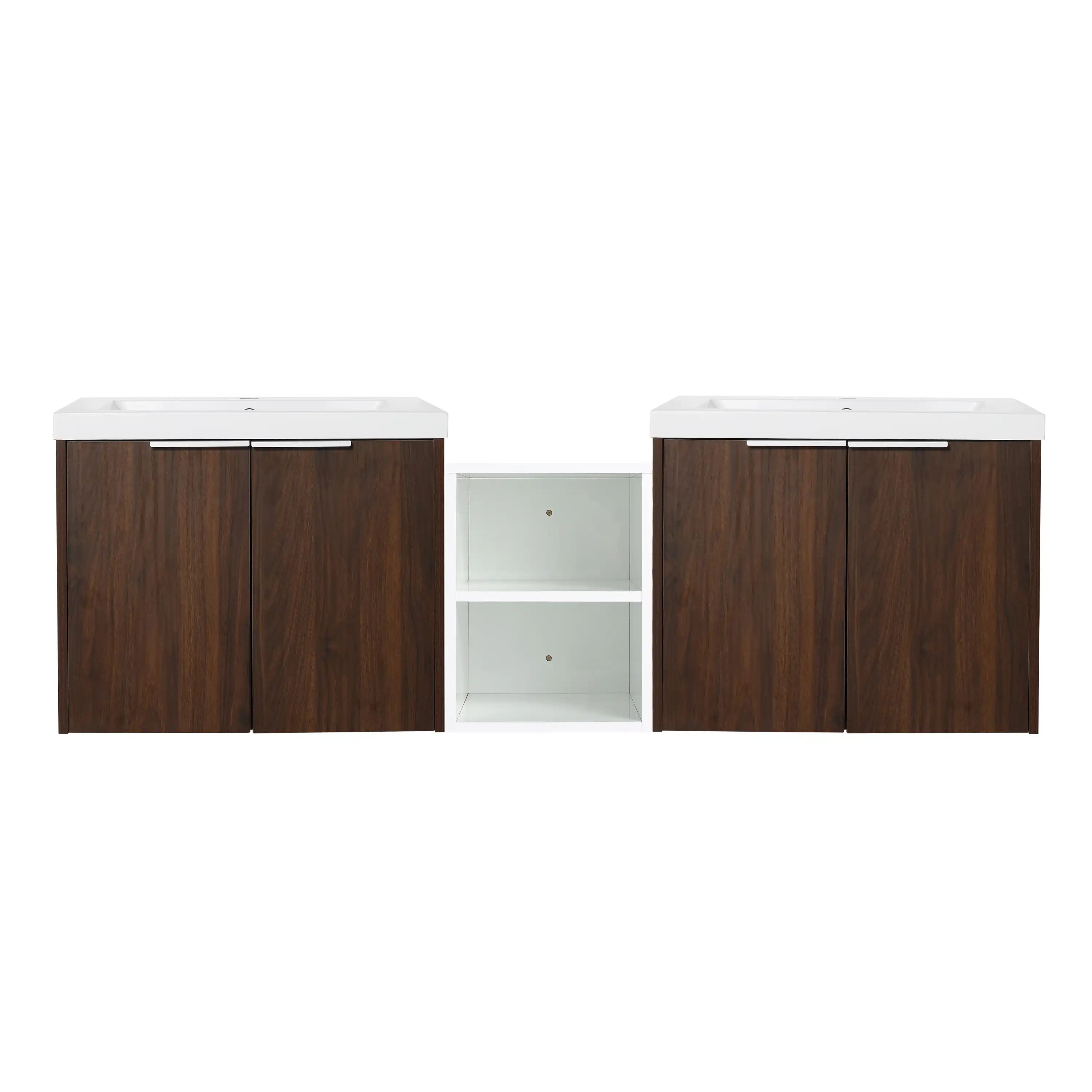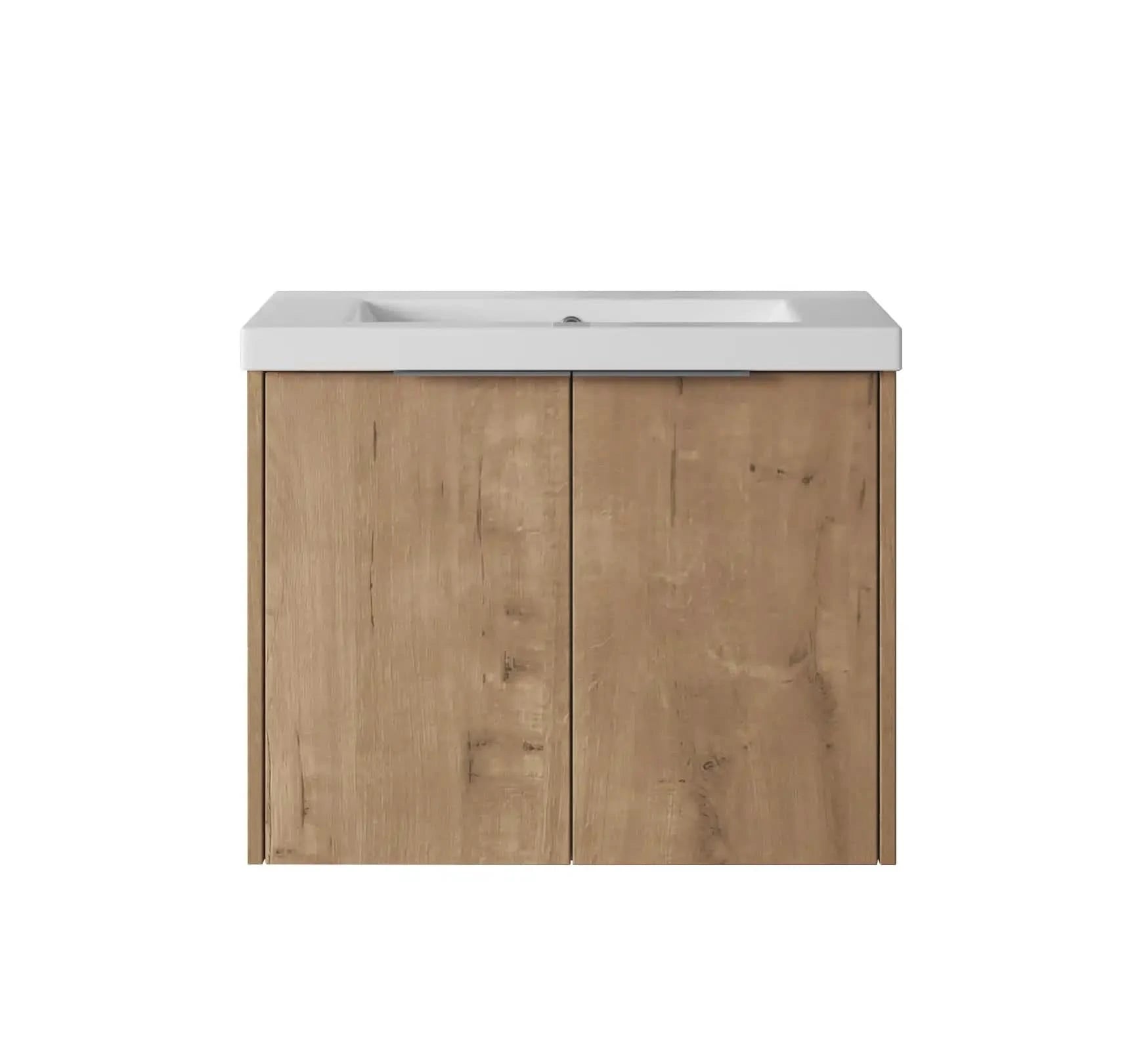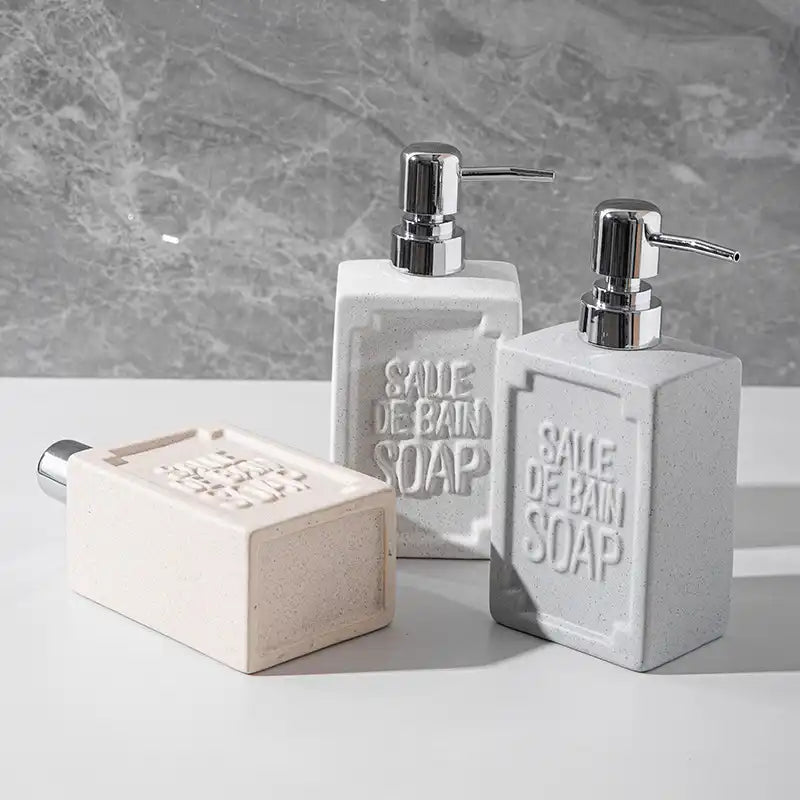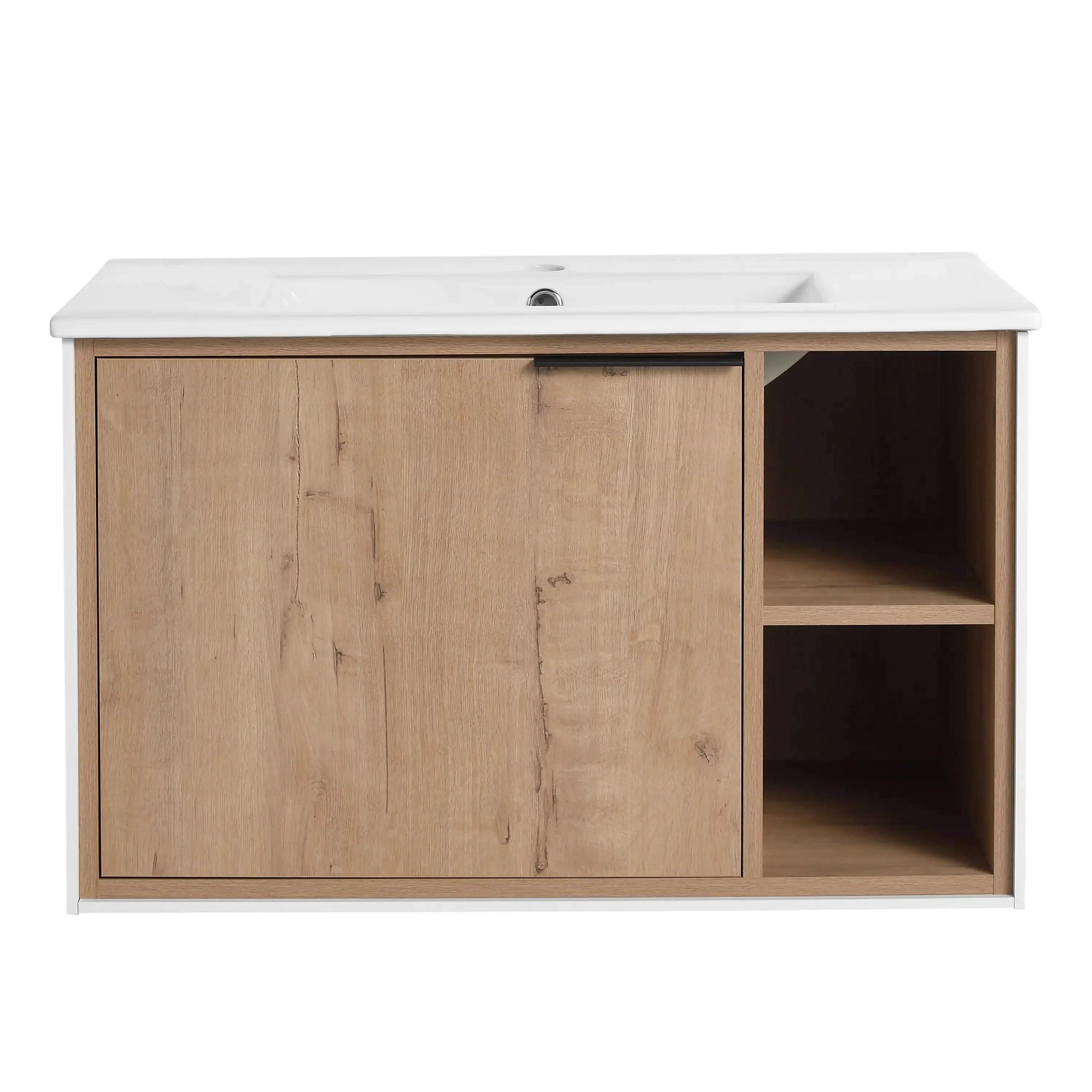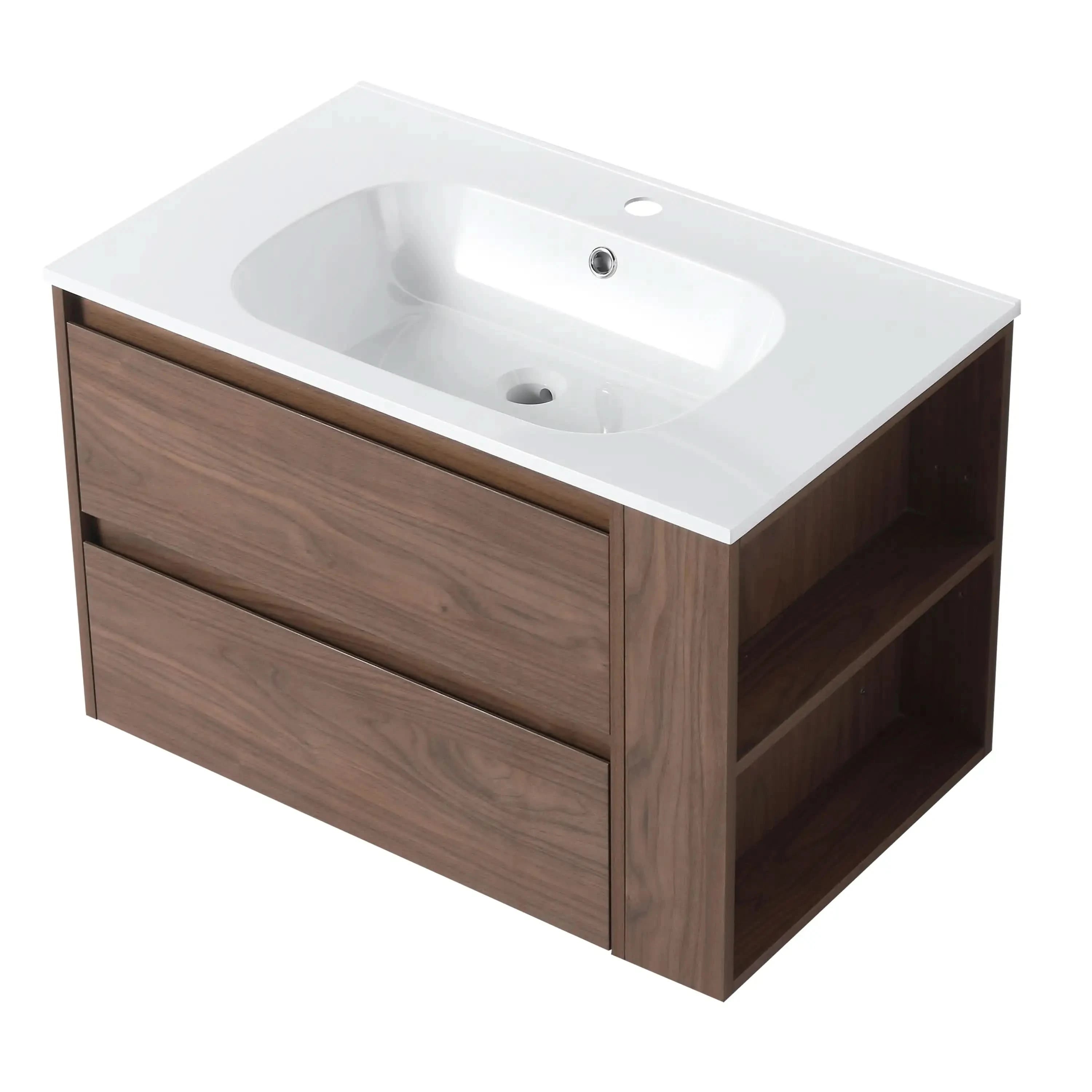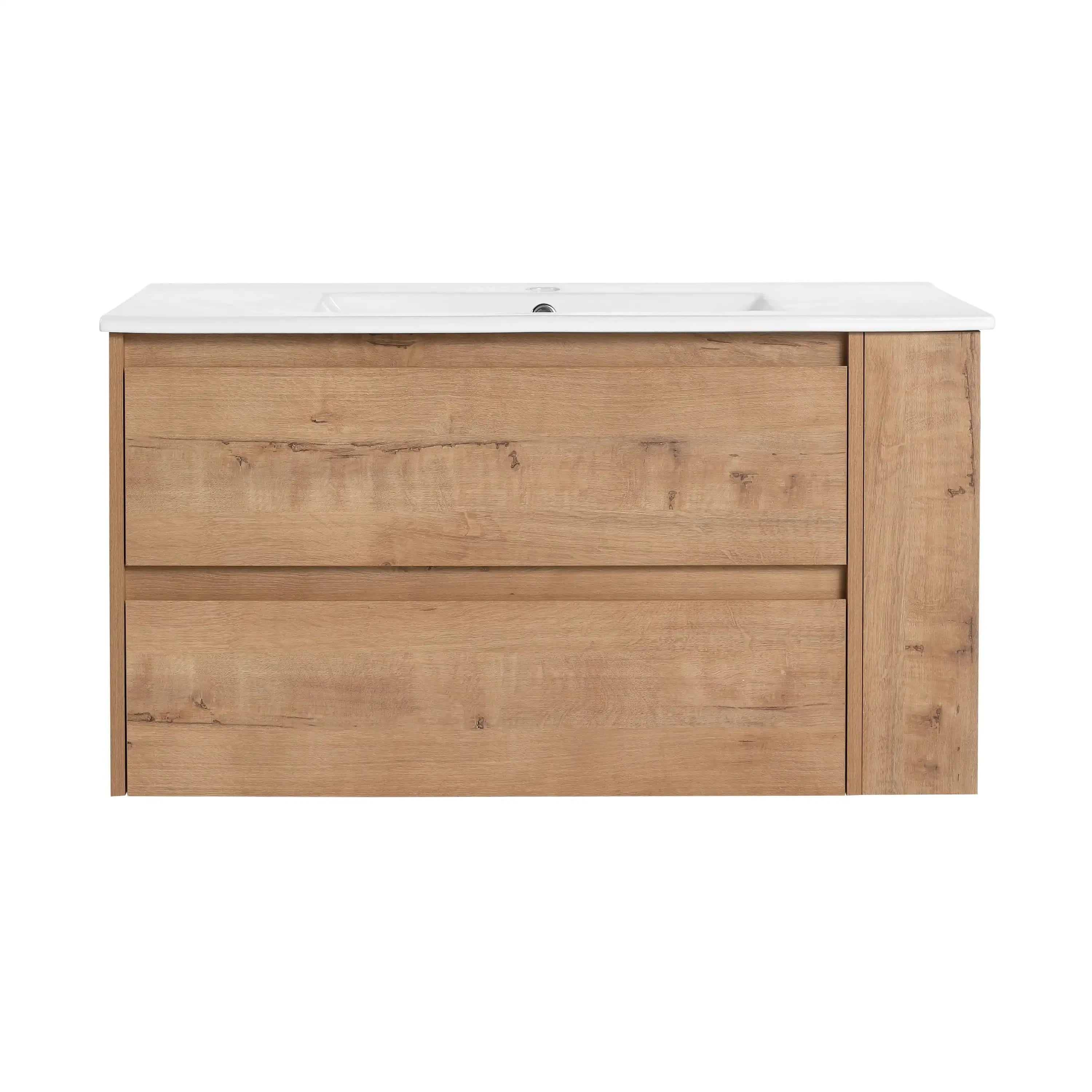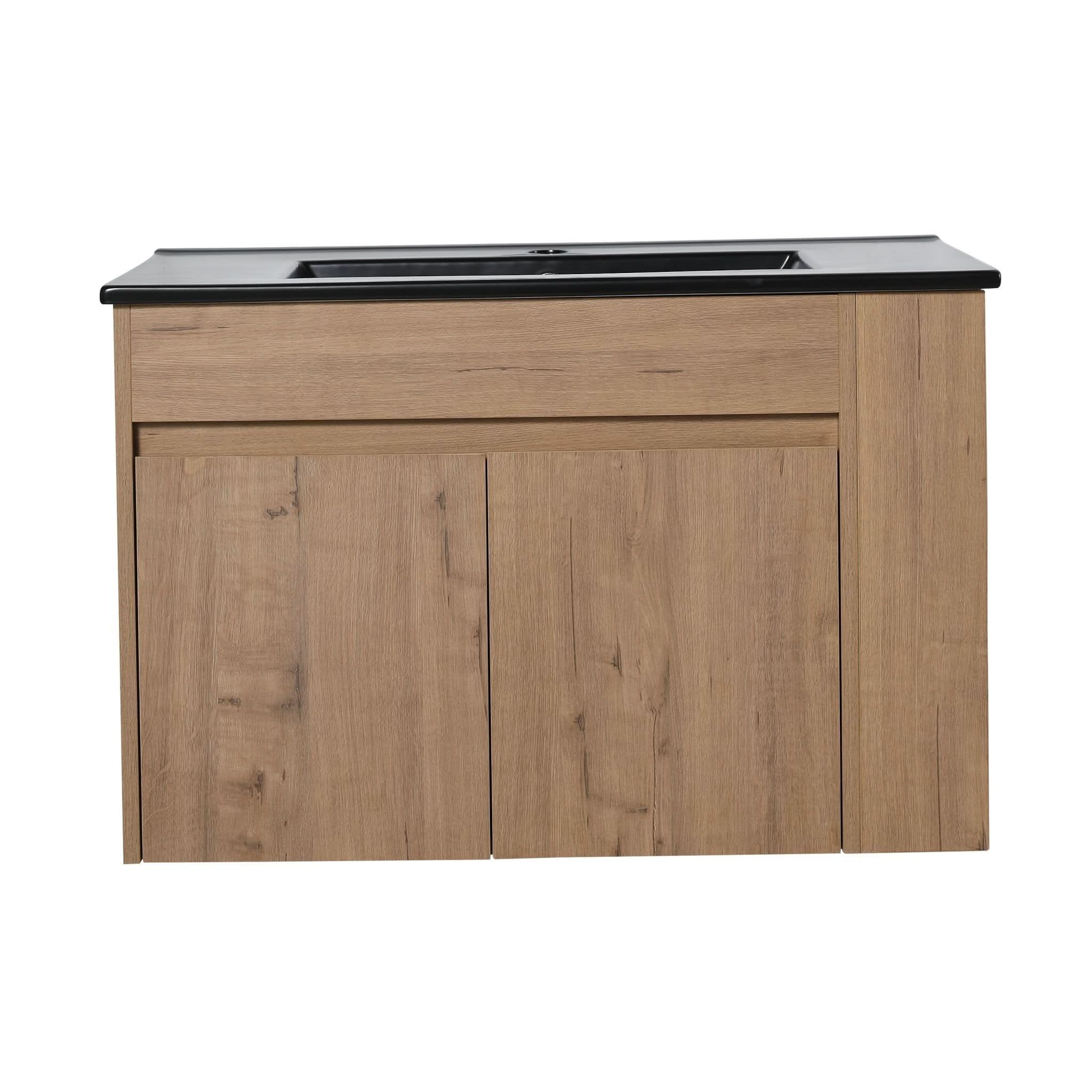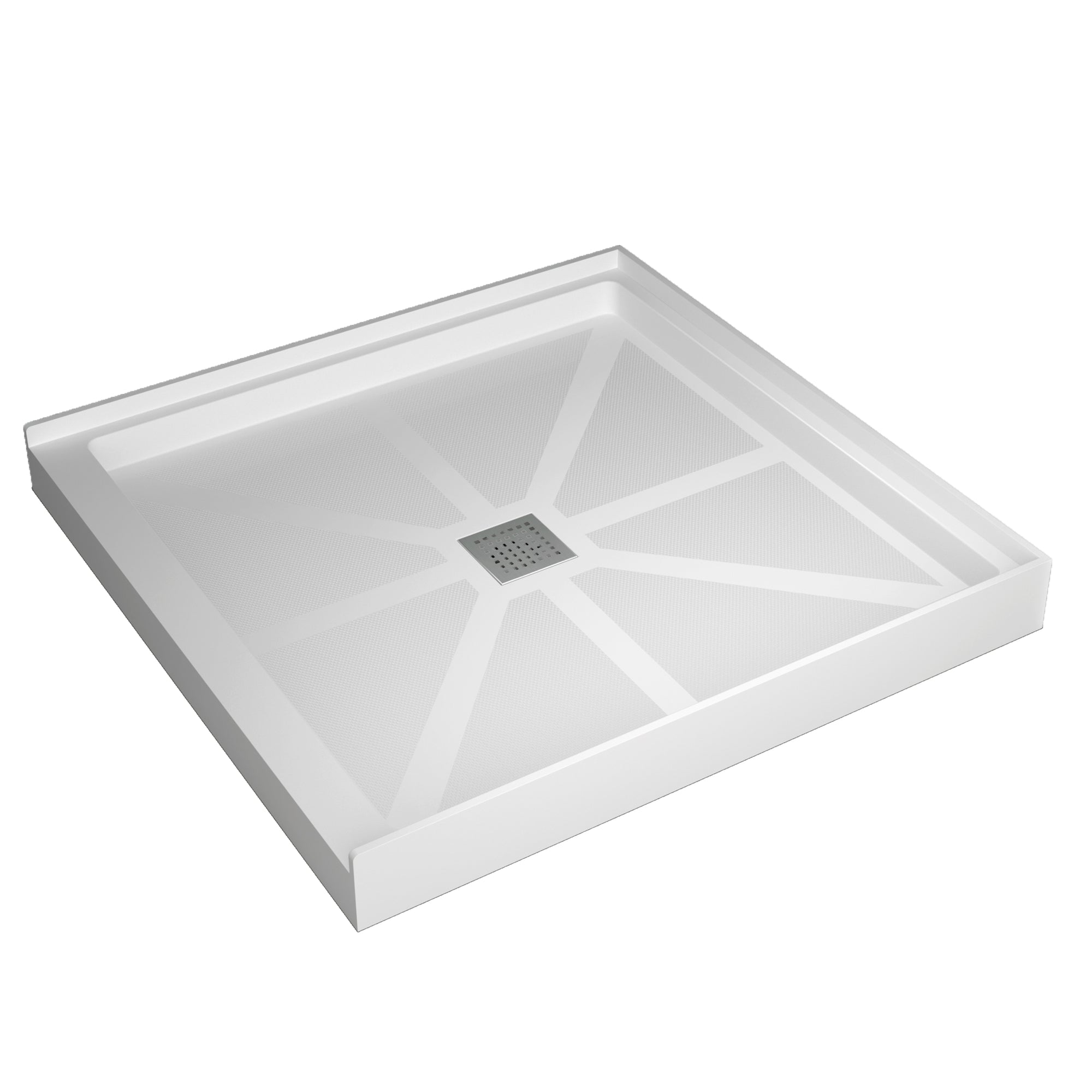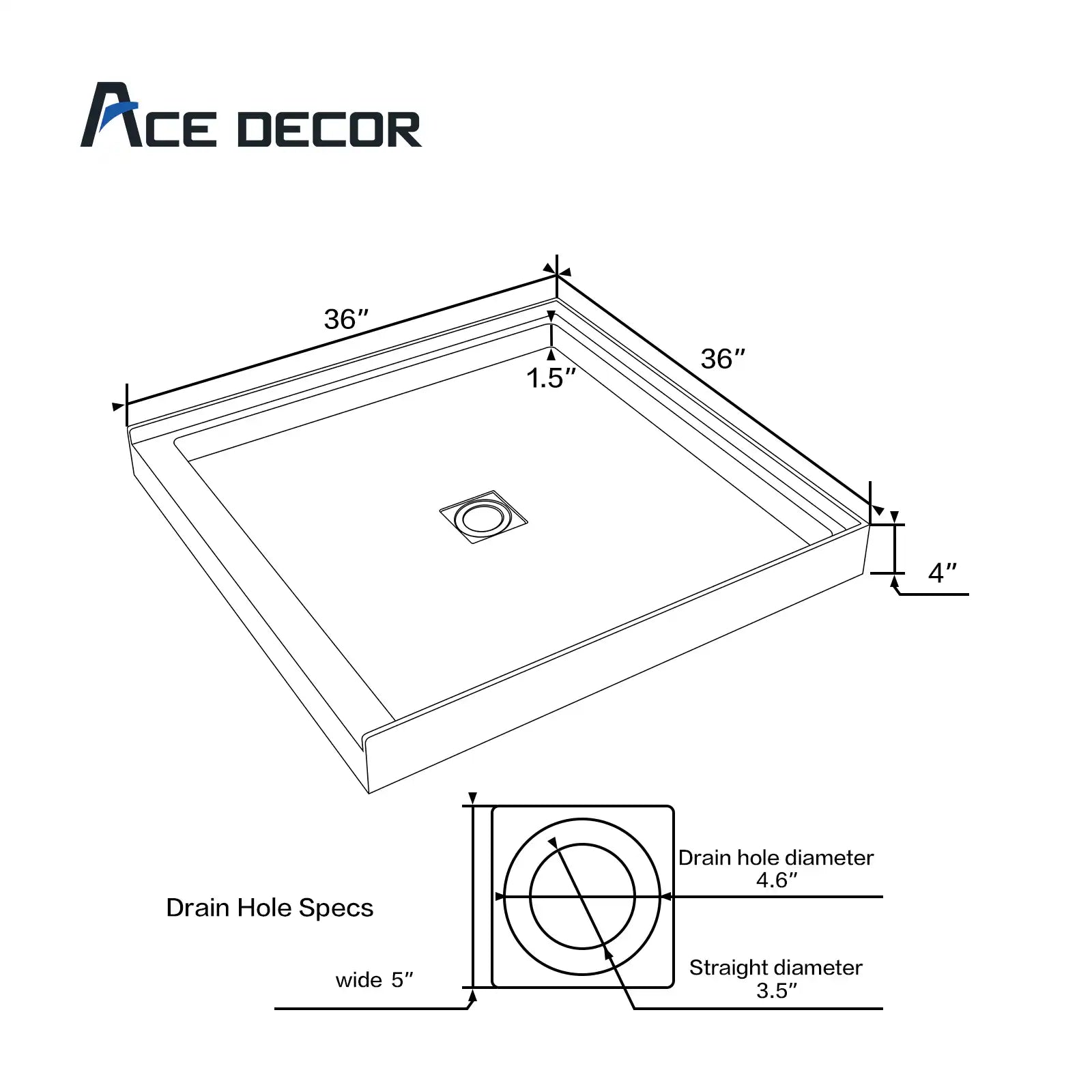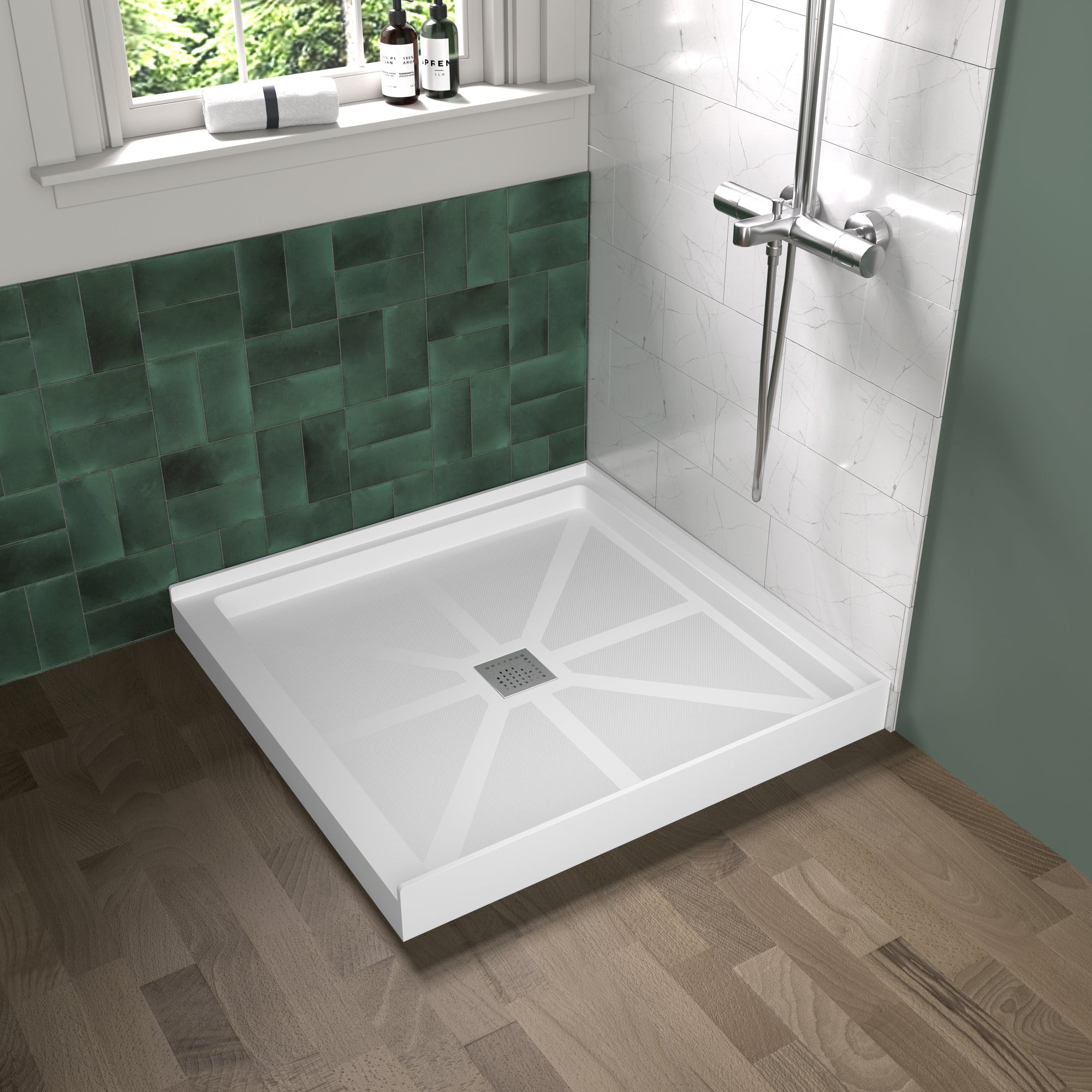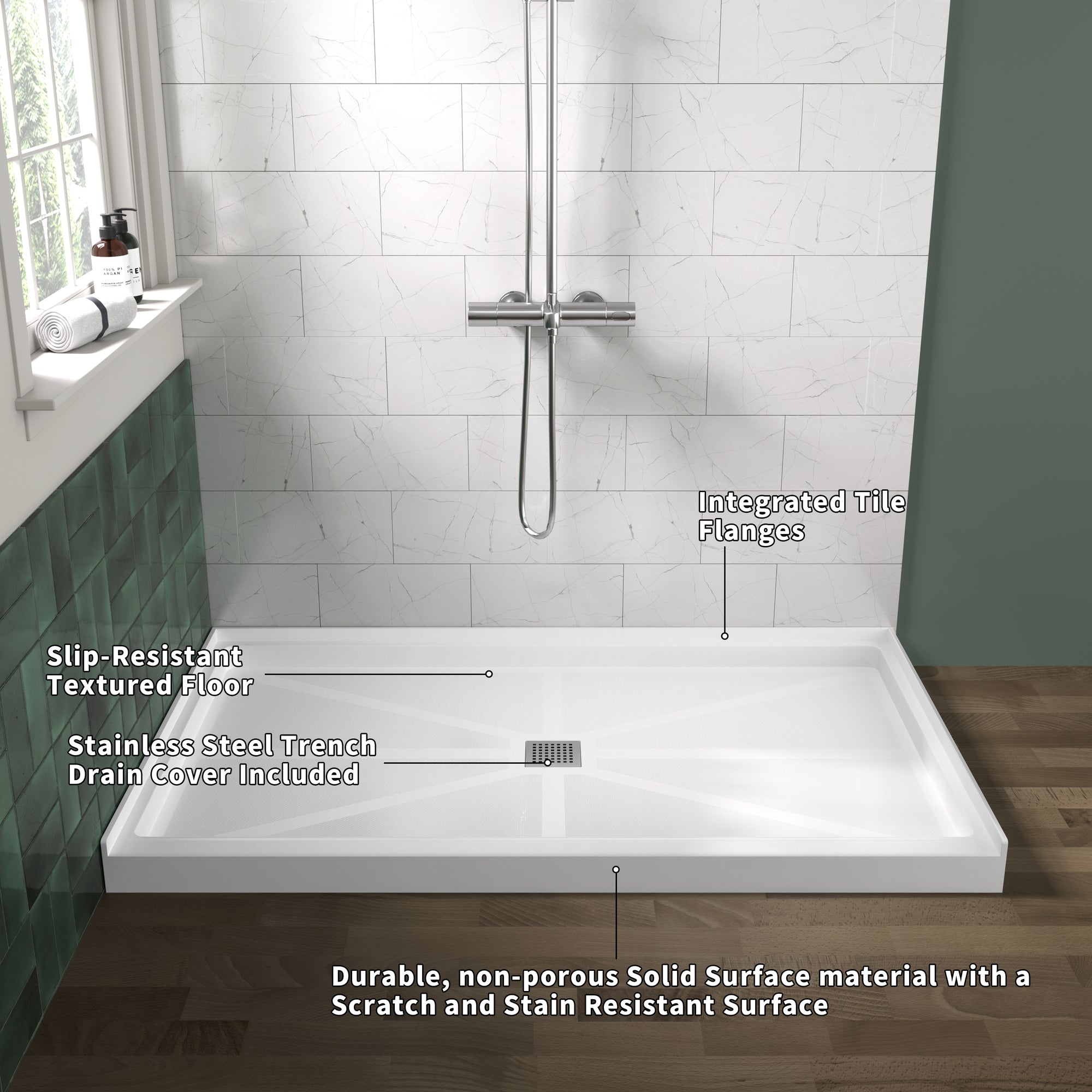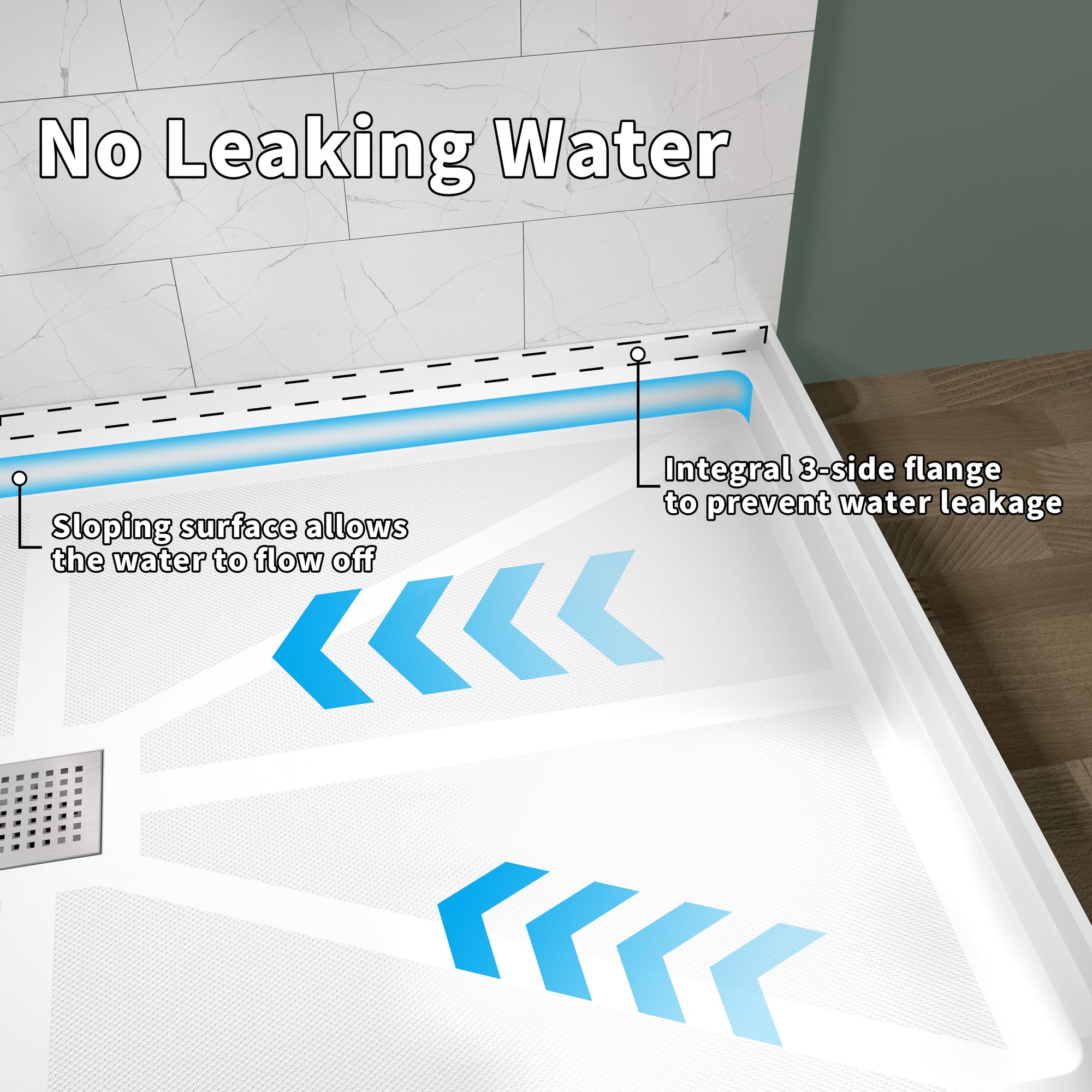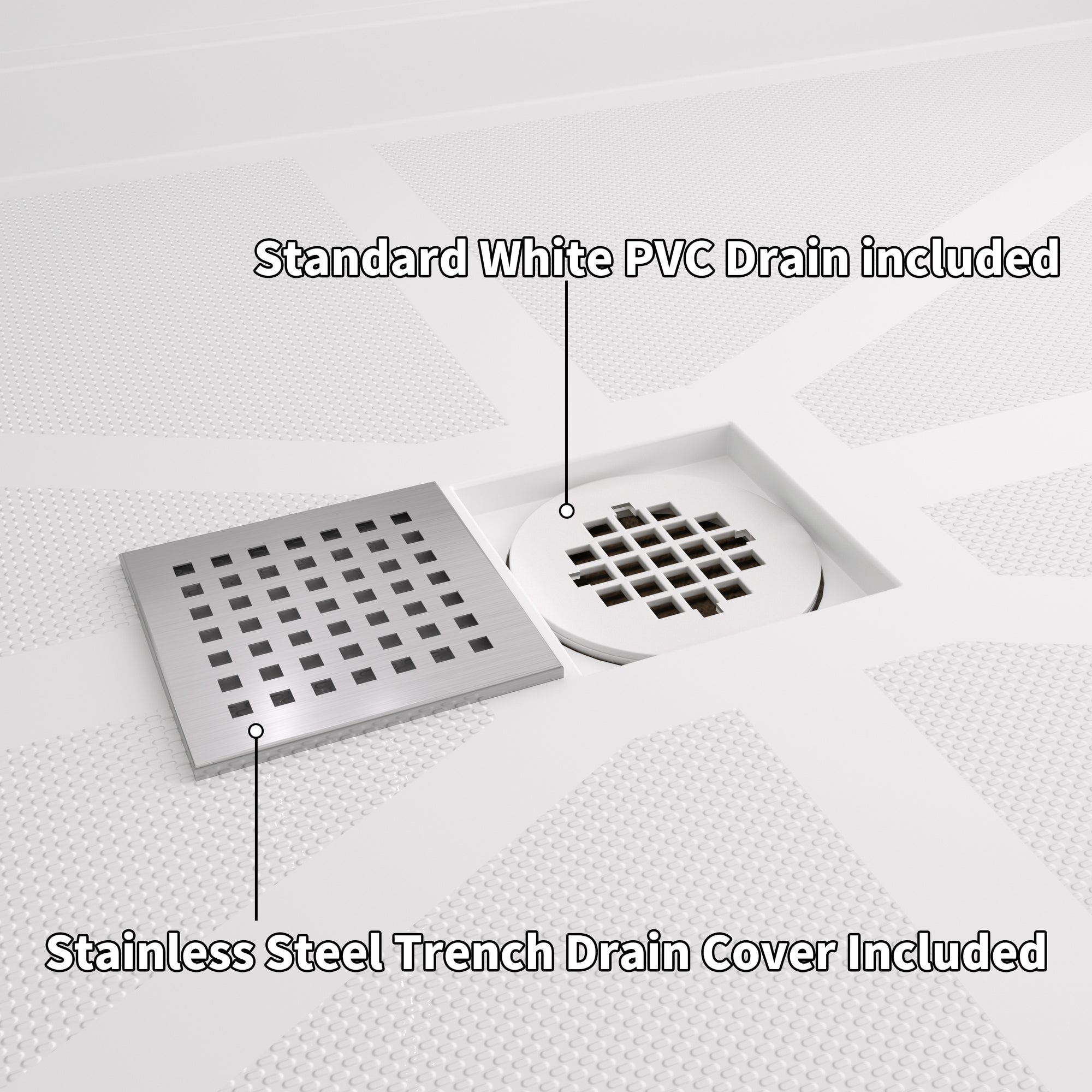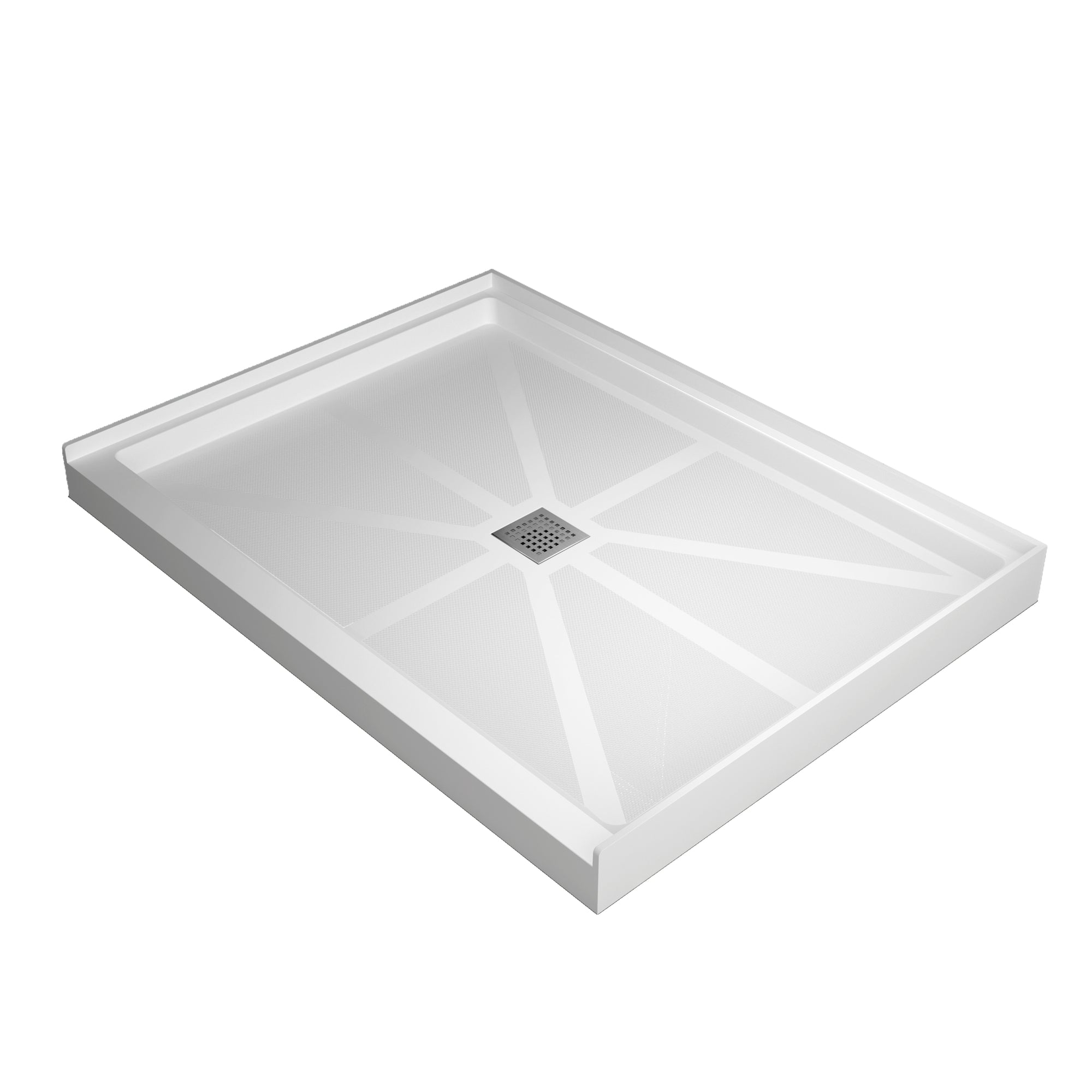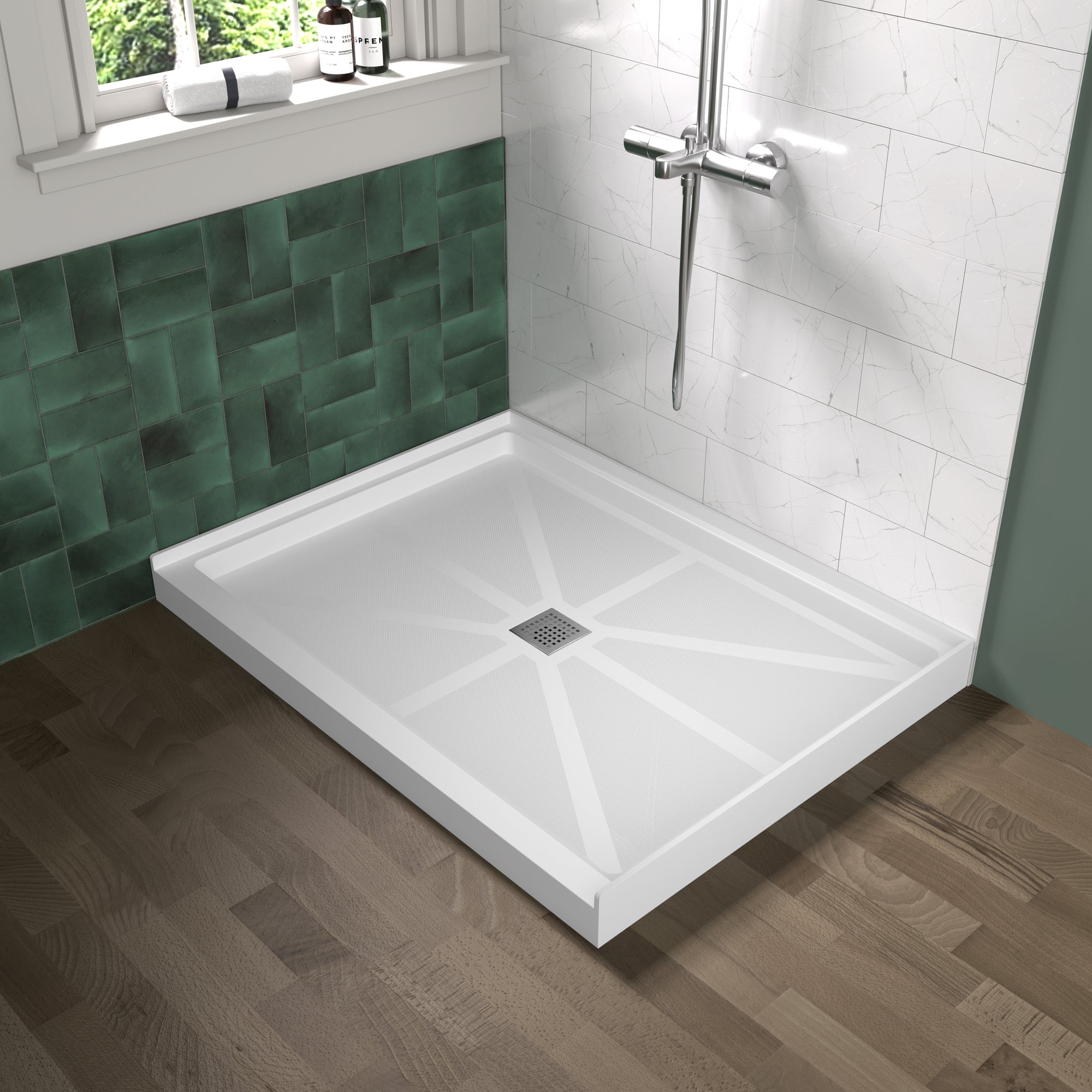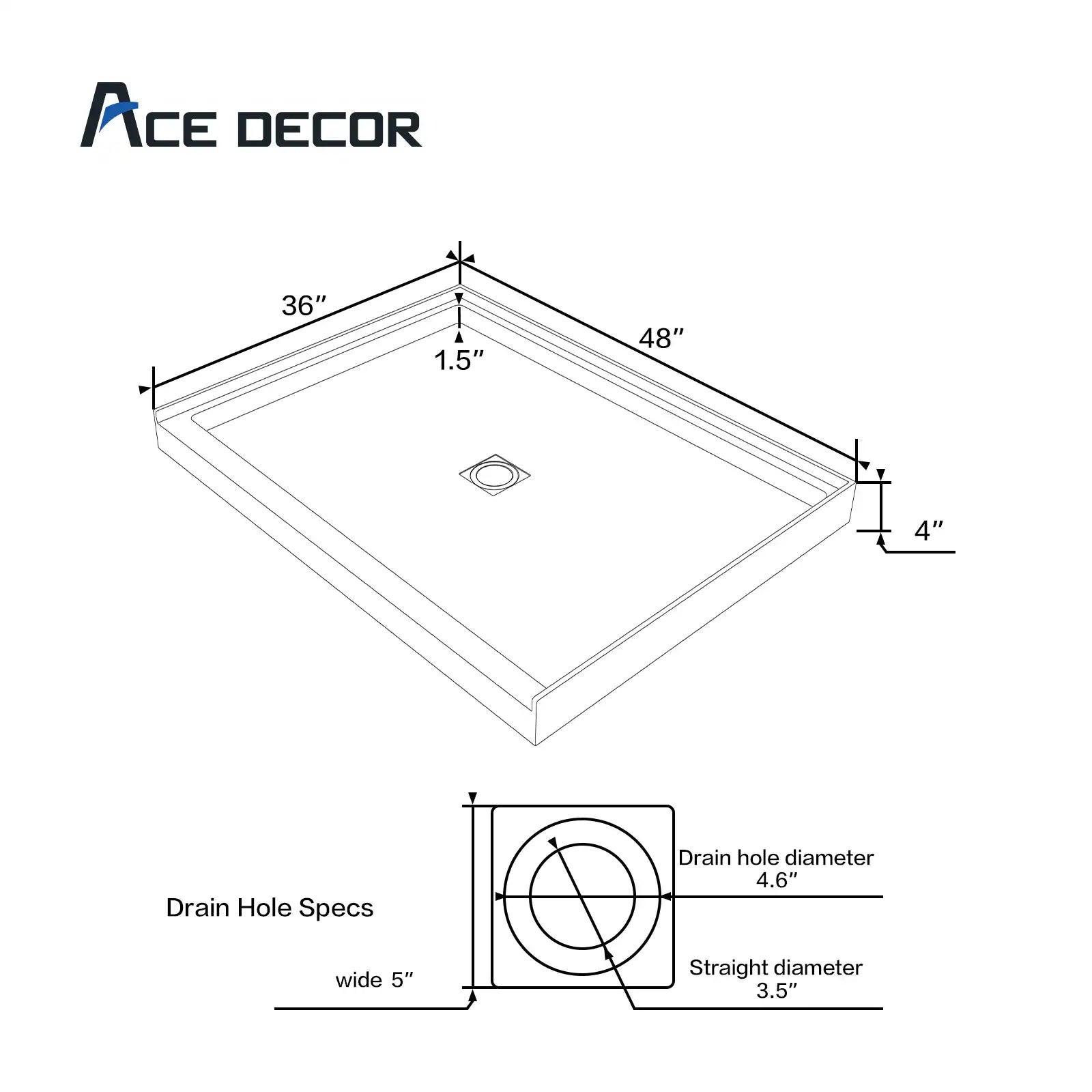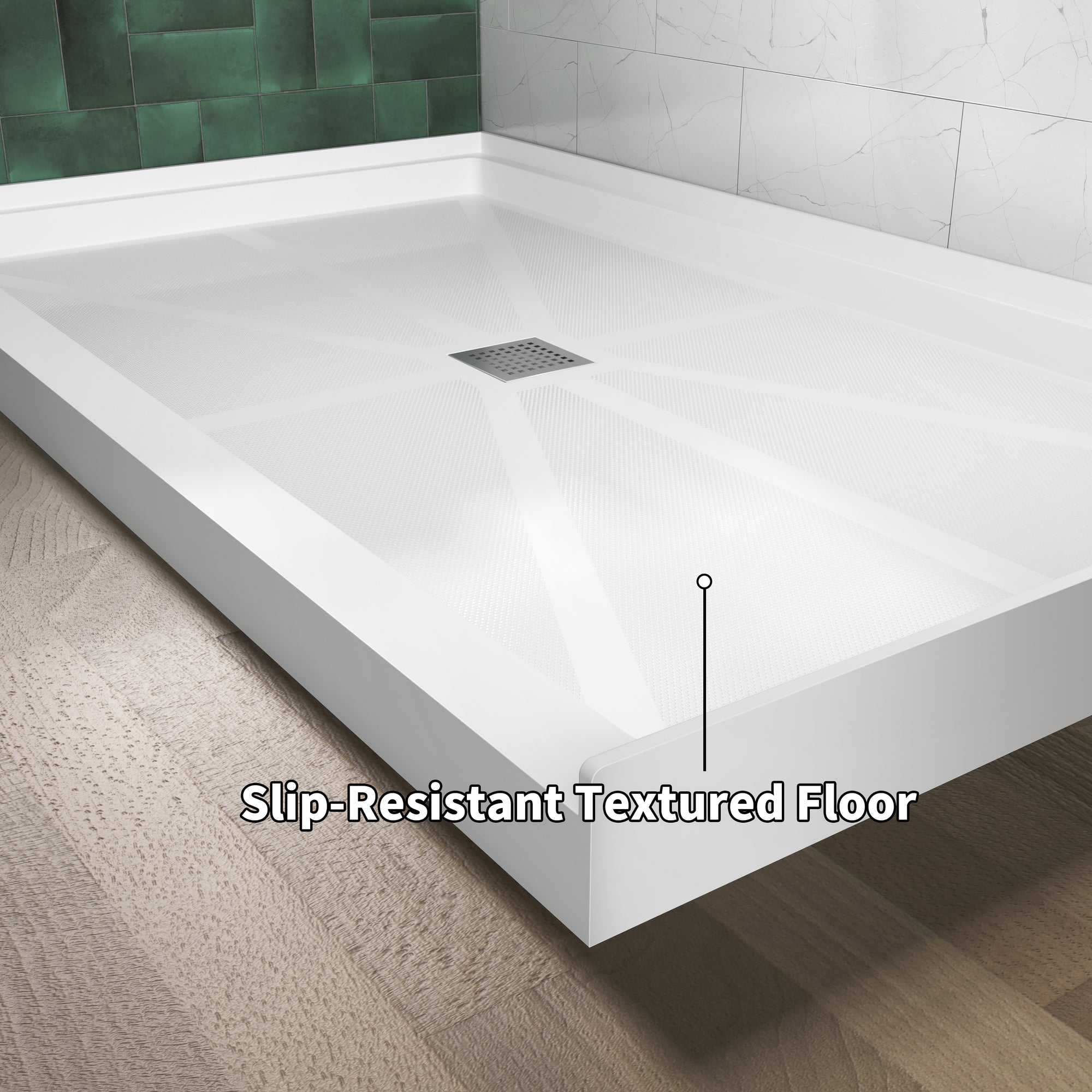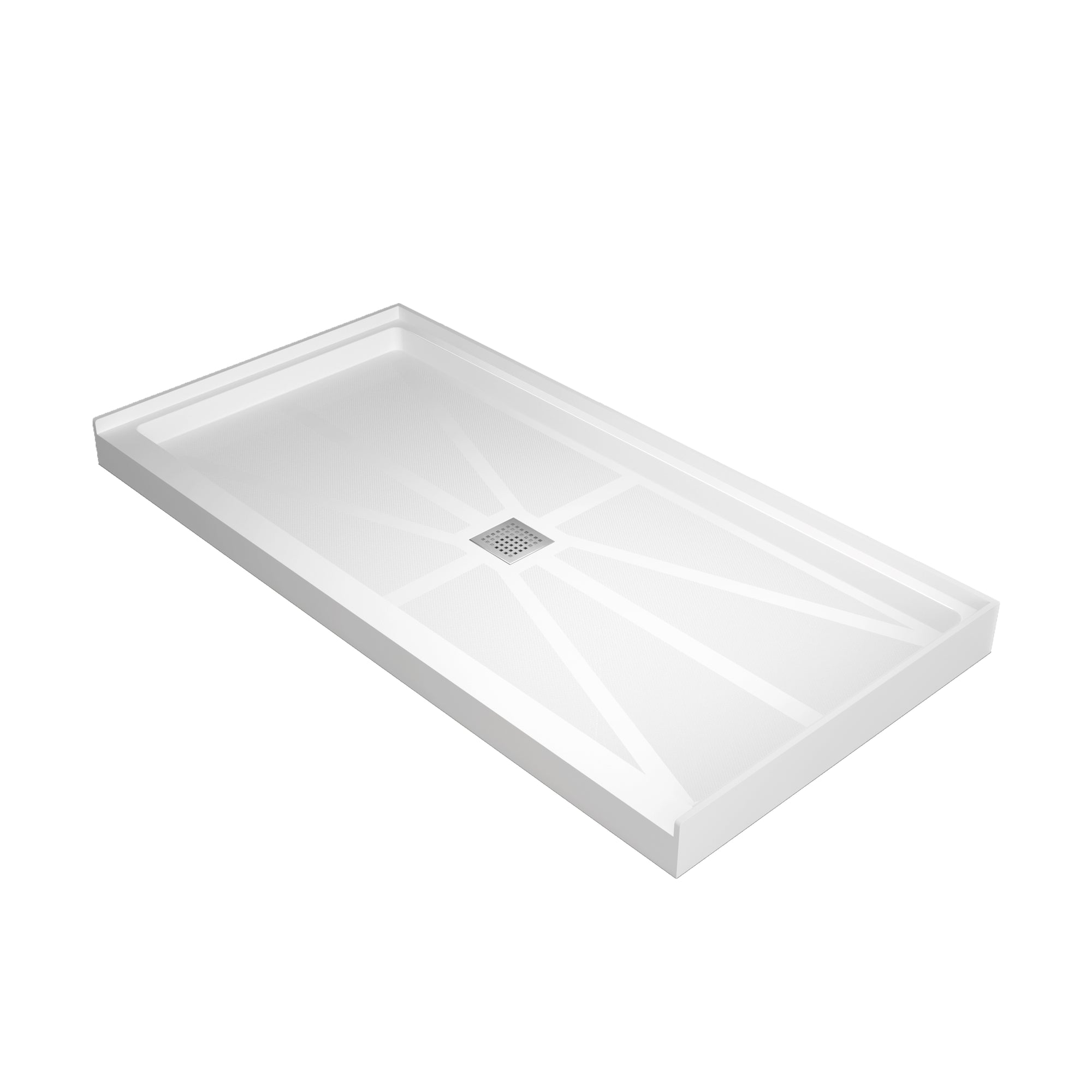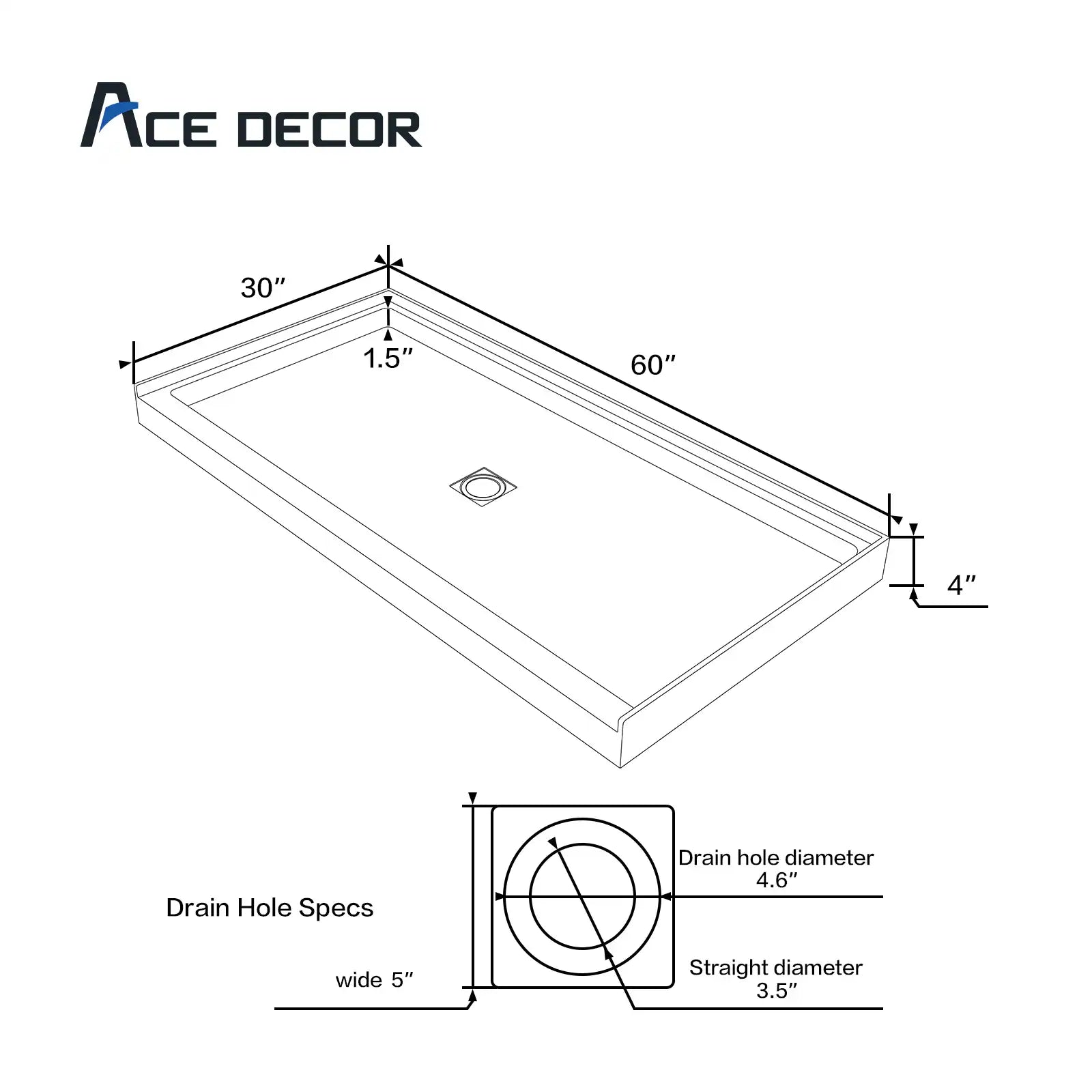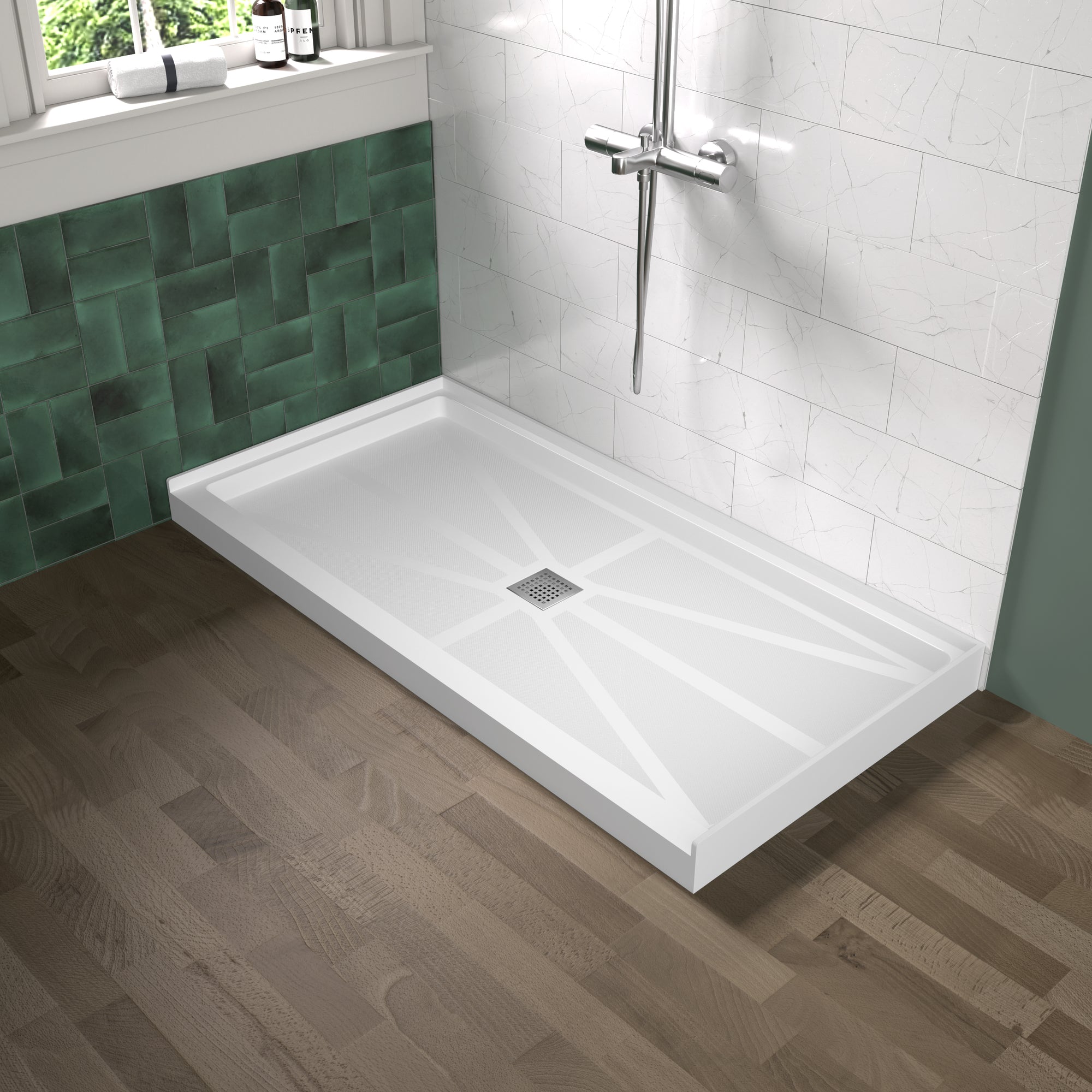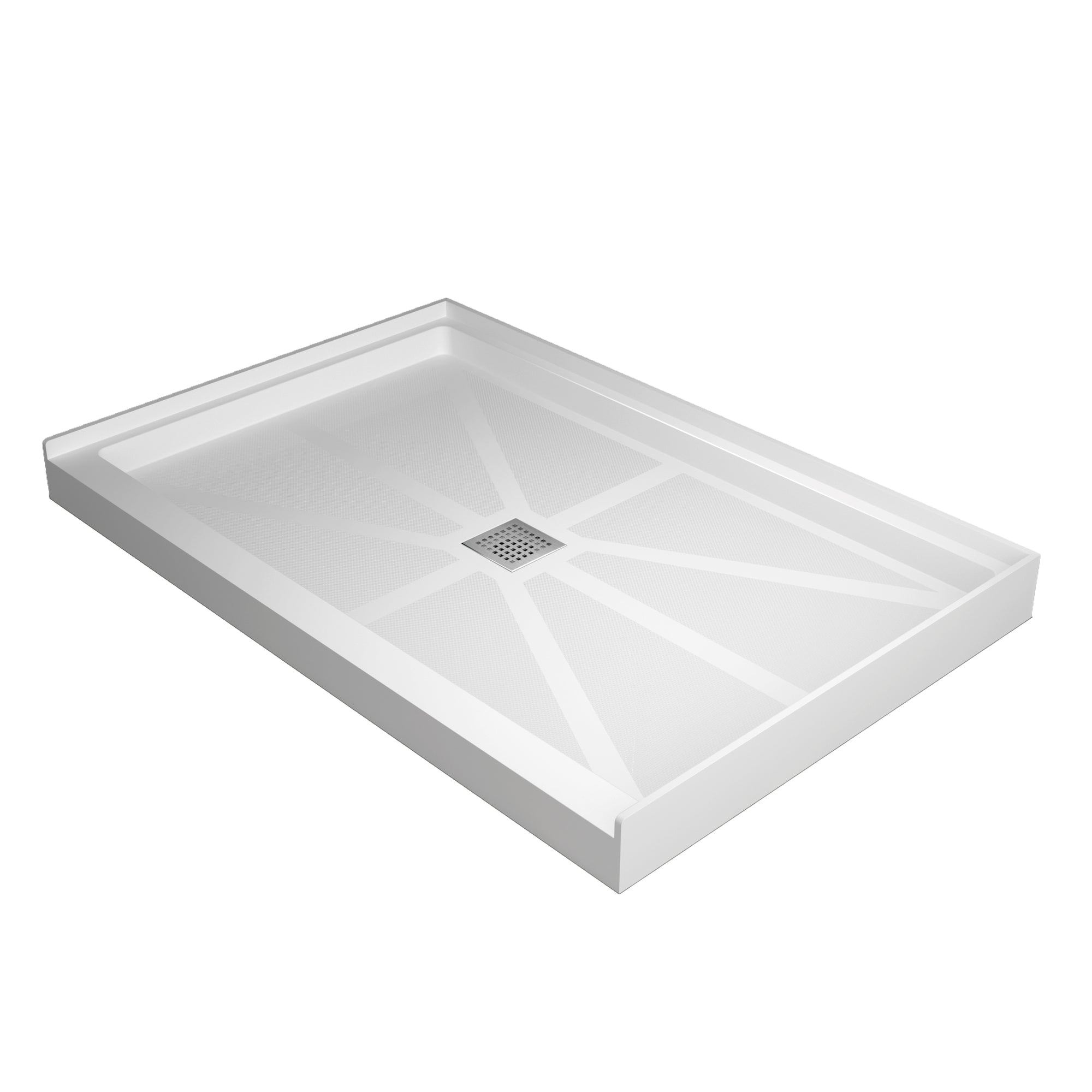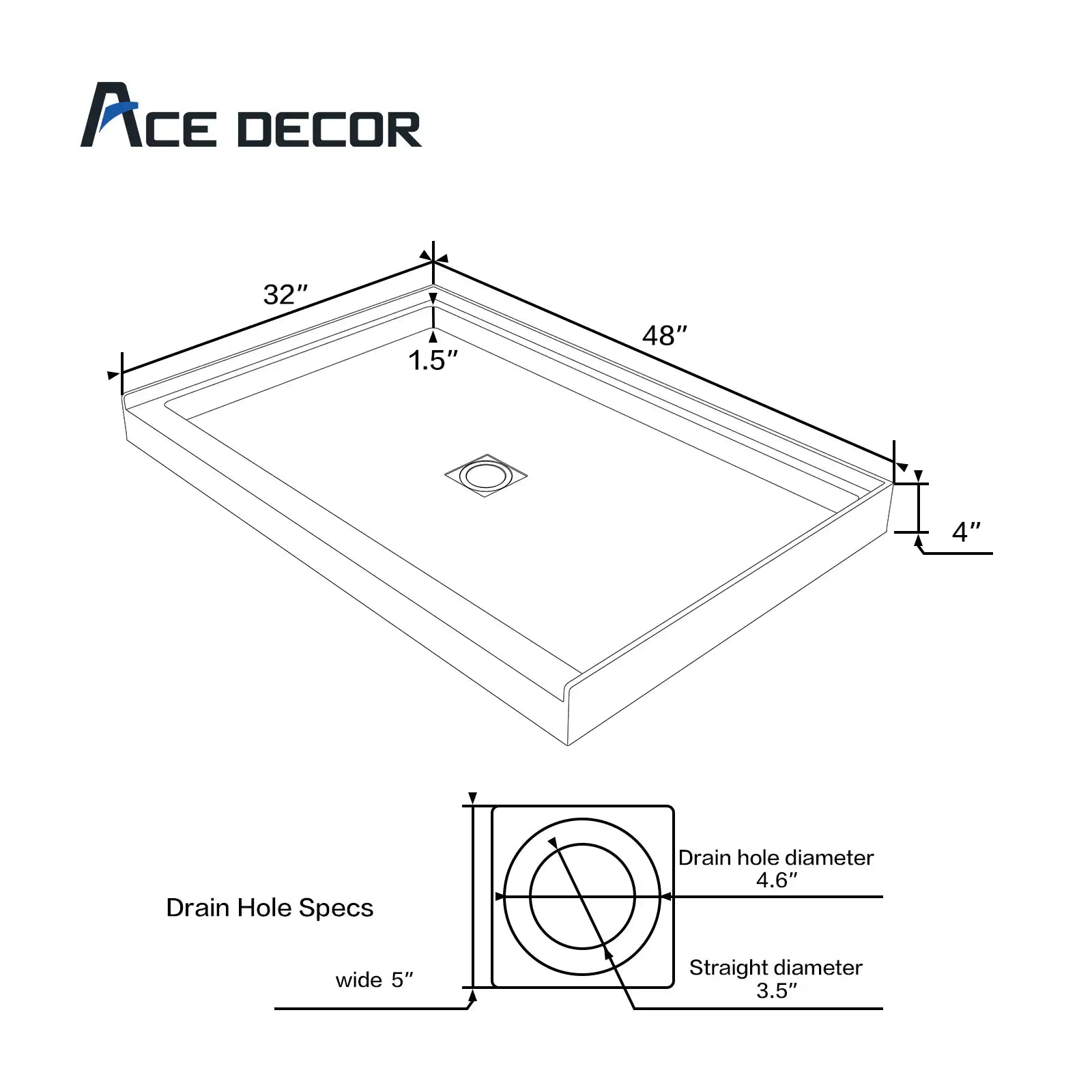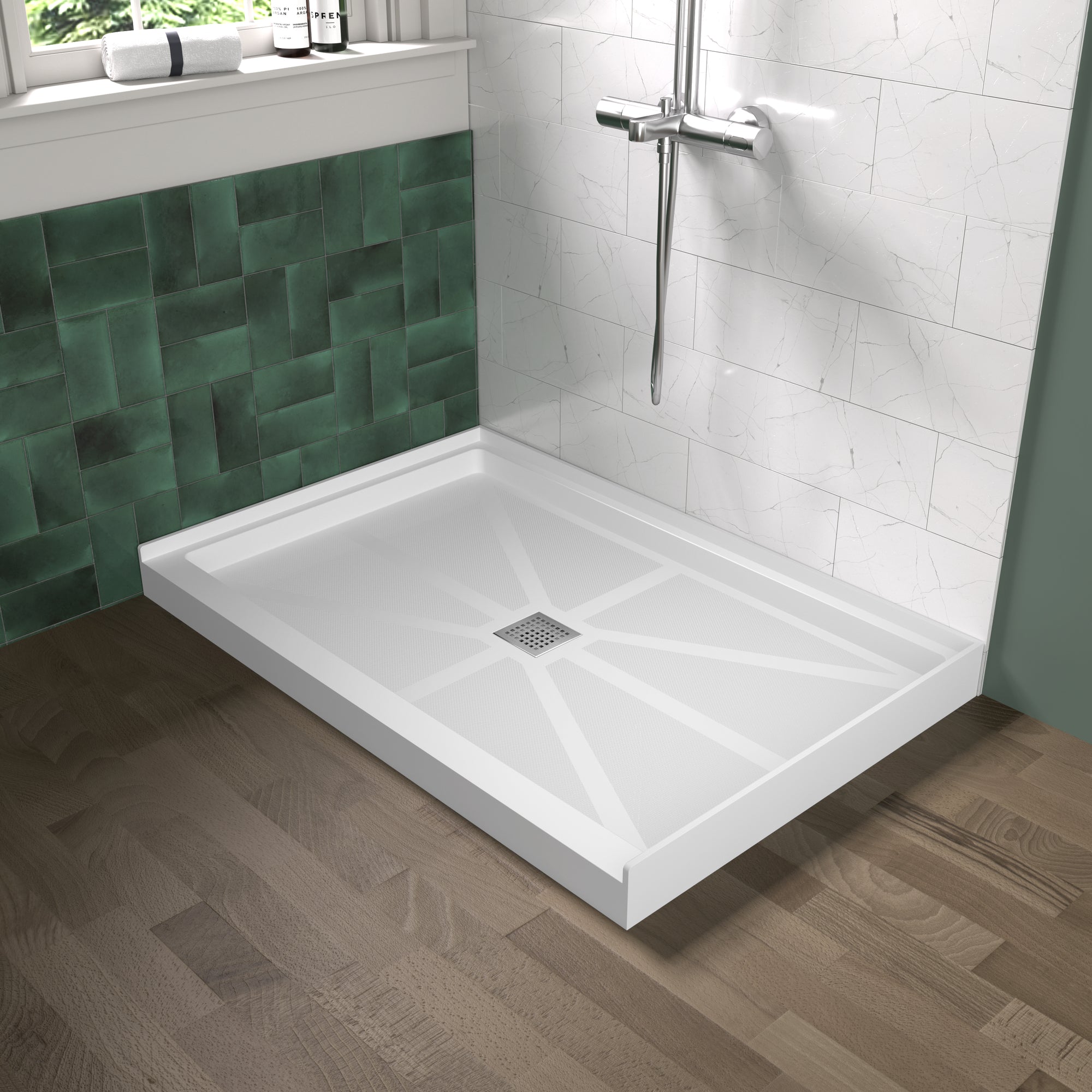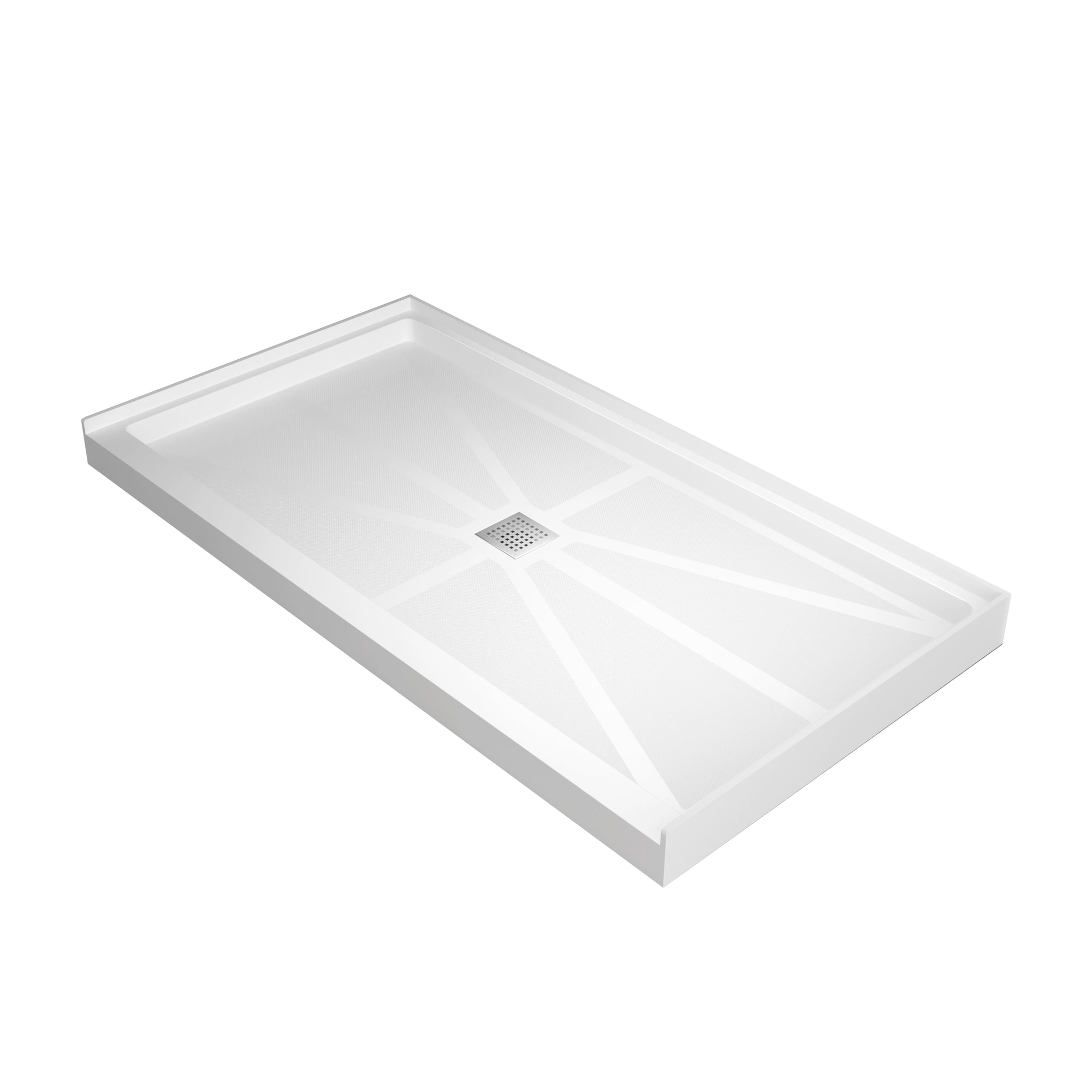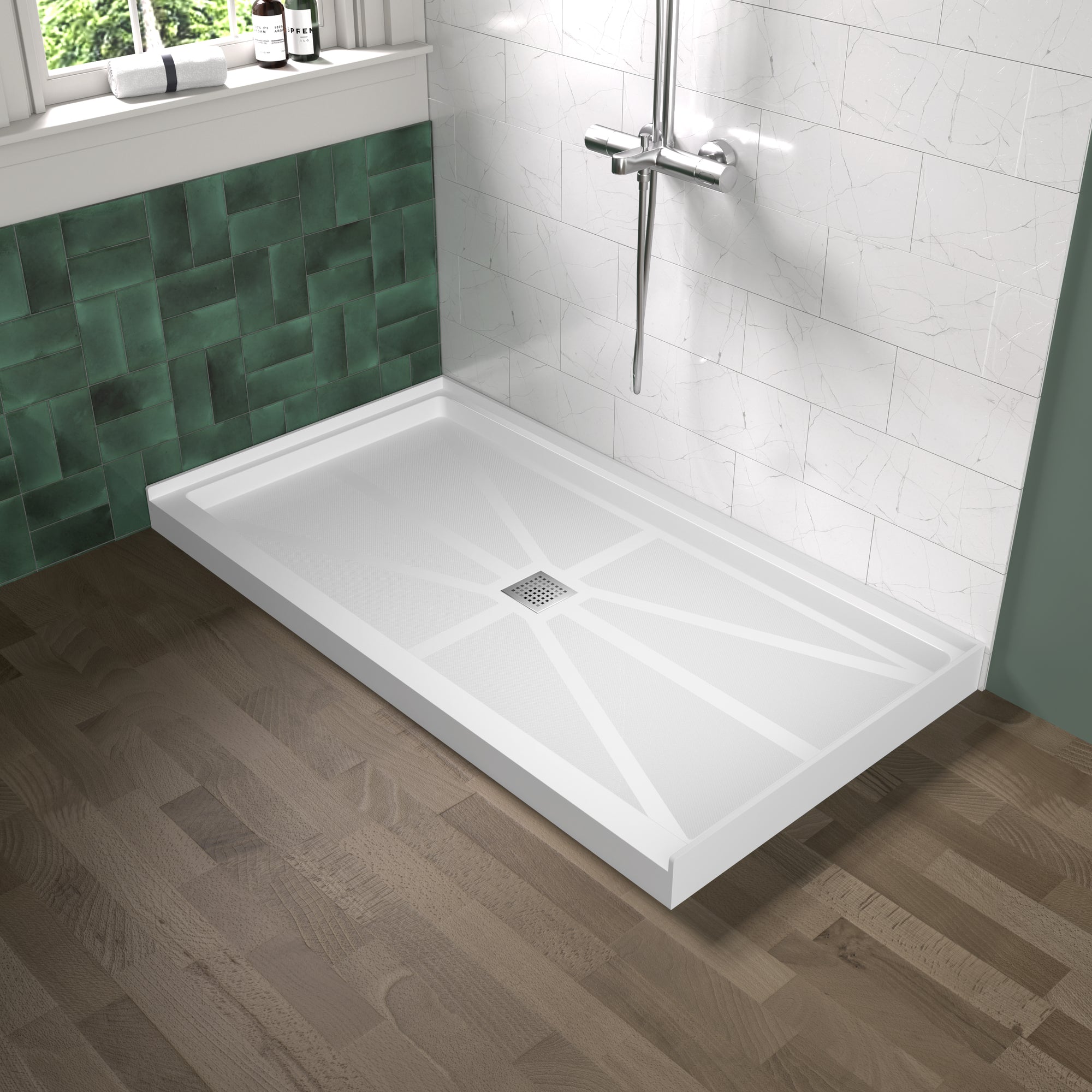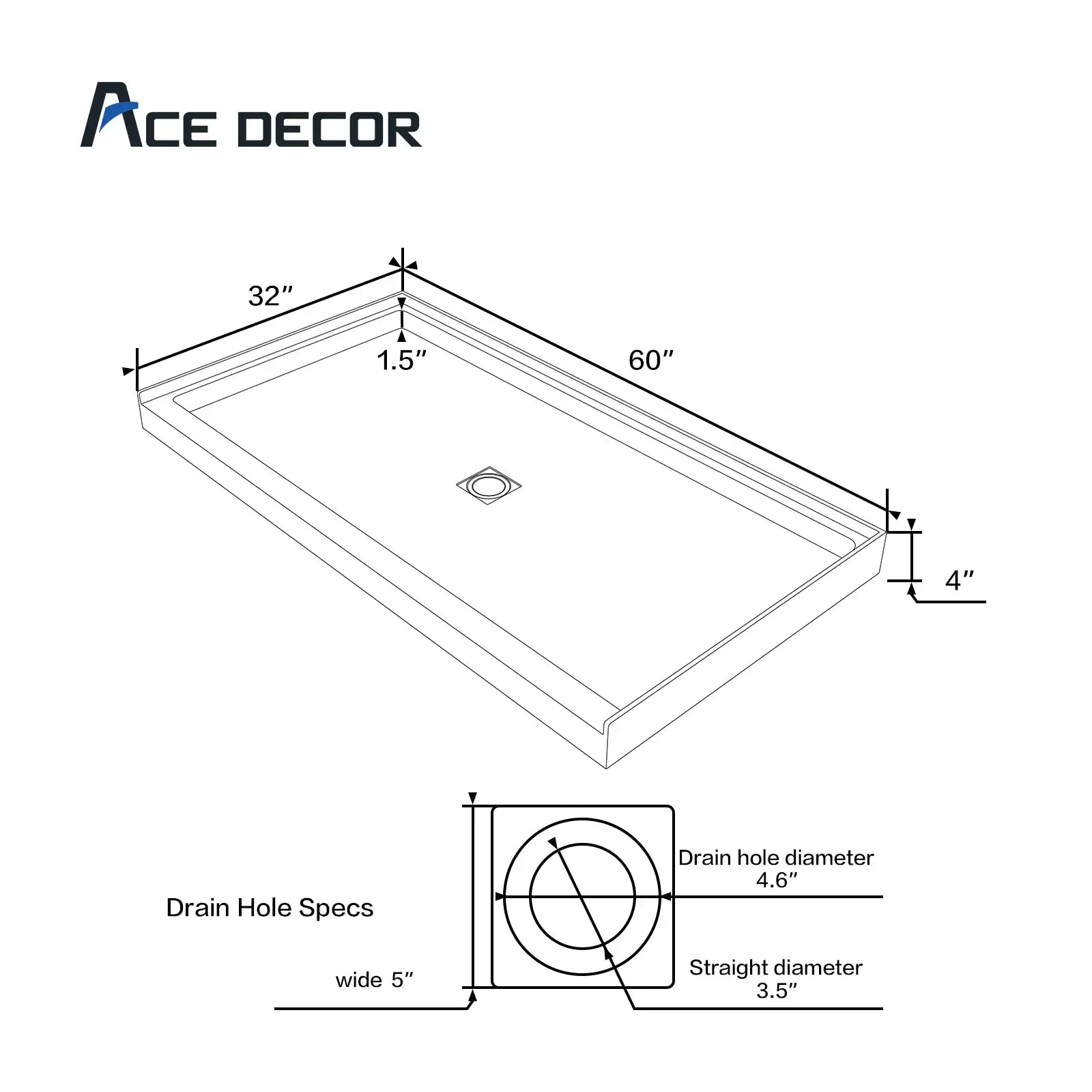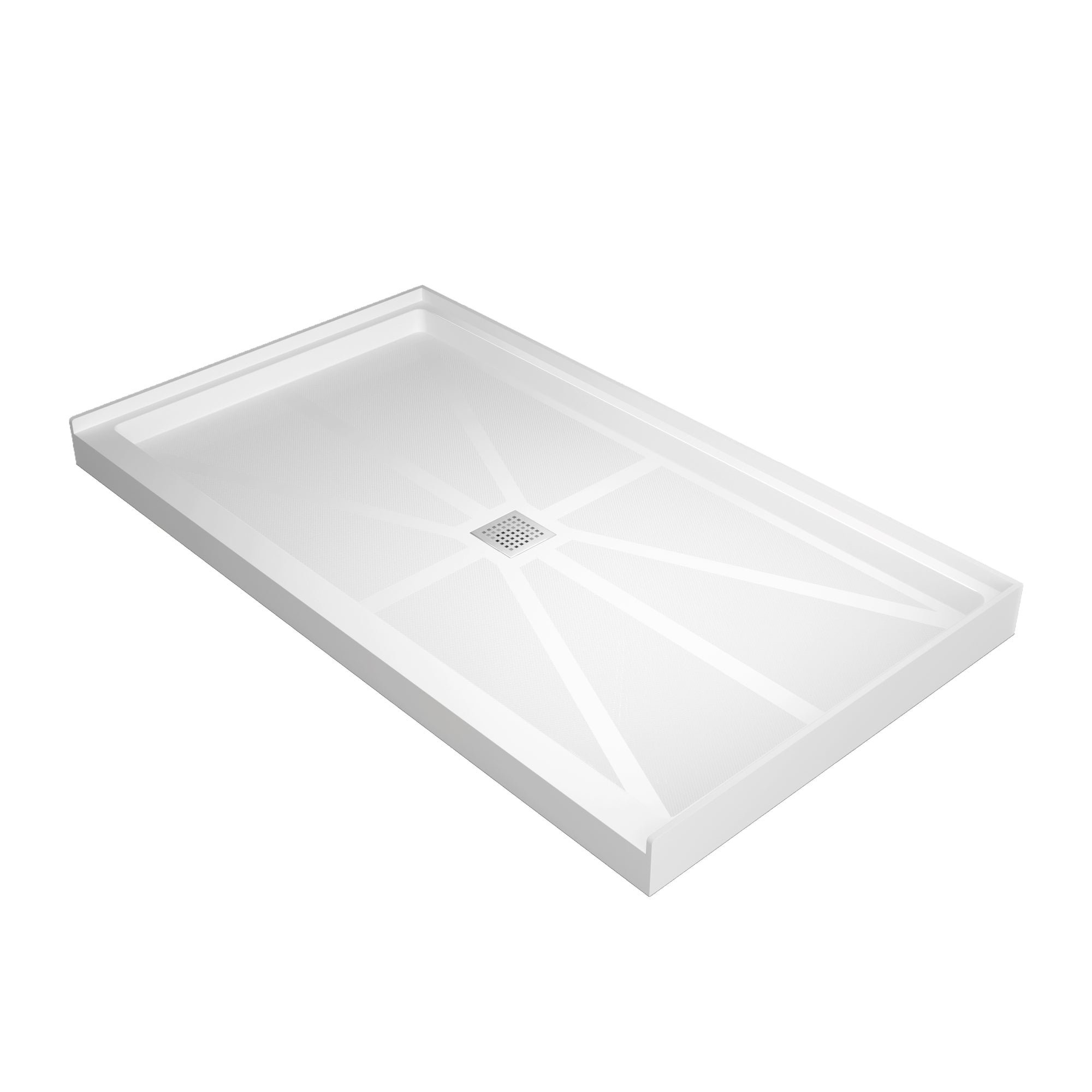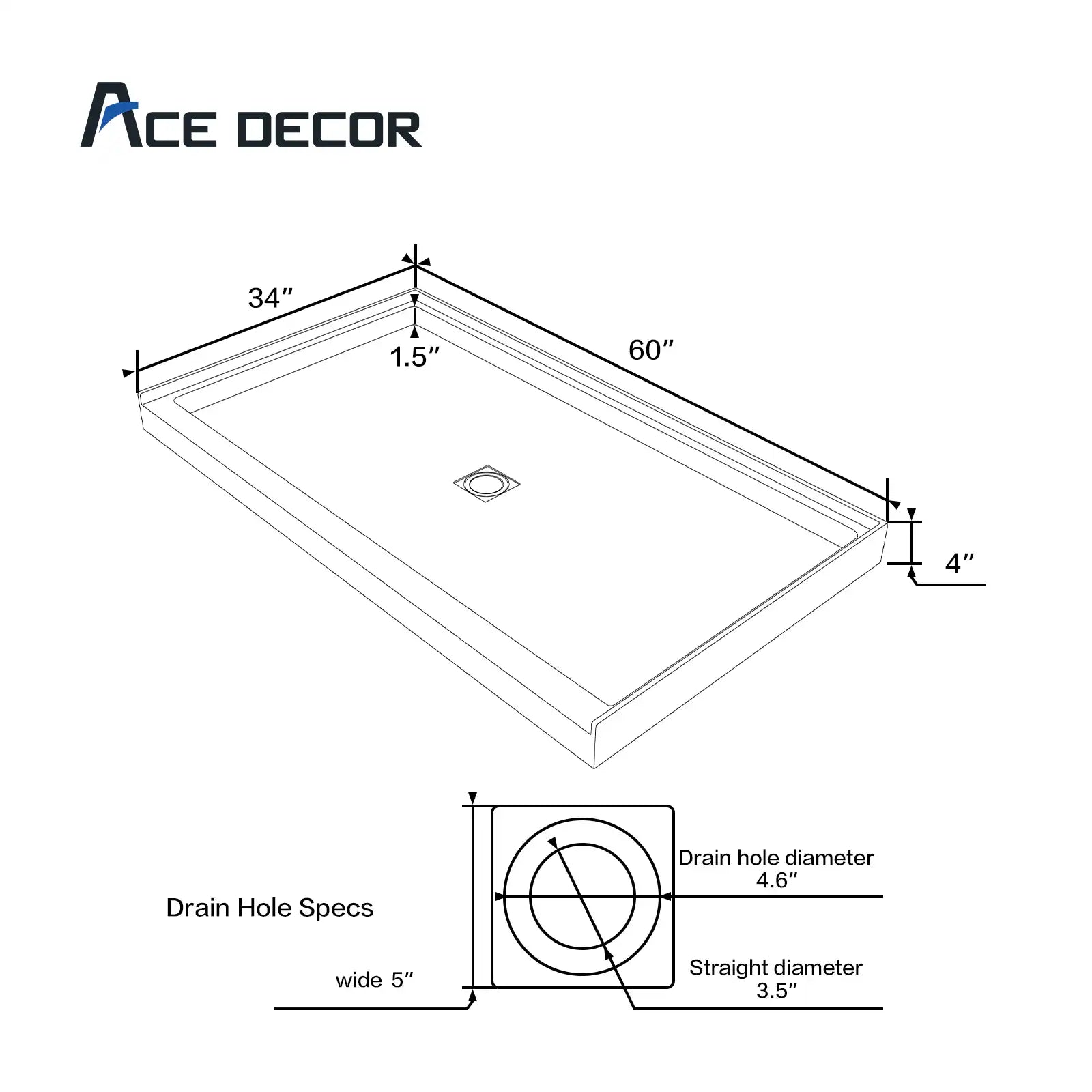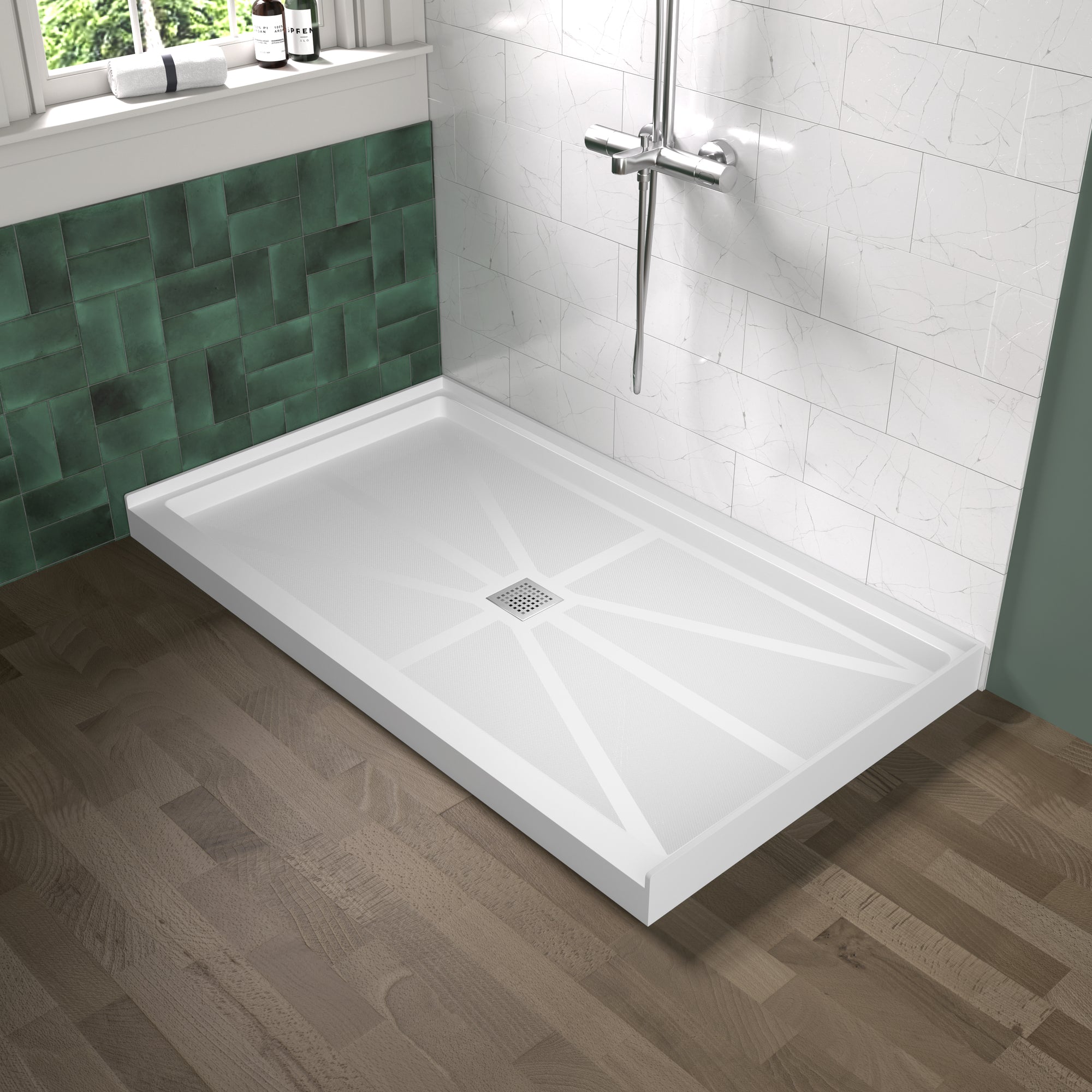Introduction
Ever stepped into your shower, turned around, and nearly knocked over a shampoo bottle or elbowed the cold tile wall? That’s not just bad luck—it’s the result of poor planning. For something we use every single day, most people spend surprisingly little time thinking about the sizes of shower bases before making a purchase.
And yet, choosing the wrong size doesn’t just affect comfort. It can lead to costly plumbing rework, poor drainage, daily frustration, or even reduced home resale value.
If you're building or remodeling, odds are you’re comparing 60x32 and 36x36—the two most widely used sizes of shower bases in the U.S. This guide dives beyond basic measurements to help you understand how each size affects your space, your lifestyle, and your bottom line.

1. What Do 60x32 and 36x36 Actually Mean in Practice?
When we talk about sizes of shower bases, we're not just looking at dimensions. We’re talking about how those dimensions interact with everything from your bathroom layout to your daily routine.
60x32 is a rectangular base, most commonly used to replace standard bathtubs. It's ideal for alcove installations and allows for generous movement space.
36x36 is a compact square base that fits neatly in corners or small bathrooms. It’s often used in secondary bathrooms or space-saving renovations.
These two options are so widely adopted because they hit the sweet spot between availability, compatibility, and cost. According to 2023 sales data from Home Depot and Wayfair, they account for nearly 45% of all shower base purchases.
But numbers alone don’t tell the whole story. Let’s dig deeper into what these sizes mean in real life.
2. Your Shower Habits Matter More Than You Think

Let’s face it: not everyone showers the same way. Some people are in and out in 3 minutes, while others treat it as a daily spa ritual.
That’s why lifestyle is one of the most overlooked—but most important—factors when selecting from different sizes of shower bases.
If you’re a “get in, get clean, get out” kind of person, 36x36 might be all you need. It’s tight, efficient, and gets the job done.
But if you enjoy long, leisurely showers or share the space with a partner or kids, 60x32 provides room to stretch, store essentials, or even install seating.
Designer and remodel expert Lydia Bowe told Modern Bathroom Trends:
“Size decisions shouldn’t be based only on floor plans. You have to ask: how does your family actually use the shower? That’s where satisfaction comes from.”
3. What Fits in Your Bathroom?
Space constraints are real. Even if you prefer a bigger base, your bathroom layout might have the final say.
60x32 requires a minimum 5-foot wall span, which is common in most master bathrooms or bathtub-to-shower conversions. It works best in alcove setups where three walls enclose the base.
36x36 can squeeze into tighter spaces and works well in corner configurations. If you’re remodeling a half-bath, adding a second shower, or dealing with unusual architecture, this size offers flexibility.
According to a 2022 survey by the National Association of Home Builders, over 60% of secondary bathrooms in remodels use 36-inch or smaller bases, making it a go-to for space-sensitive projects.
4. Drain Placement: The Invisible Dealbreaker

You can pick the perfect size—but if your drain doesn’t align, the installation hits a wall. Literally.
Drain location varies not only across sizes of shower bases, but also by manufacturer. Here’s what to expect:
60x32 often features end-drain or side-drain configurations. These require alignment with your bathroom’s existing plumbing and may limit flexibility.
36x36 bases more commonly feature centered drains, simplifying the process, especially in new installations or full gut renovations.
Make sure to check product specs and plan around your existing rough-in. A minor oversight here can add hundreds of dollars in plumbing labor.
5. Real-World Comfort: What It Feels Like to Use These Bases
Comfort is subjective—but when it comes to showers, space matters.
With 60x32, you get room to turn, stretch, or store accessories without feeling boxed in. If you're tall, broad-shouldered, or using accessibility fixtures like grab bars or seats, this extra space is a game-changer.
36x36 offers just enough room for basic movement, but may feel tight for larger individuals or those who like to move around while showering.
User review (Wayfair, 2023):
“Our new 60x32 shower base feels like a mini spa compared to our old setup. My husband and I can both use it without bumping elbows. Huge upgrade.”
6. Installation & Shipping: Logistics That Affect Your Budget

Among all sizes of shower bases, size doesn’t just affect comfort—it also influences cost and logistics.
60x32 units tend to weigh more and exceed standard shipping size thresholds. That means higher freight costs and possibly a two-person lift requirement.
36x36 units are lighter, more manageable, and often qualify for standard delivery without surcharges.
According to FedEx Freight Guidelines (2023), items longer than 60 inches can incur oversize fees ranging from $40 to $90 depending on destination and weight class.
Also, consider your DIY skill level. Larger shower bases might require a pro installer—adding $300 to $500 in labor.
7. Resale Value & Long-Term Flexibility
Think beyond today. Choosing from the right sizes of shower bases can impact your future home value and adaptability.
60x32 is considered a “standard” size in most real estate markets. That makes it easier to resell, easier to renovate again later, and easier to accessorize.
36x36, while great for certain uses, may limit appeal to future buyers if used in a primary bath. It’s better suited for guest or secondary bathrooms.
In a 2023 Redfin home sales analysis, listings that featured full-size showers (60 inches or more) sold 12% faster and at a 4% premium compared to those with compact or corner shower setups.
8. Materials, Finishes & Brand Options

Size is important—but durability, style, and material finish also play a major role in long-term satisfaction.
Popular materials across both sizes of shower bases include:
- Acrylic: Affordable, easy to clean, and lightweight.
- Stone Resin / Solid Surface: High-end look, better heat retention, and scratch resistance.
- Fiberglass: Budget-friendly but prone to cracking or staining over time.
Top brands offering both 60x32 and 36x36 options:
- ACE DECOR – Affordable and well-rated for ABS-acrylic hybrid bases
- Kohler – Known for quality and timeless designs
- DreamLine – Excellent customization and enclosure kits
- MAAX – Durable with flexible drain configurations
Be sure to pair your shower base with compatible doors or curtains. Not all enclosures fit all shower base sizes.
9. Price Breakdown: Not Just About Size
The price difference between these two sizes of shower bases isn't just in the dimensions—it’s in features, material, and brand.
- 36x36: $200–$600 depending on material and brand
- 60x32: $300–$900+ for higher-end or ADA-compliant models
Installation costs may vary depending on drain relocation, waterproofing needs, or subfloor reinforcement.
Conclusion
Choosing between 60x32 and 36x36 shower base sizes isn’t just about square inches. It’s about how you live, how your bathroom works, and what you want from the space—not just now, but for years to come.
Go with 60x32 if:
- You need more room or want a spa-like feel
- You’re replacing a standard bathtub
- You want better resale appeal
Choose 36x36 if:
- You're short on space or working with corners
- You’re remodeling a guest or rental bathroom
- You want easier DIY installation
Ready to find your perfect fit? Browse our curated selection of the most popular sizes of shower bases!
FAQ
Q1: Are all sizes of shower bases compatible with walk-in showers?
A: Not necessarily. While 60x32 works well for walk-in or curbless showers, smaller sizes like 36x36 may require thresholds or doors to contain water.
Q2: Can I add a custom seat or bench in these sizes?
A: Most 60x32 units can accommodate built-in or removable seats. 36x36 bases are typically too compact unless custom designed for it.
Q3: What’s the minimum ceiling height needed for shower base installation?
A: Most installations require at least 80 inches of vertical space, but adding rain showers or tall glass enclosures may require more clearance. Check product-specific guidelines.
Related Articles:
2025 Comparison of popular 58-inch Shower bases
Still Hesitating? The Amazing Benefits of Solid Shower Bases!
Common Mistakes to Avoid When Installing Shower Bases or Shower Pans
